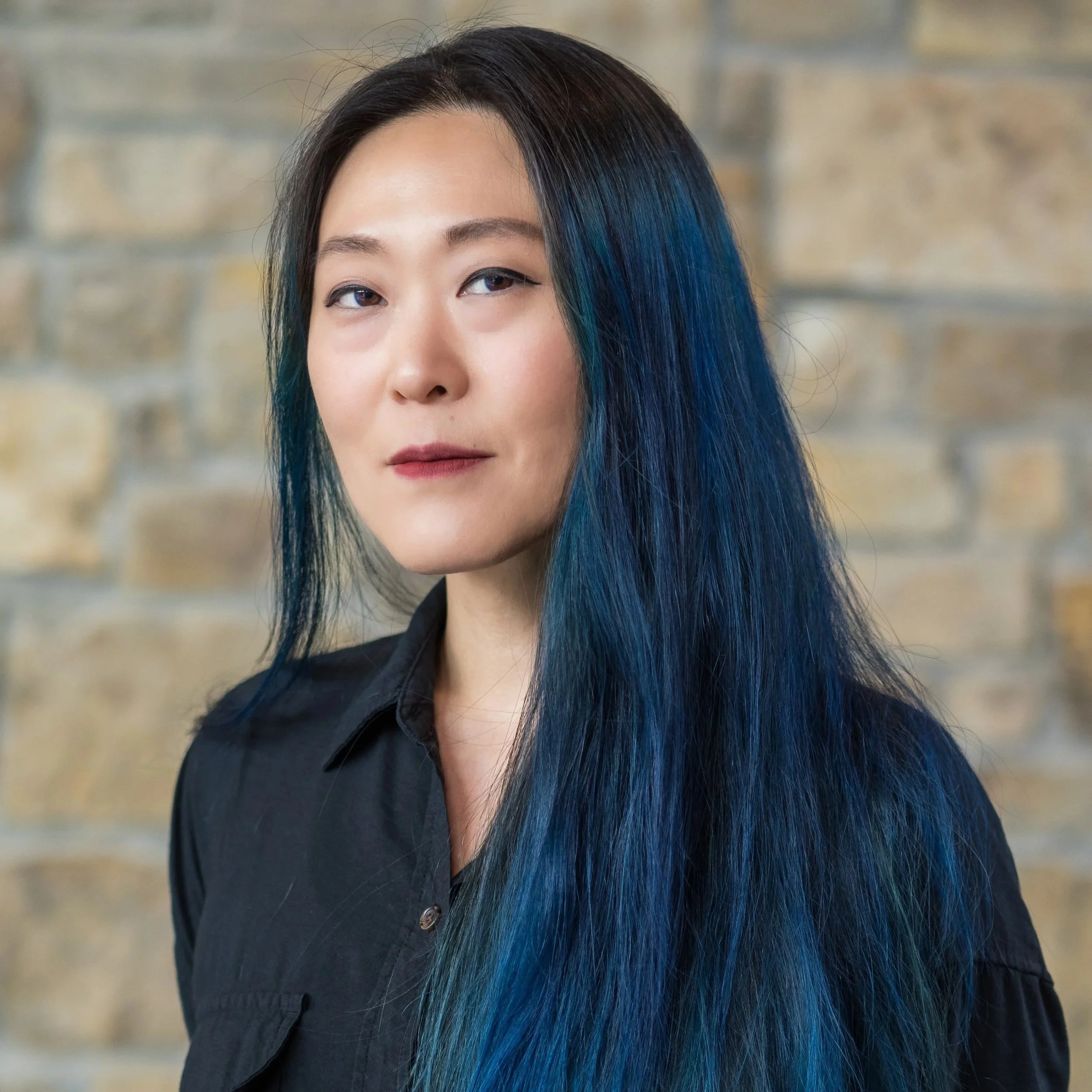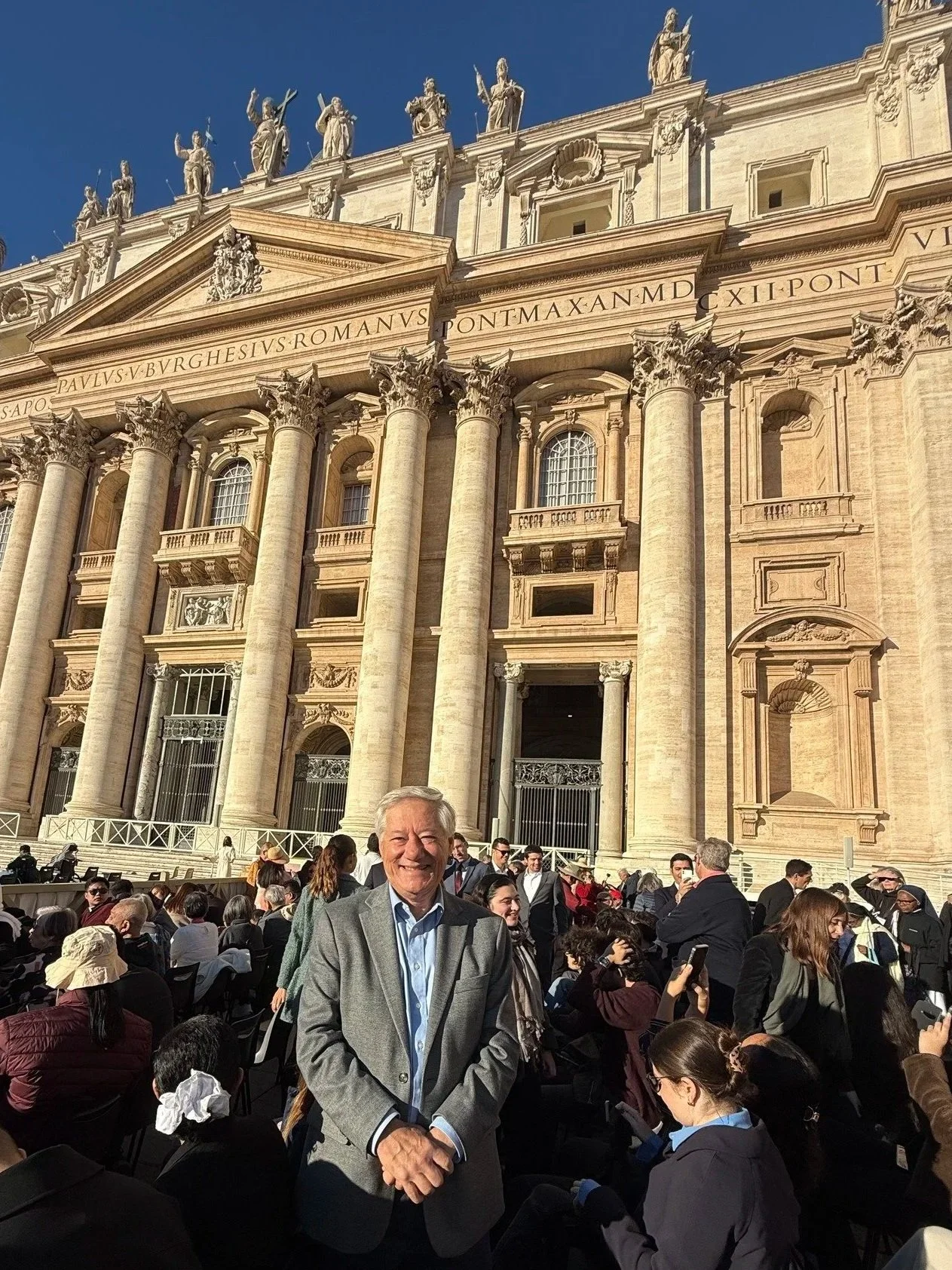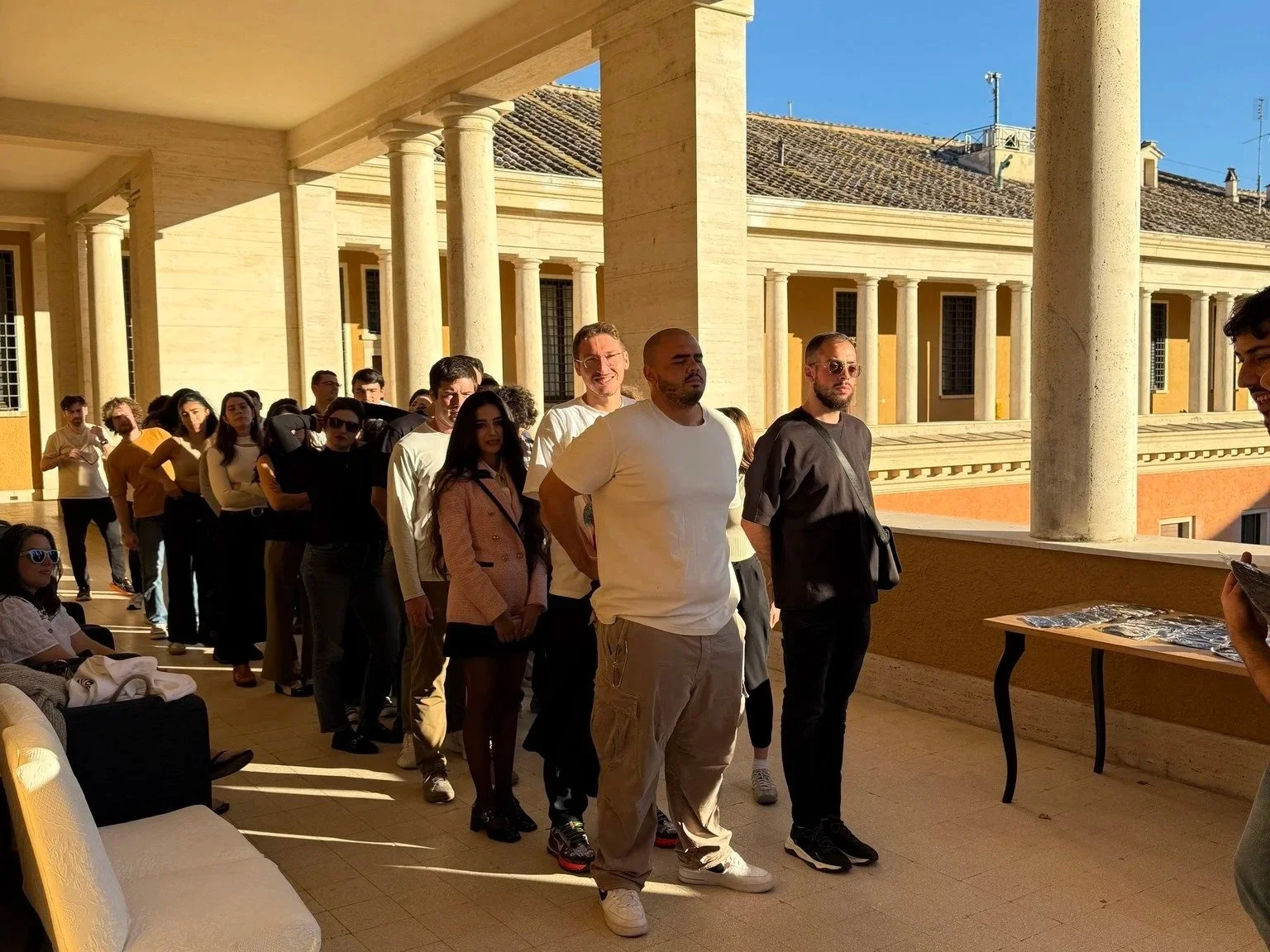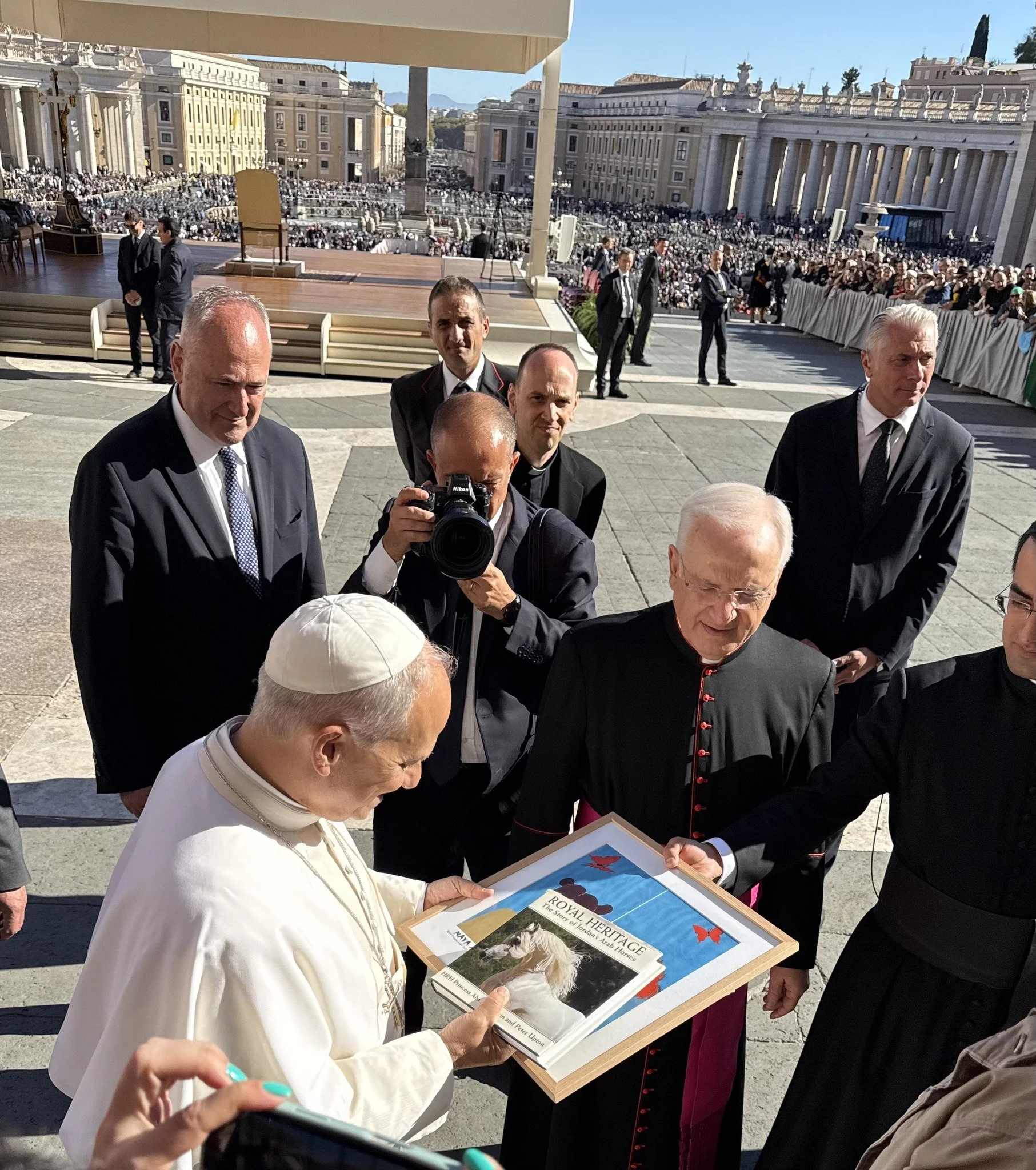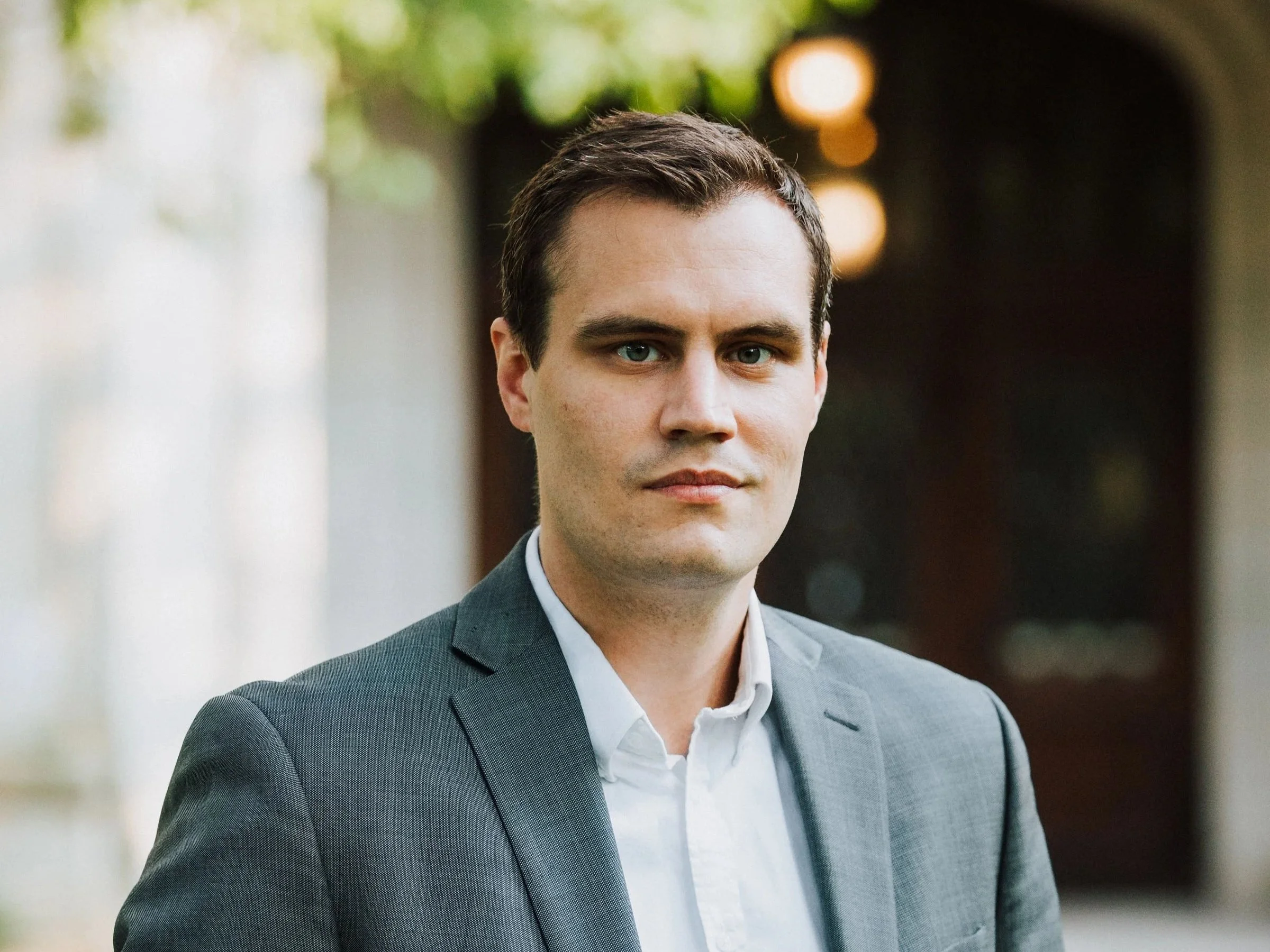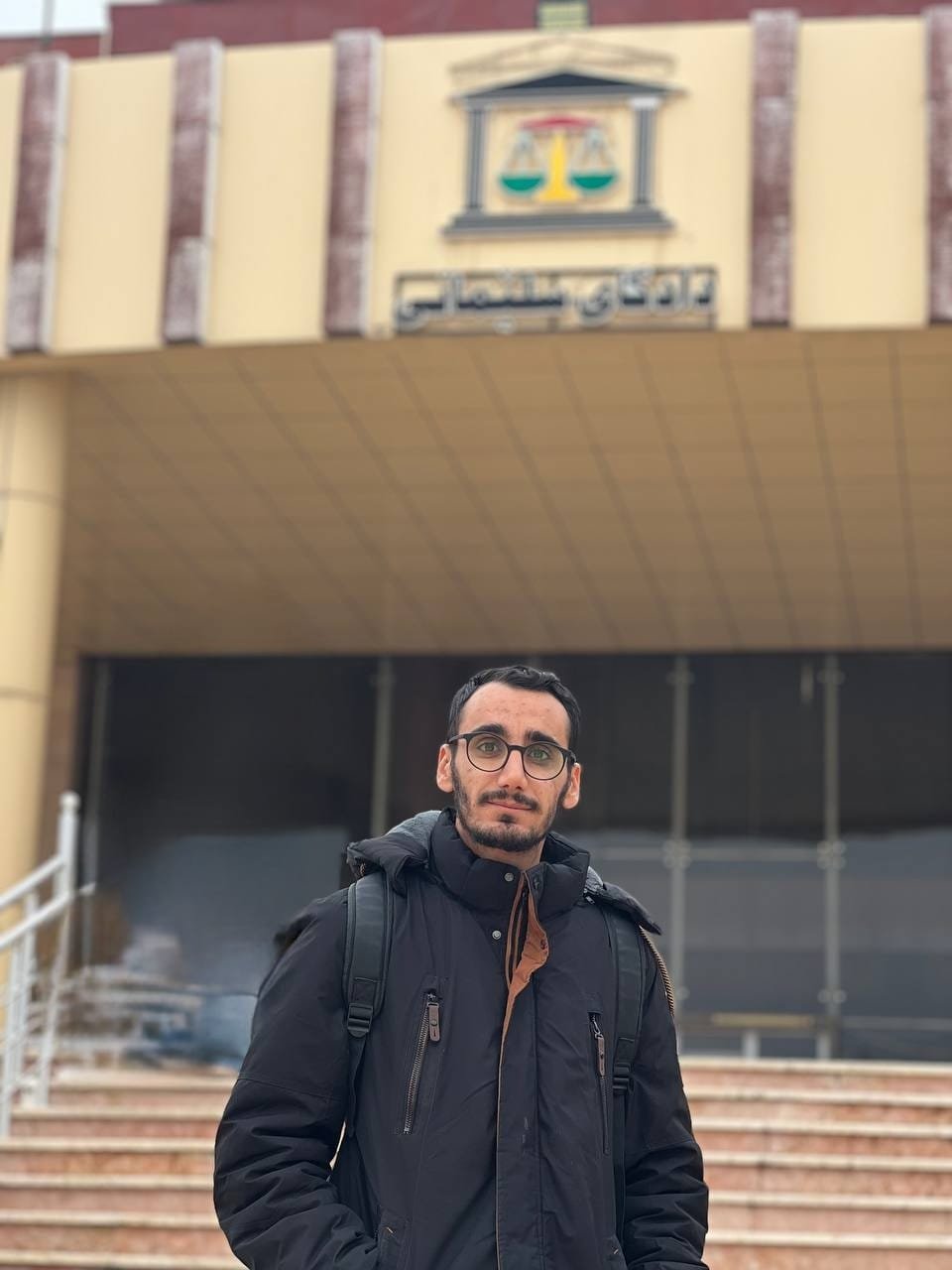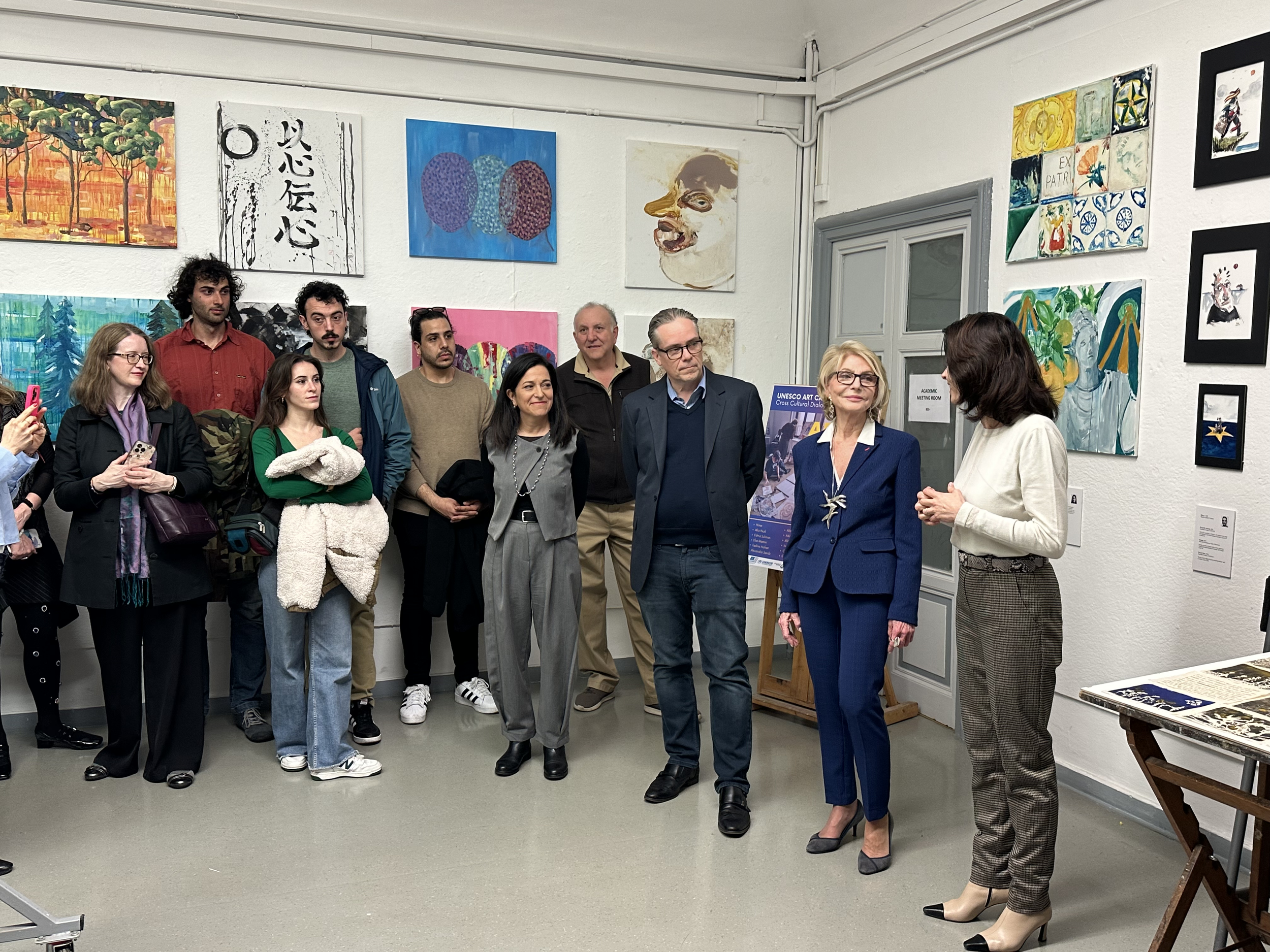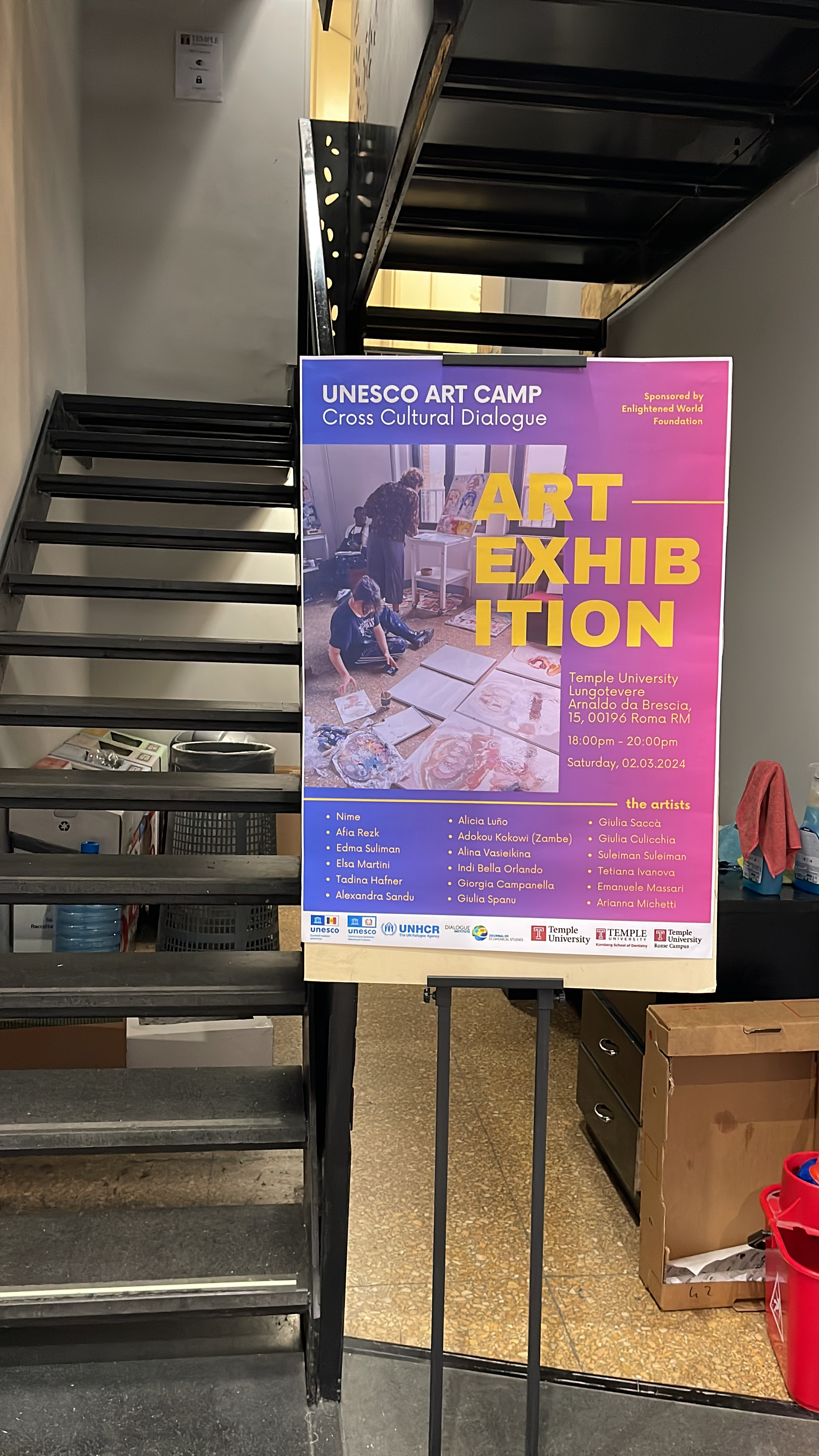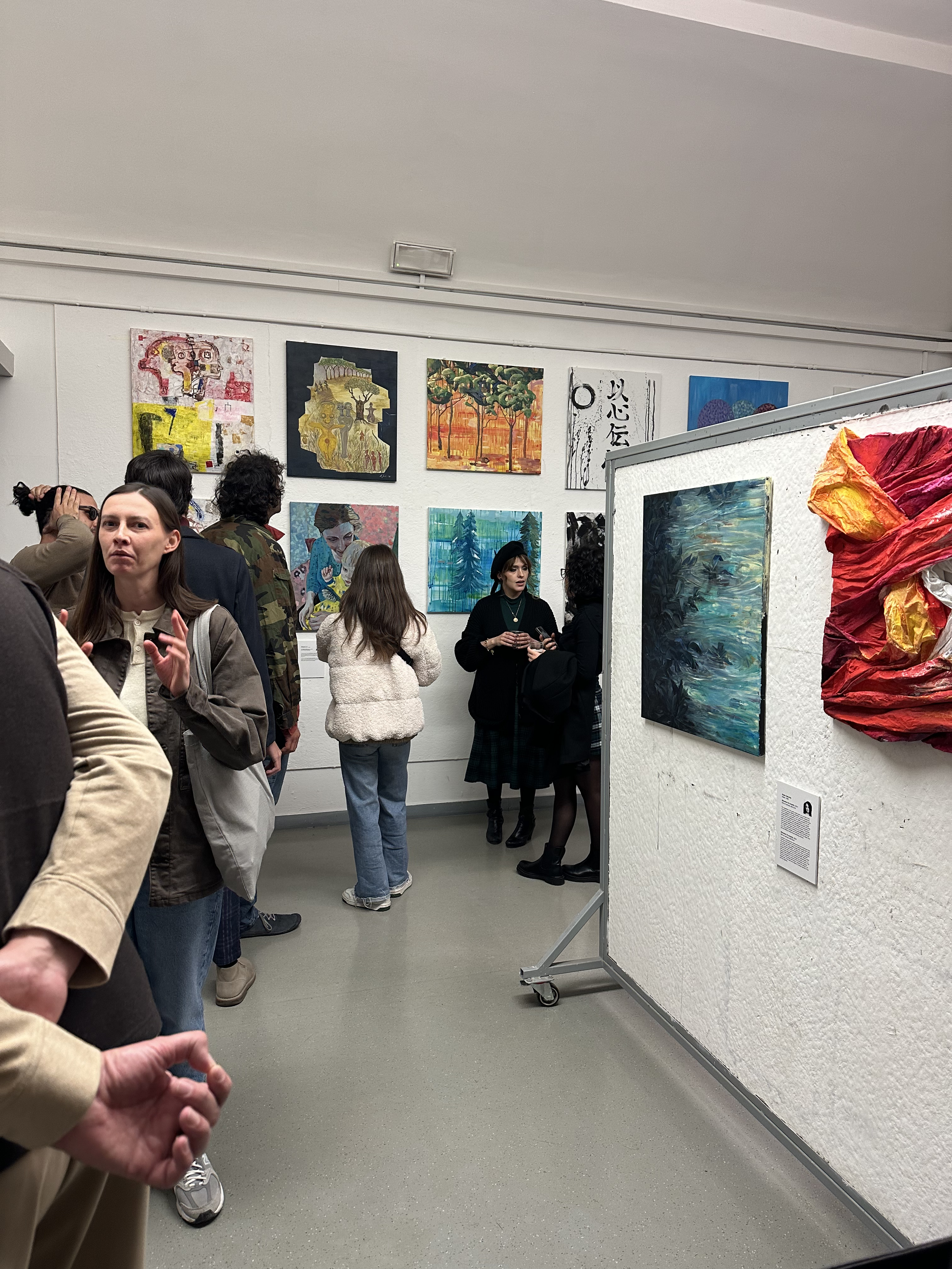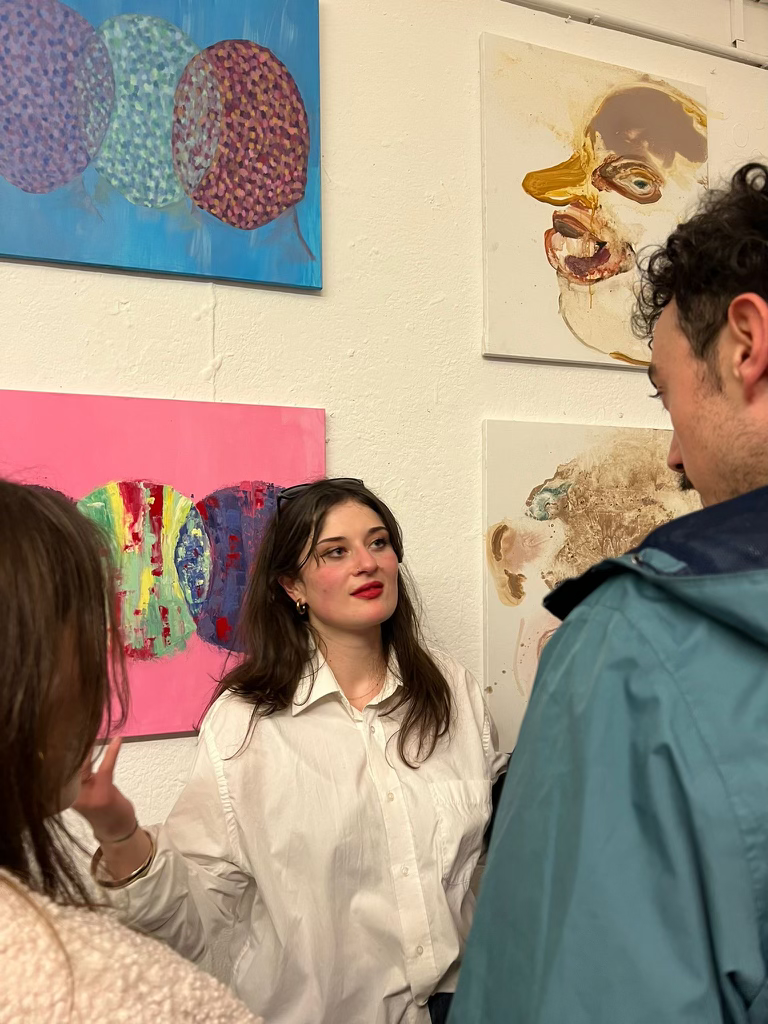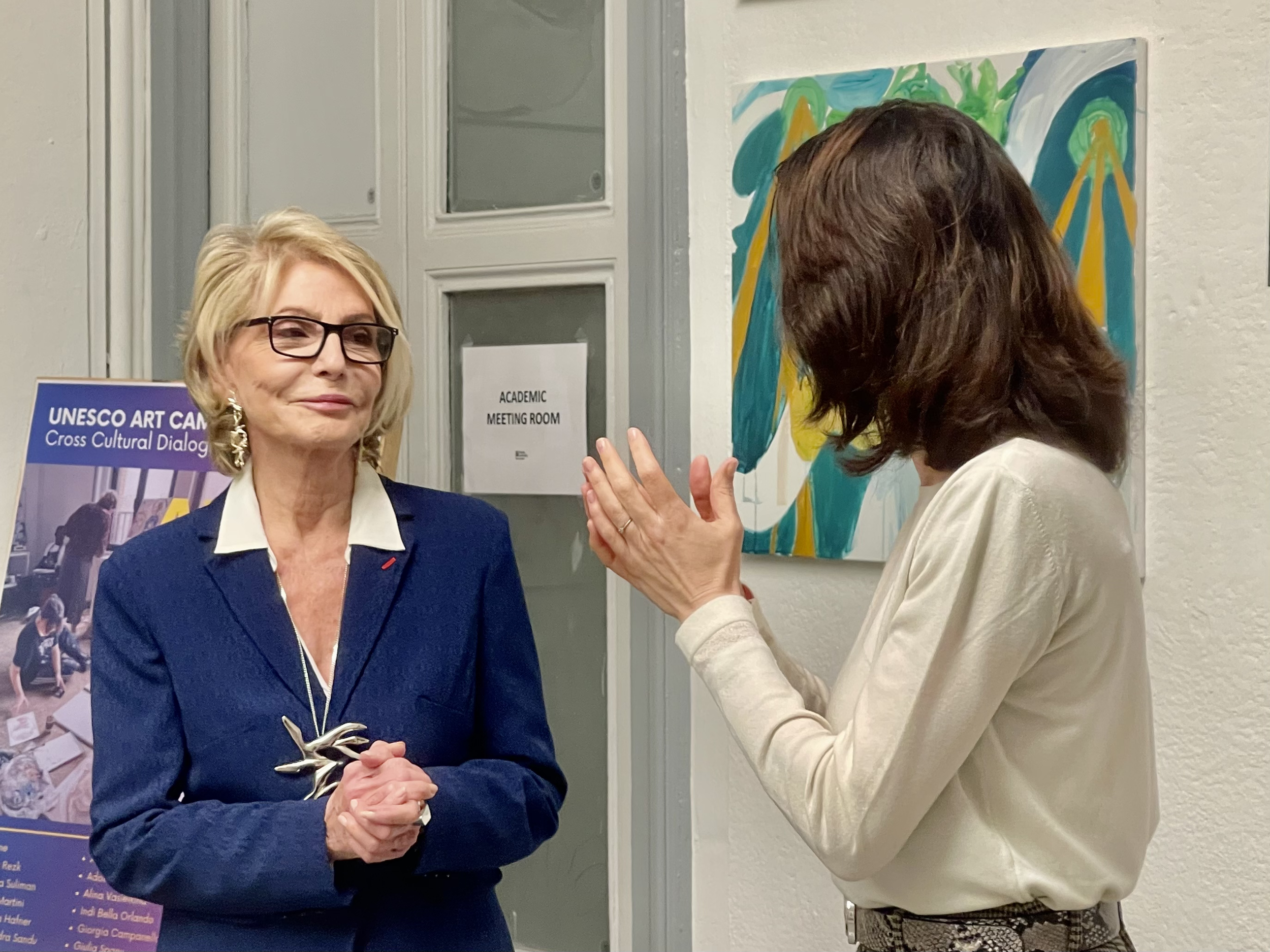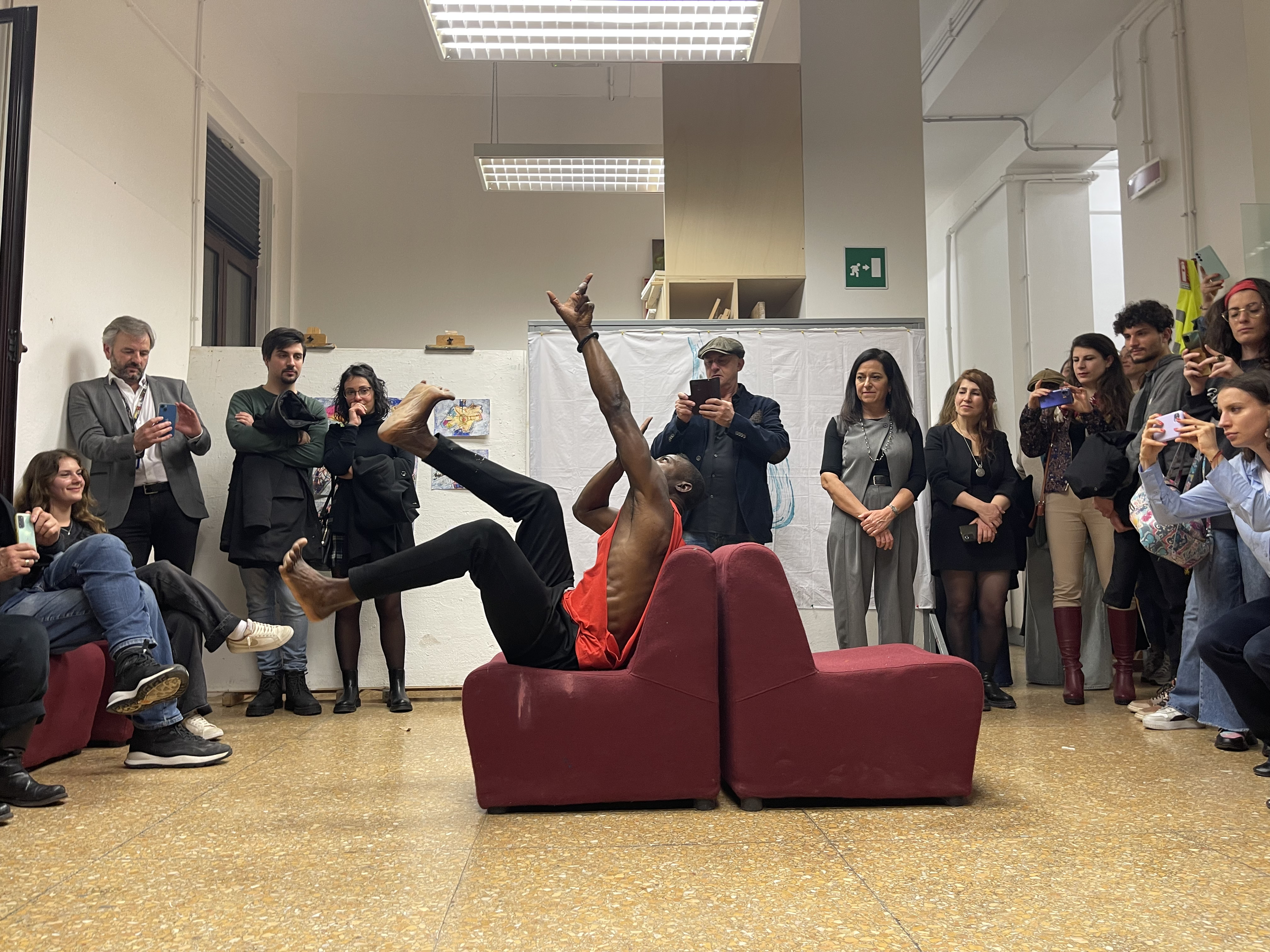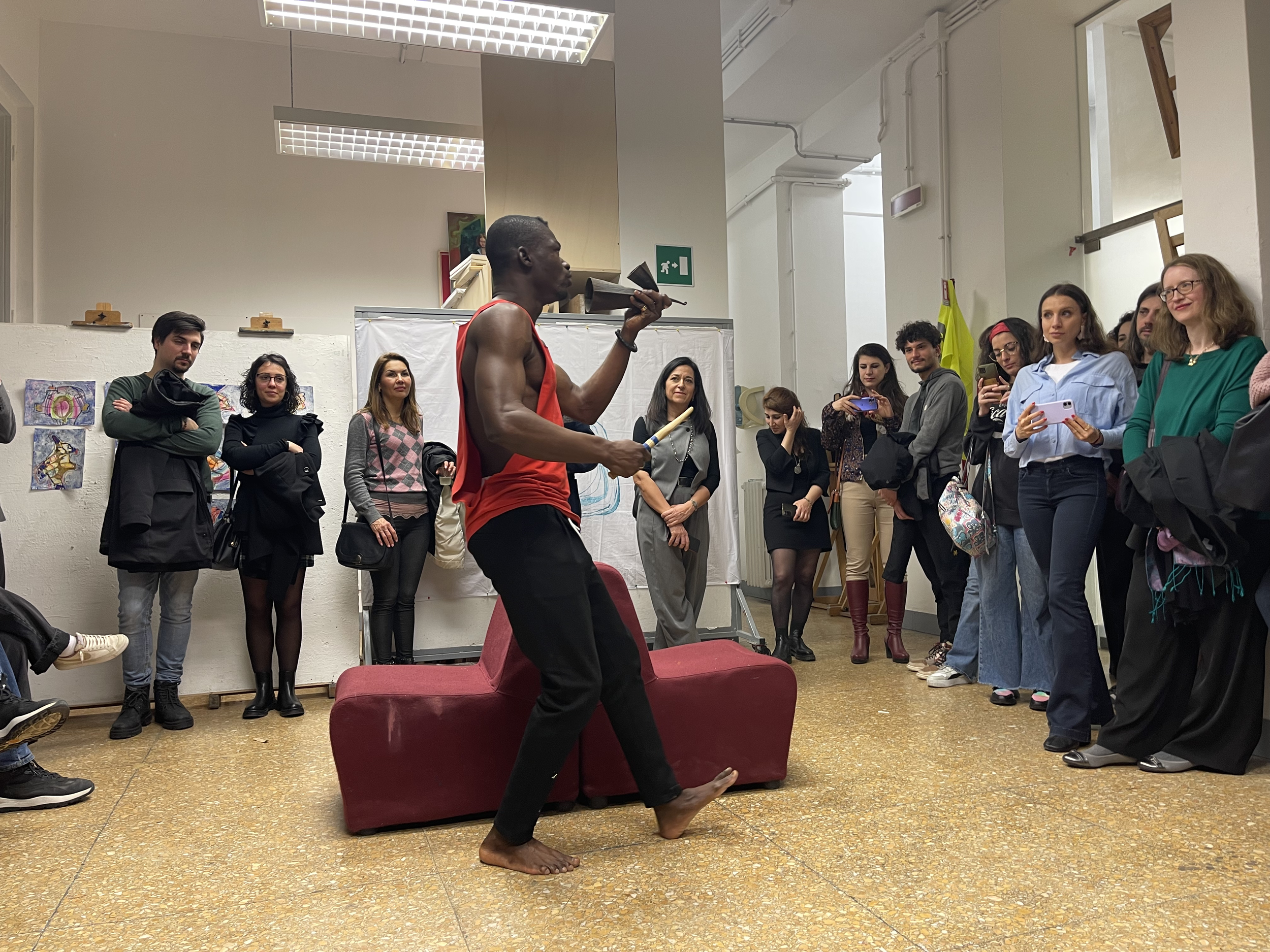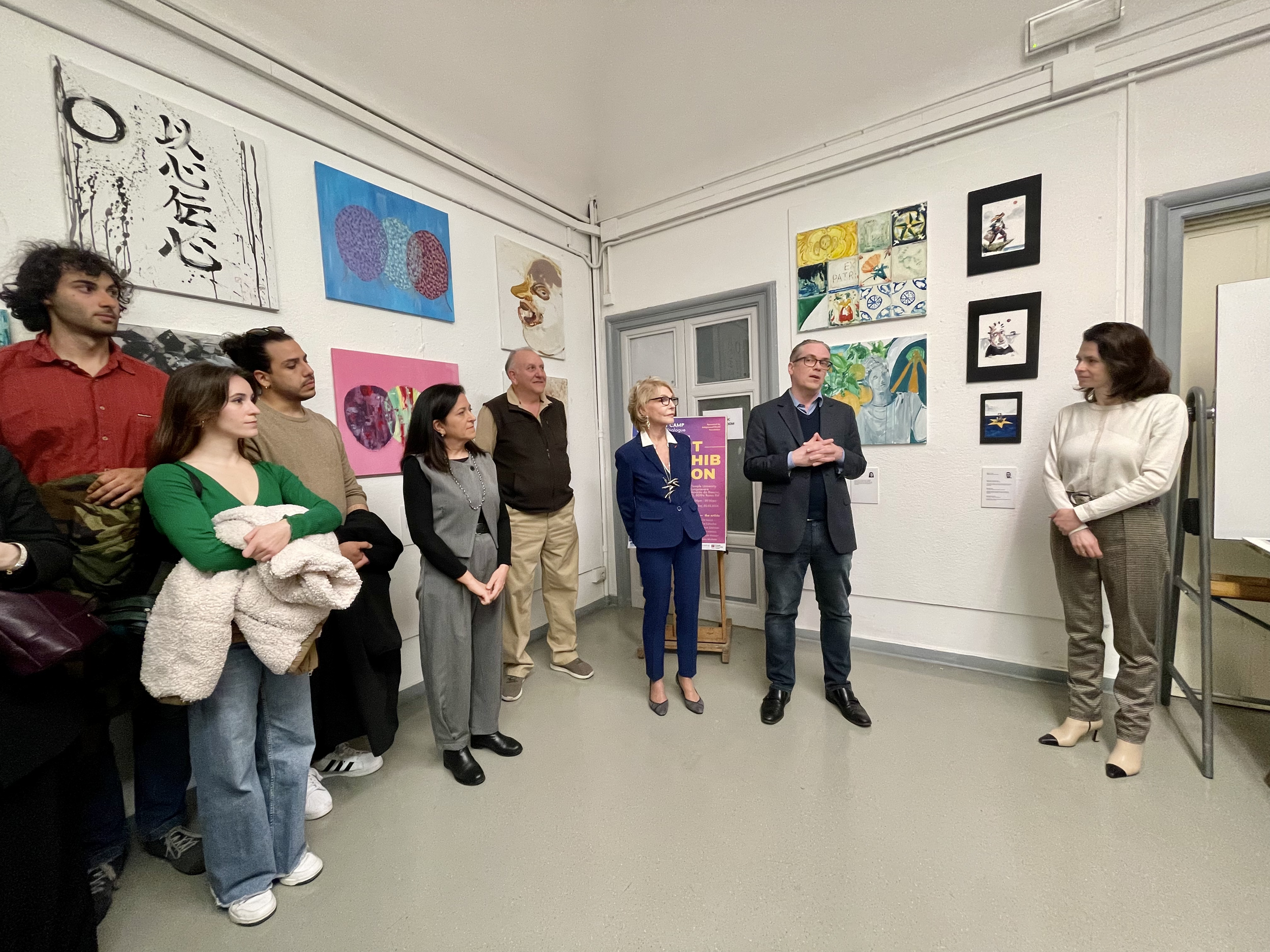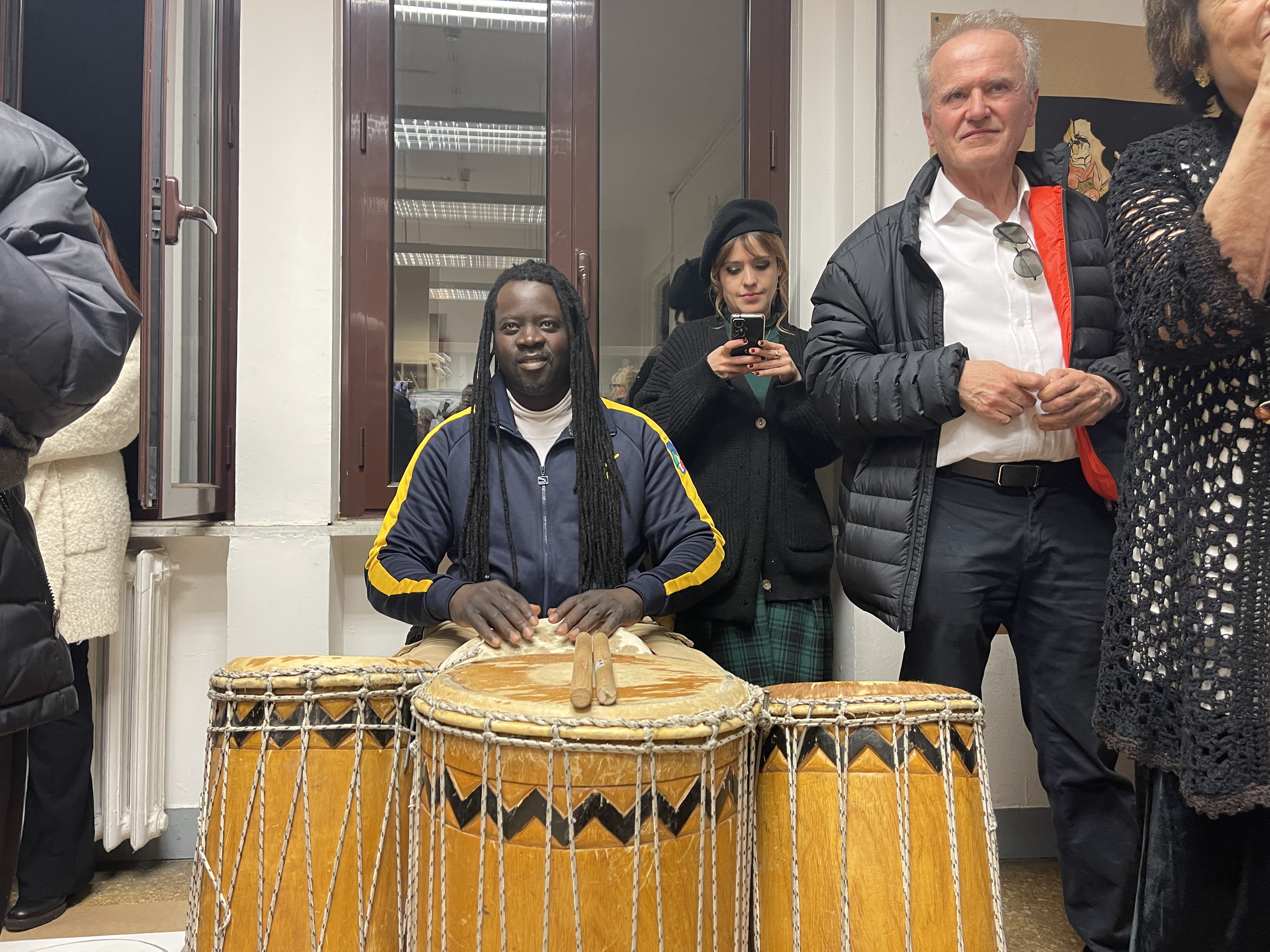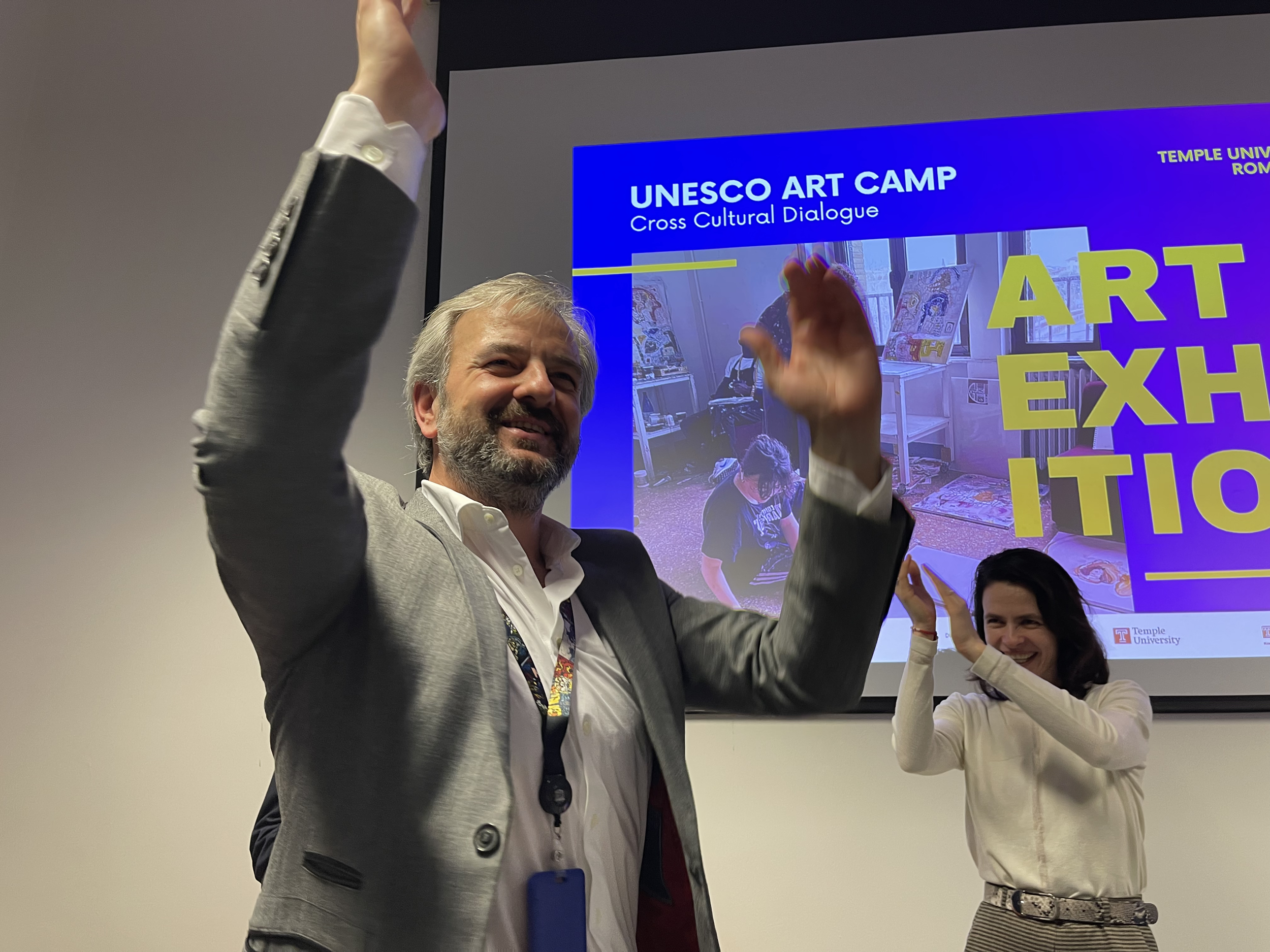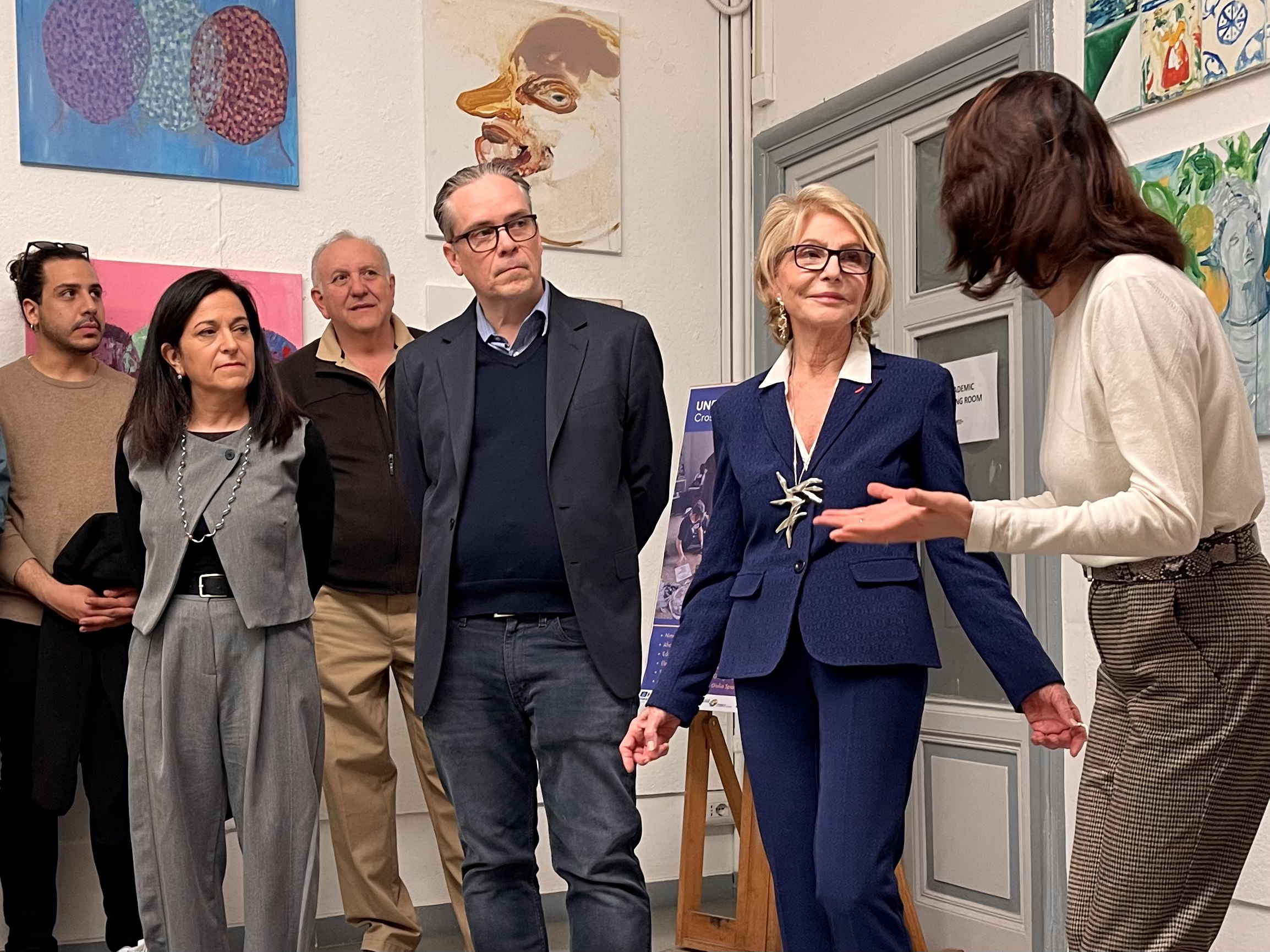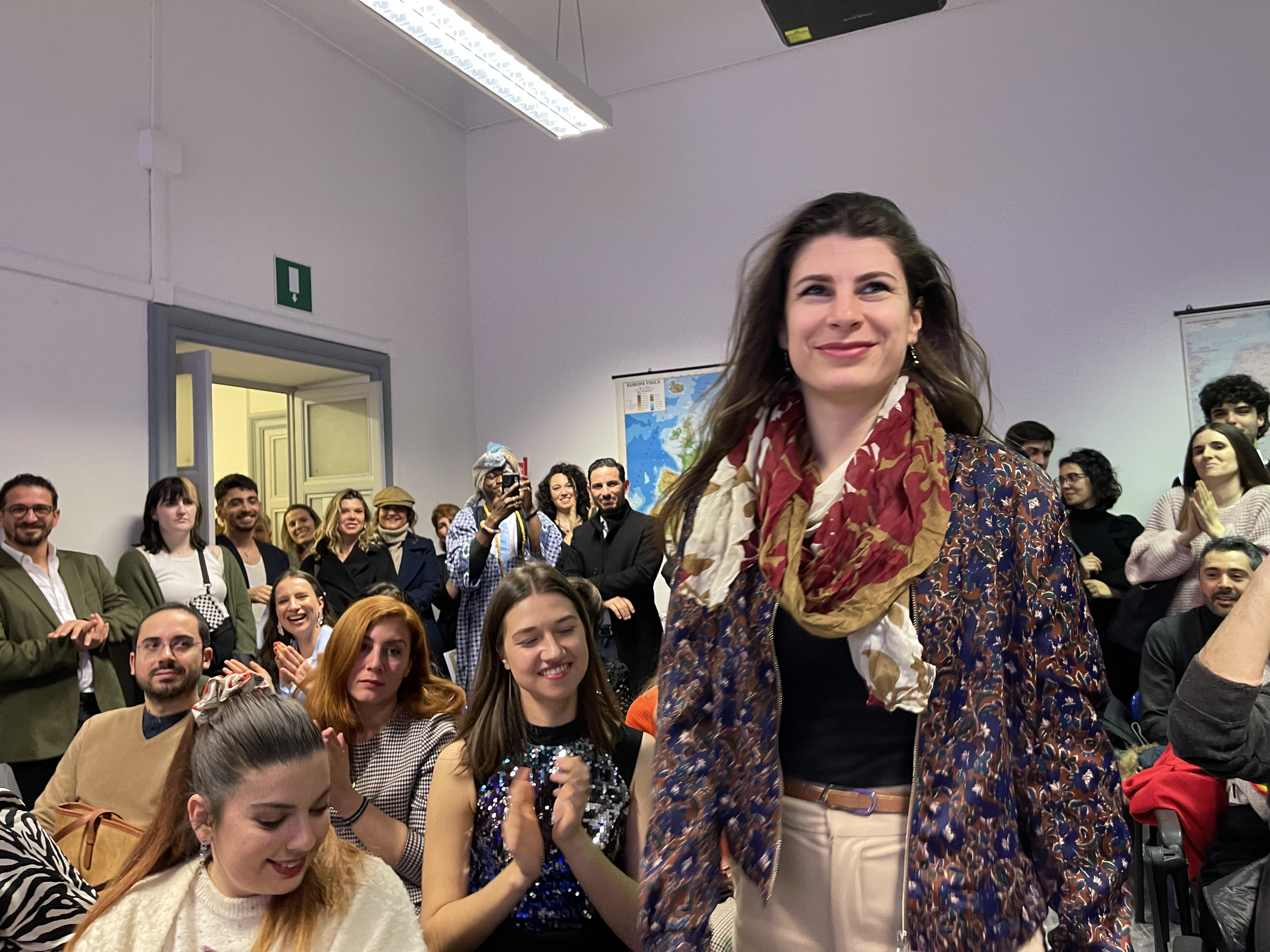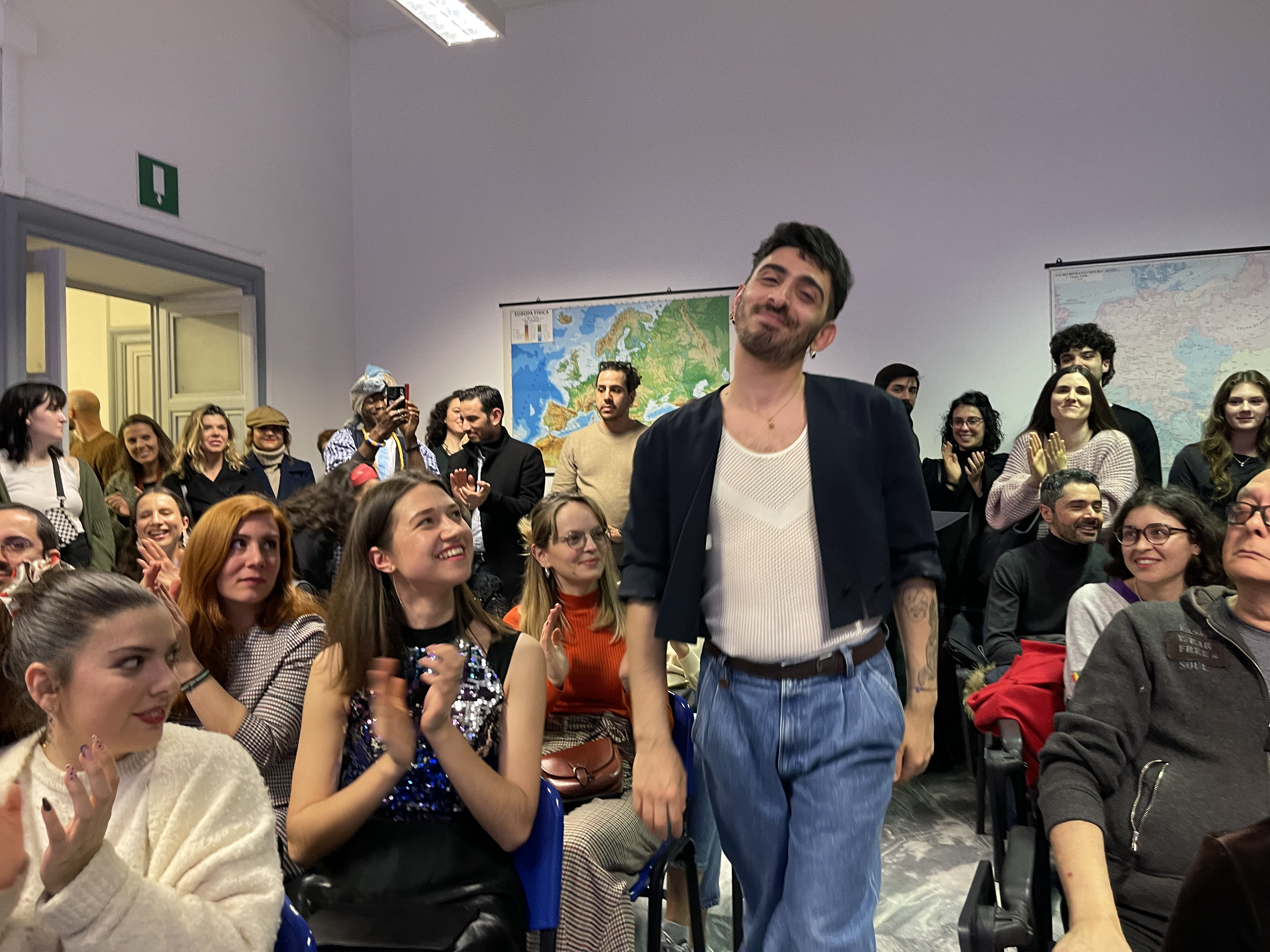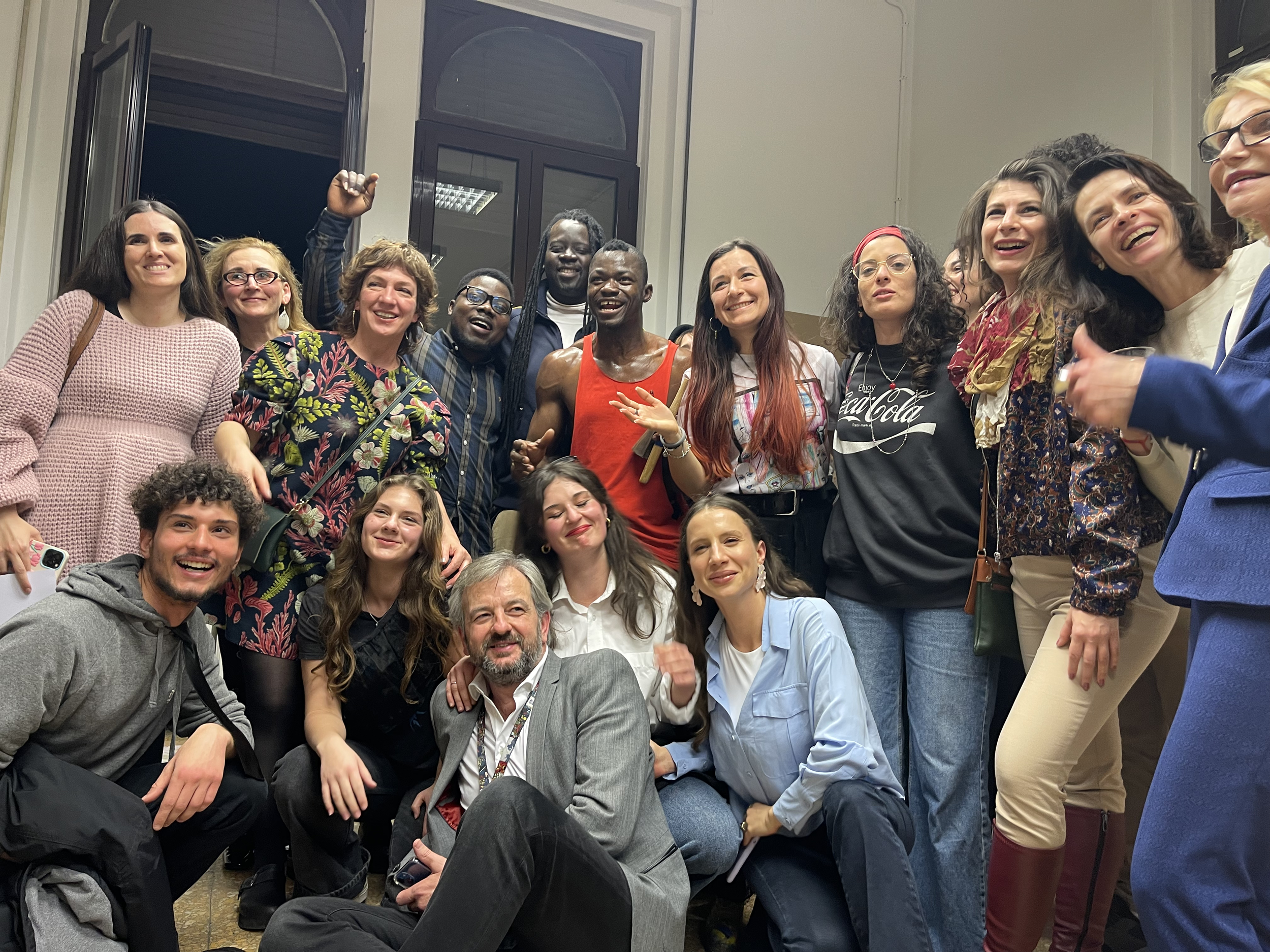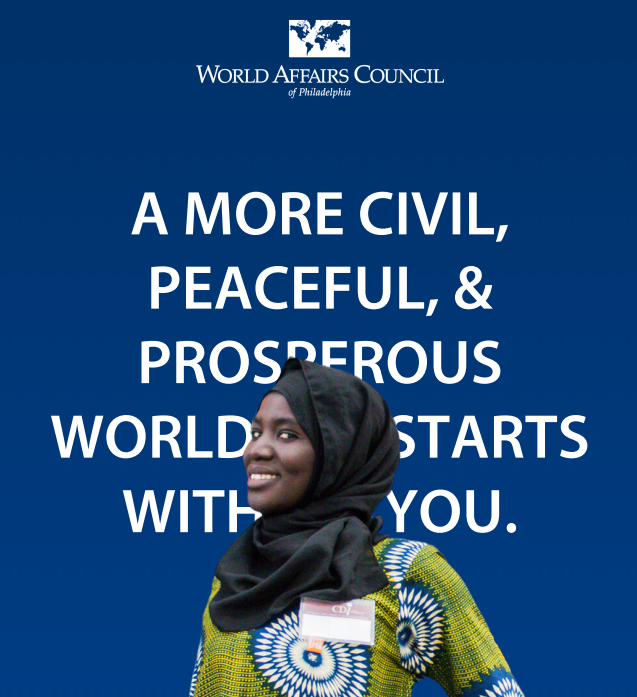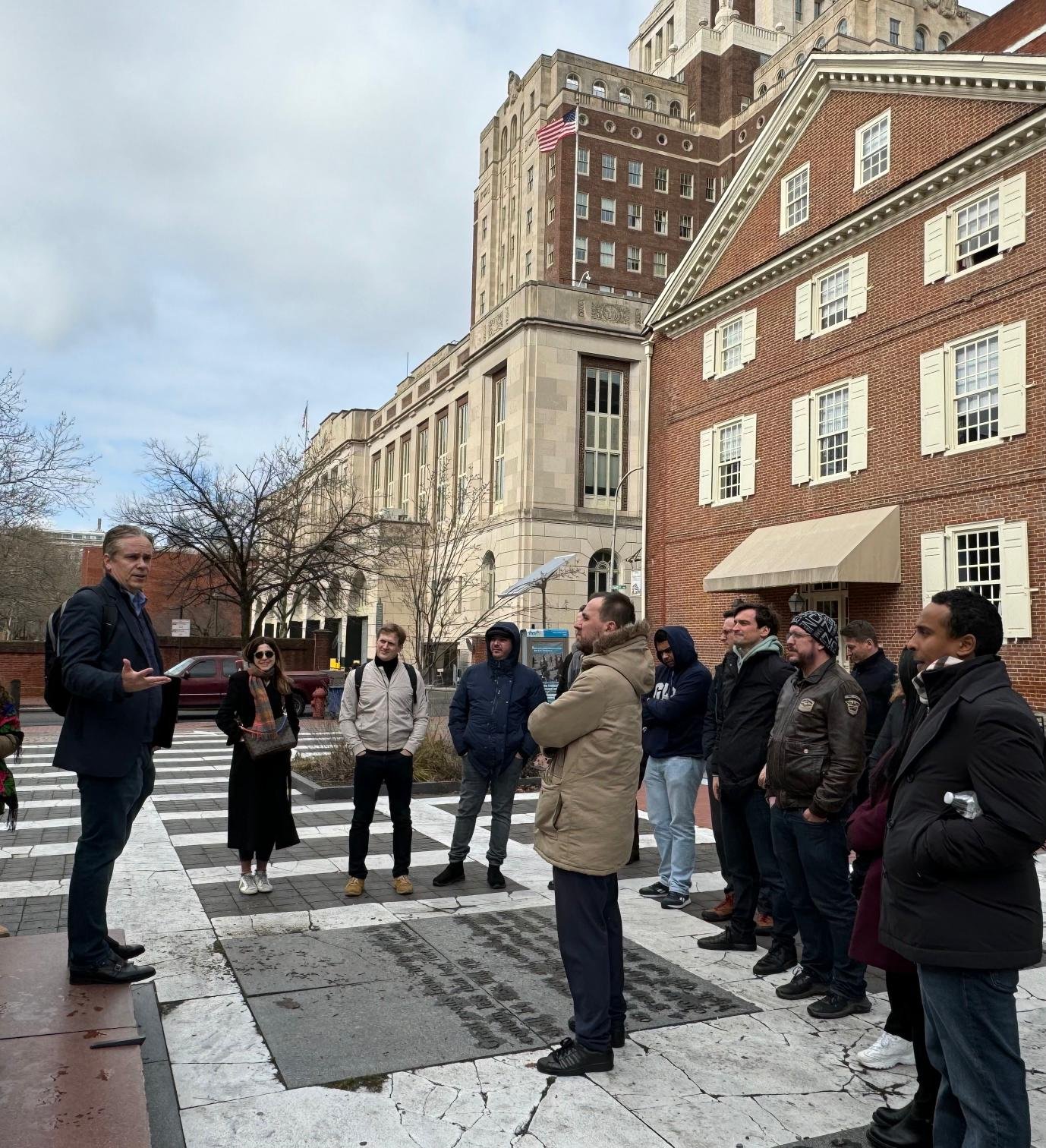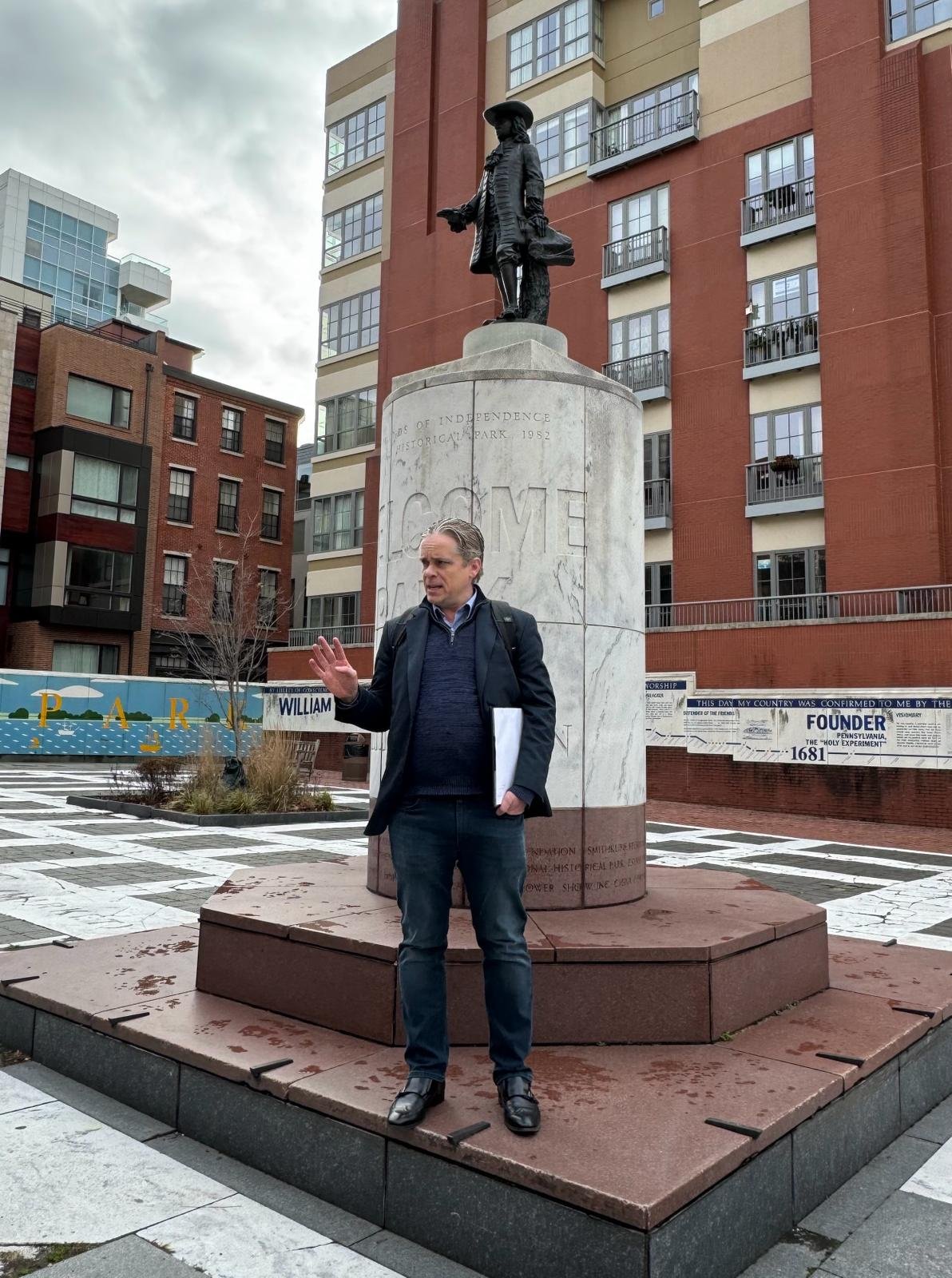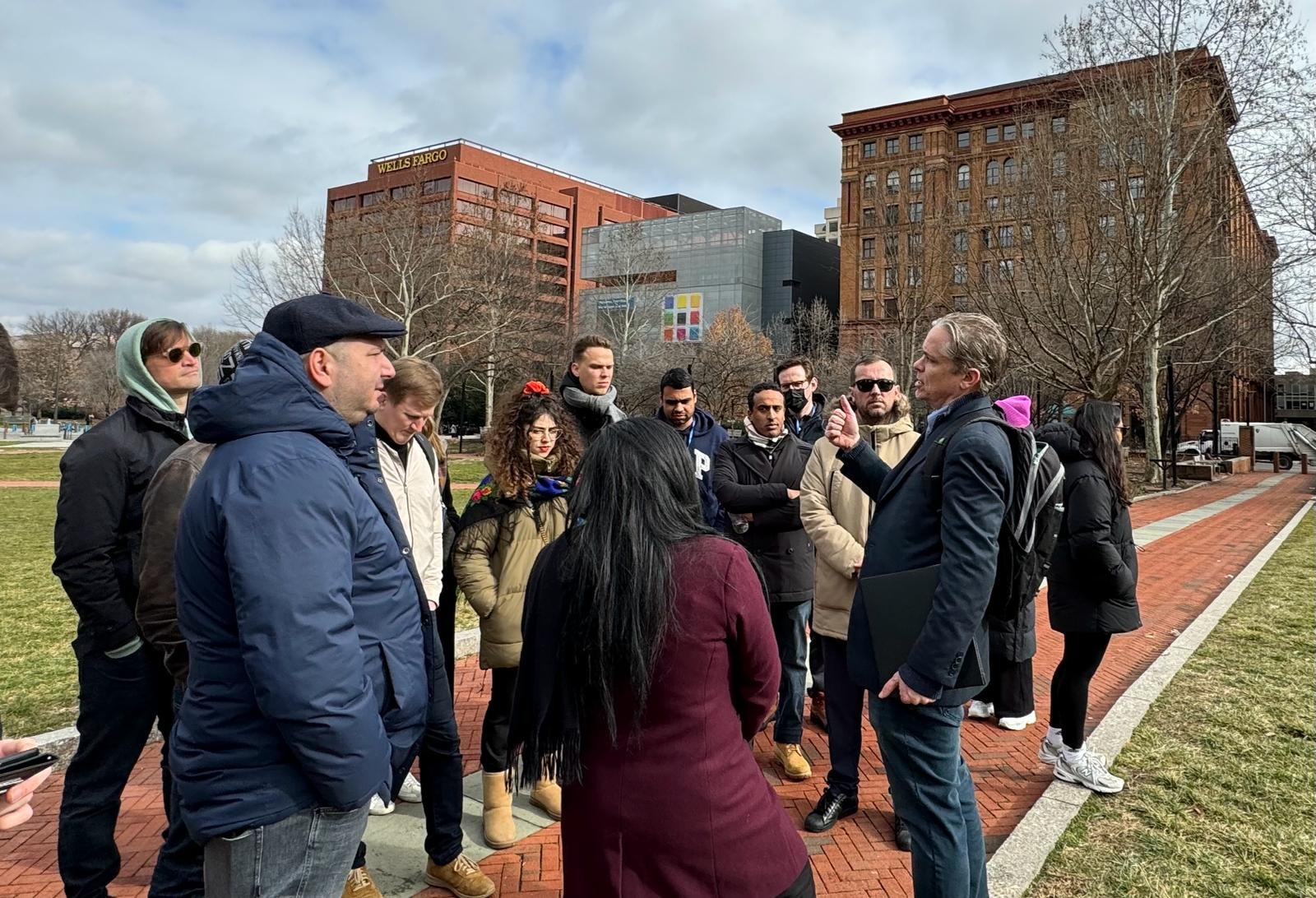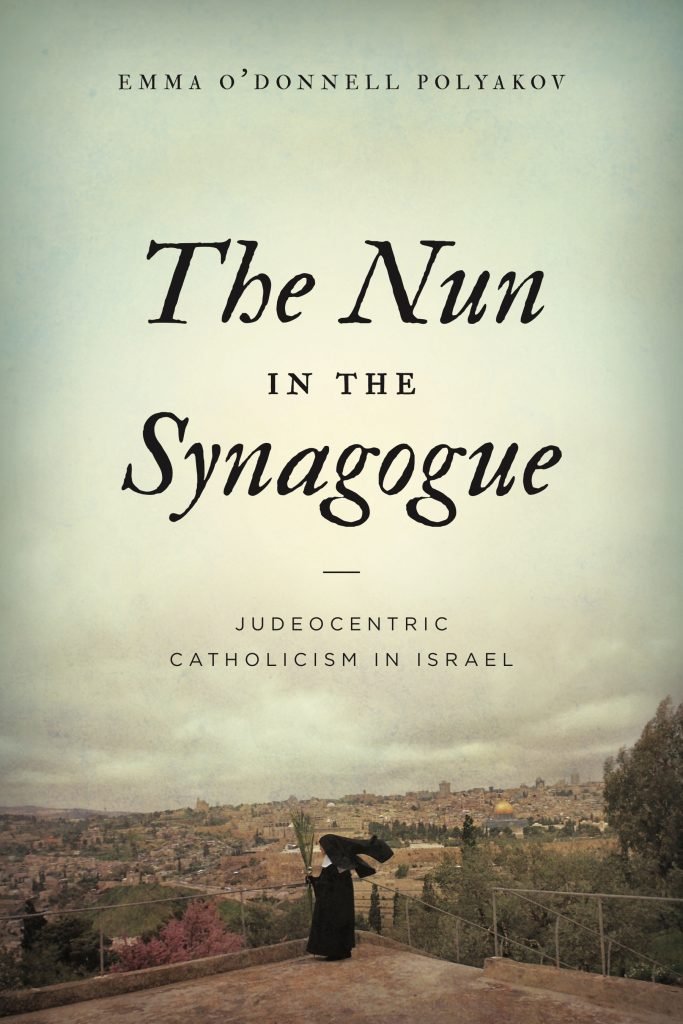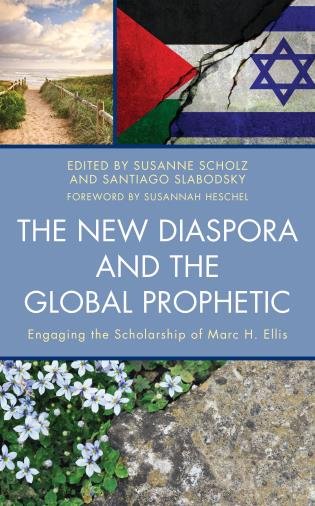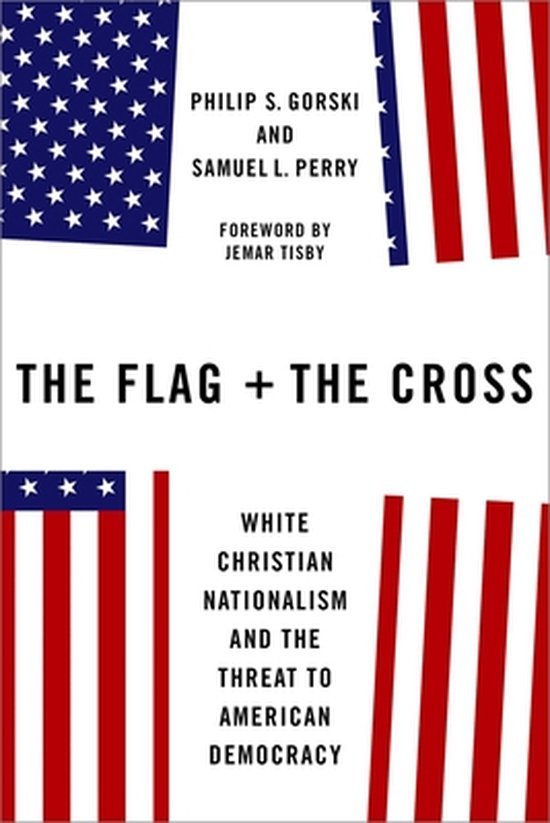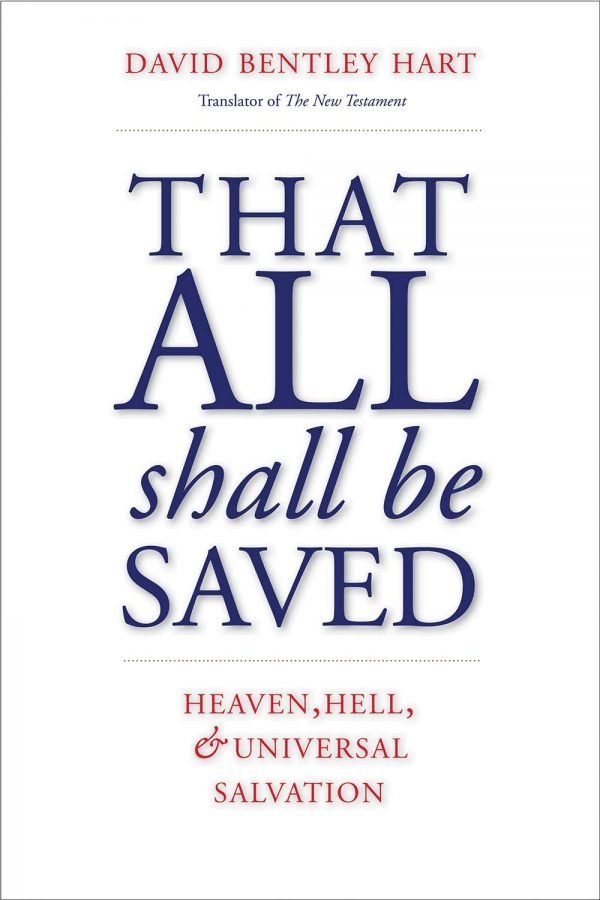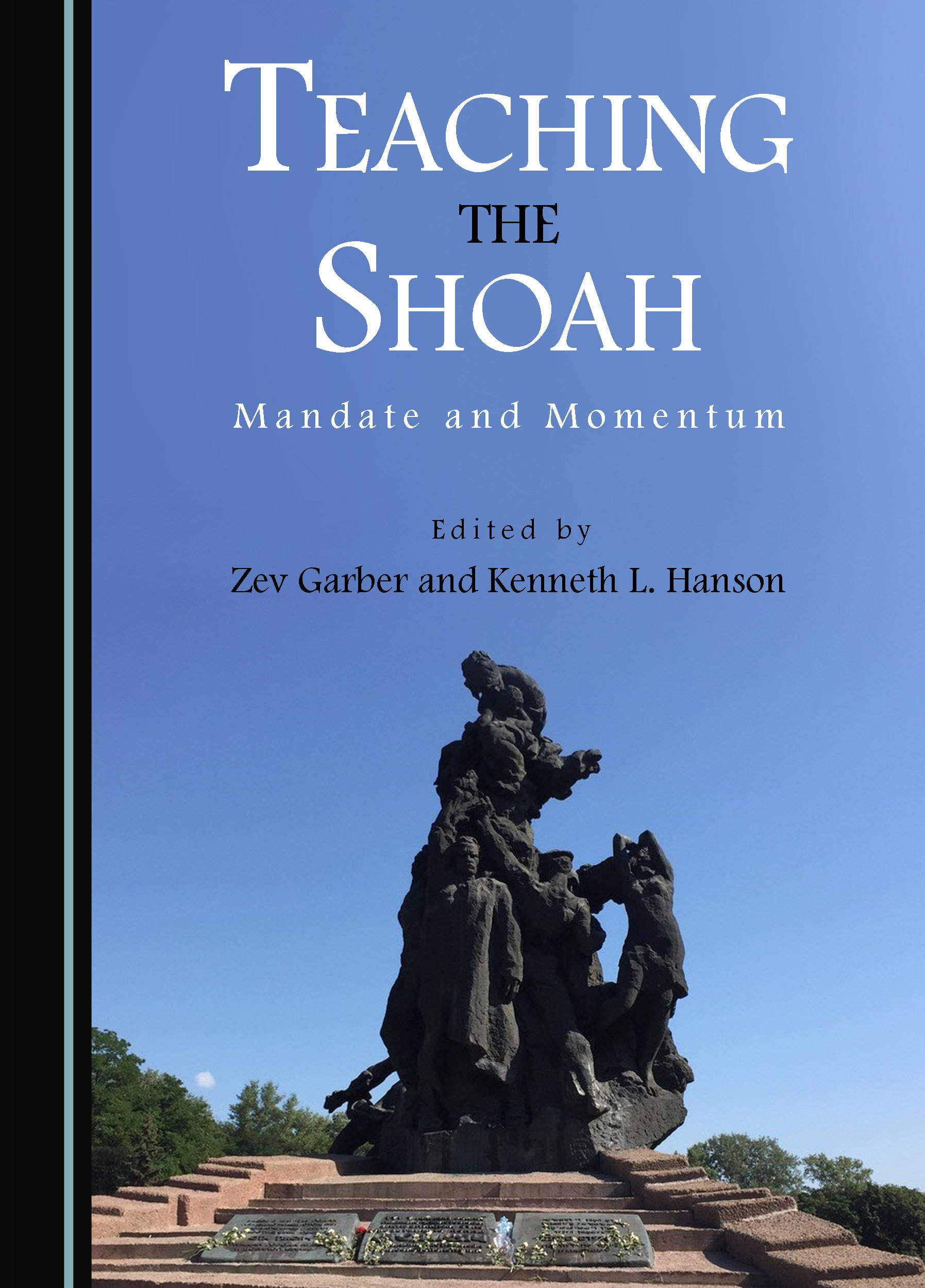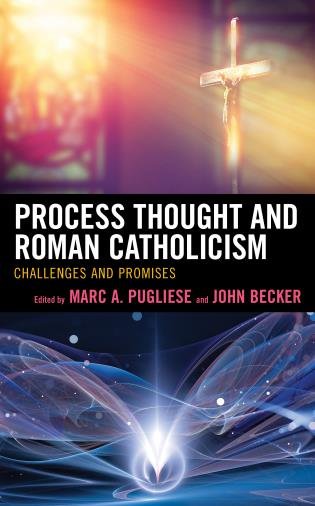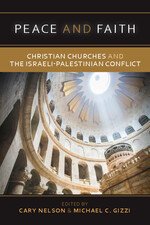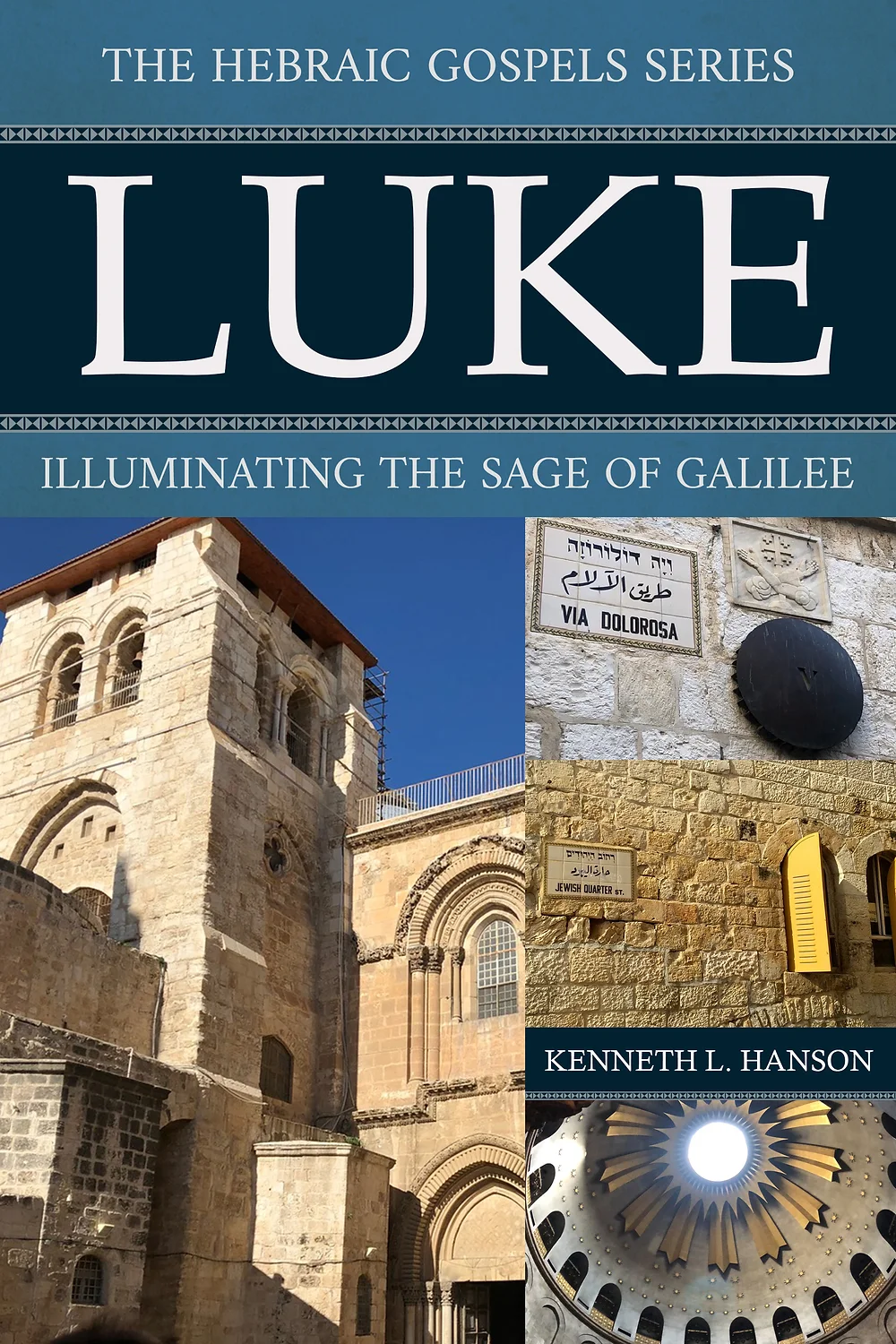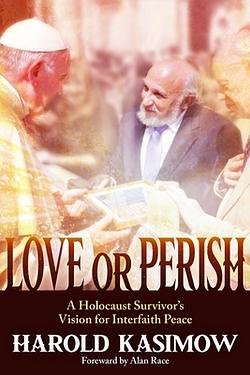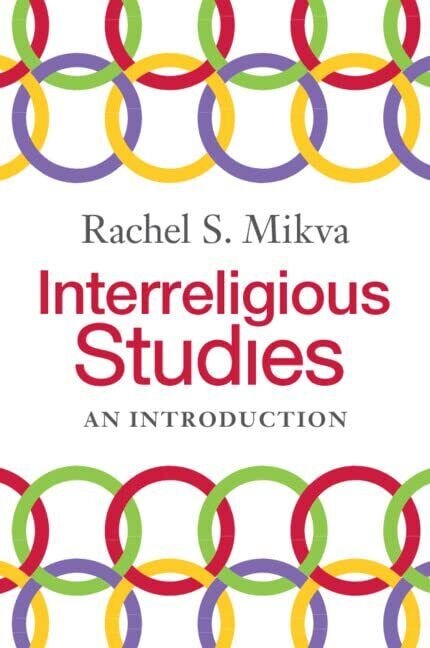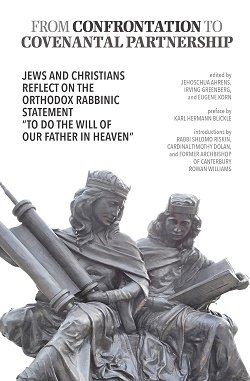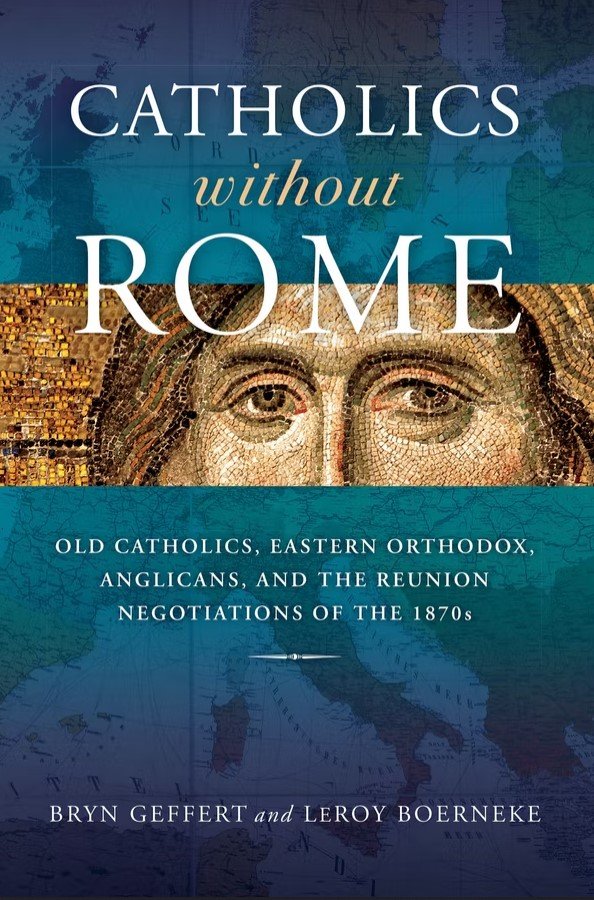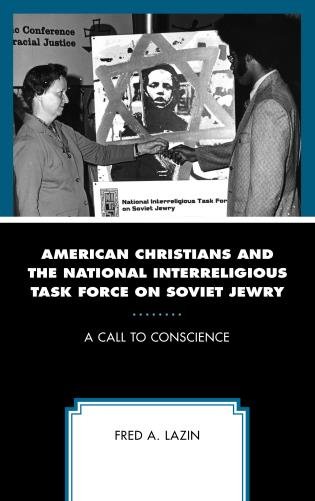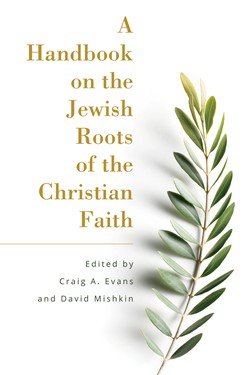Featured JES Author: Minjung Noh on Evangelical Inheritance and the Infrastructure of Crisis: Korean Women Missionaries Reconsidered
Issue 60.4 of the Journal of Ecumenical Studies is now available via Project Muse.
For each issue, the Diablogue features one author and makes a full-text PDF version of their article available on Project Muse for 60 days.
In this issue, we feature Minjung Noh’s "Evangelical Inheritance and the Infrastructure of Crisis: Korean Women Missionaries Reconsidered."
Minjun Noh is a as associate professor at Lehigh University, in Bethlehem, Pennsylvania.
In two sentences, what is the central argument of your J.E.S. article?
My article argues that contemporary evangelical missions often rely on a notion of disaster as something that can be managed and controlled through spiritual and material aid, while paying insufficient attention to the structural networks that perpetuate conditions of crisis. Using South Korean missions as a case study, I critically assess the gendered dynamics at work, while emphasizing that this discourse of disaster is not unique to Korean missions, but is widespread across global evangelical mission practices.
Your essay challenges how Christian missions often frame suffering as a call to act rather than a condition shaped by more profound injustices. What do you hope readers from different Christian traditions will rethink about how faith communities respond to crisis and suffering?
The difference between integrative or more progressive missiologies and evangelical missions (such as those associated with Lausanne or more conservative models) is significant, yet the latter are often overlooked or caricatured in both secular academic literature and progressive Christian discourse. While critical engagement with evangelical missions is essential, and while I write as a secular scholar of religion, I argue that this conversation must continue within ecumenical frameworks. Liberationist and progressive evangelicals do exist, and even comparatively conservative evangelical missiology and practice can acknowledge and address broader theological, structural, and global challenges. This essay approaches evangelical missions as objects of critical analysis rather than theological advocacy, attending to their global influence while resisting reductive or dismissive framings.
I aim to avoid othering or alienating particular theological perspectives from scholarly and public discourse simply because they do not align with modern liberal frameworks. In a moment marked by the climate crisis, neoliberal economic inequality, and political polarization, scholars, practitioners, and informed publics alike must pursue responses that move across theological and ideological differences. Religious studies is a field trained to think seriously about differences such as religious, racial, gendered, economic, and otherwise, and I see mission and missiology as a productive testing ground for how Christian communities might reimagine resource allocation and collective responses to chronic inequality. I hope this essay demonstrates a way of taking evangelical missions seriously from a critical perspective while offering insights that are both analytically rigorous and practically useful.
How did you get interested in the topic?
I conducted my doctoral dissertation research on Korean missionaries in Haiti, and I have been particularly interested in both the continuities and the new dynamics of this contemporary phenomenon. South Korean church history emerged from North American missions, and the fact that a missionized church is now actively missionizing the Americas raises important questions about reverse mission, transnational religious flows, and shifting centers of Christian authority, and these questions remain central to my research.
What is your next project?
I am currently preparing to revise my dissertation into an academic monograph. Alongside this work, I am developing several additional projects, most notably a reassessment of shamanism and possession traditions in comparative and diasporic contexts.
Minjung Noh has been Assistant Professor in the Department of Religion, Culture, and Society at Lehigh University in Bethlehem, PA, since 2024. A scholar of transnational Christianity and gender, she examines Korean missionary movements through a critical-religious-studies lens, with particular attention to how race, gender, and power shape evangelical engagement in post-disaster contexts. Her research interrogates the infrastructures and ideologies that sustain missionary activity, situating them within Cold War geopolitics, U.S.-Korean religious alliances, and global evangelical soft power. Drawing on ethnographic fieldwork in Haiti and archival research in Korea, France, and the U.S., her scholarship shows how Korean women missionaries both navigate and reproduce the structural logics of evangelical mission, including moralized care work, gendered labor, and centralized theological control and what it means in the transnational religious landscape. She holds a Ph.D. in Religion from Temple University, Philadelphia (2021), and an M.A. and B.A. in Religious Studies from Seoul National University. She has held previous positions at Drew Theological School, Madison, NJ (Louisville Institute Postdoctoral Fellow in Transnational Christianity and Gender Studies, 2021–23); Wartburg College, Waverly, IA (Visiting Assistant Professor of World Religions, 2019–20); and Temple University (Instructor of record, 2016–21). Her research has been published in the Journal of Korean Religions, the Journal of Ecumenical Studies, and Religion, State and Society. Her current book project, "Transnational Salvations: Korean Women Missionaries in Haiti," is the first monograph that investigates the multidirectional religious dynamics among South Korea, the U.S., and Haiti through the angle of the evangelical missionary network built between and among these three nation-states.
Interested in the Journal?
Scholas and Middle Meets – A Dialogue Seminar at the Vatican in Rome
Scholas and Middle Meets: An Israeli-Palestinian Dialogue Seminar at the Vatican in Rome
Majid Alsayegh, Dialogue Institute Board Chair
From November 2 through 7, 2025, I joined a seminar on dialogue for 42 college students from Israel, Palestine, and the United States (Georgetown University) hosted by Scholas in Rome and Middle Meets from Hebrew University in Israel. Scholas is an international non-profit organization founded by Pope Francis in 2013 to provide young people with opportunities to engage with one another and propose solutions to the challenges facing their communities. Middle Meets is a group at Hebrew University in Israel that facilitates proactive dialogues between college students in response to the Israel-Hamas conflict.
The students shared personal experiences with the recent hostilities and the long-term Israeli-Palestinian conflict in an open and vulnerable manner. Hearing of the trauma and pain on both sides was deeply emotional, with both students and facilitators often moved to tears. The students were coached through exercises that encouraged deep thought and listening, allowing for anonymous responses to what each was hearing and experiencing, with the intention of facilitating frank dialogue about difficult issues.
Student leaders from Israel, Palestine, and the United States (Georgetown University).
The format included many small-group sessions for enhanced interactions. Questions were posed about political options for future peace agreements. What are the challenges and risks with each option? What role can youth, universities, and media play in working towards a better future? What needs to happen so that all humans in the region can live freely, with equality and dignity?
As one would expect, there were challenging moments. But the students also exhibited their maturity and ability to empathize across differences. And to a person, they said this was an amazing opportunity, unlike any they had experienced to date. On the last day of the program, the group was invited to meet with Pope Leo after his address to a crowd of thousands in St. Peter's Square. He congratulated the students on their efforts and encouraged them to persist in helping build peace in our world.
On a personal note… I learned that Pope Leo was gifted an Arabian horse, named Proton, from Poland in October. I looked up the pedigree and realized the horse is the grandson of a stallion named Hlayyil Ramadan, owned by Princess Alia of Jordan. Princess Alia had authored a book on the history of the Arabian horses of the Royal Stud in Jordan that includes this stallion’s photo on the cover. I brought a copy and gifted it to Pope Leo. He seemed very happy to have a book about the history of his own horse!
It was a privilege to help facilitate this workshop, and I applaud the Vatican and my colleagues who helped organize this experience for the students. It is extremely rare to have people from regions of hostility involved in such open opportunities for dialogue, understanding, and a path forward.
History and Religion Teaching for K-12 Educators
This October, the Dialogue Institute is bringing educators together for a series of K-12 events designed to spark connection and meaningful conversation. Registration is open now!
This October, the Dialogue Institute is bringing educators together for a series of K-12 events designed to spark connection and meaningful conversation.
Registration is open now!
Our first webinar will take place on Thursday, October 16, 2025, from 7:00 to 8:30 PM ET. K-12 specialist Dr. Tim Hall will join us to host a discussion on curriculum and religion in the K-12 public school classroom. The session will provide educators from public, private, and other educational institutions with practical tools and resources. A certificate for 1.5 contact hours will be provided to participants upon completion of a brief survey. Click here to register: https://us02web.zoom.us/meeting/register/II6-2G_JRziihKG1_GiaDg
The second webinar will take place on Thursday, October 23, 2025, from 7:00 to 8:30 PM ET. This event will feature a panel discussion for K-12 Educators on Philadelphia's role in conversations about the nation’s founding commitments to religious freedom.
The 90-minute session will feature a brief lecture by Dr. David Krueger and Dr. Zain Abddullah, followed by a panel discussion among local educators who will share their ideas for curriculum related to the theme of religion and the founding of the U.S. A certificate for 1.5 contact hours will be provided to participants upon completion of a brief survey. Click here to register: https://us02web.zoom.us/meeting/register/N_KhpqCBQhOpNOvzWf7qpw
Our bonus in-person event is scheduled for Saturday, October 25th, 2025, from 1:30 to 4:00 p.m. Participants are welcome to join a historic Philadelphia walking tour led by Dr. Krueger and Dr. Abdullah, which highlights the city's rich religious and cultural diversity. The tour will be geared toward K-12 educators, modeling a site visit teaching methodology and stimulating conversation about religion and the upcoming Semiquincentennial. The last 30 minutes will include a sit-down conversation among guides and participants. Participants will receive a certificate for 2.5 contact hours upon completion of a brief survey. Click here to register: https://forms.gle/gFtST3CxUEMwZ3qp6
Please feel free to contact us at info@dialogueinstitute.org with any questions or inquiries. We hope to see you at our upcoming events!
Featured J.E.S. Author: Russell Johnson on The Next Word: Tutu and Bakhtin on Dialogical Disagreement
Issue 60.3 of the Journal of Ecumenical Studies is now available via Project Muse. The issue features articles on memory, truth and reconciliation.
For this issue, we highlight Russell Johnson’s essay “The Next Word: Tutu and Bakhtin on Dialogical Disagreement” which can be accessed HERE.
In two sentences, what is the main argument of your J.E.S. article?
Instead of trying to have “the last word,” we should strive to say “the next word”—to respond to others and invite them to respond to us. This dialogical approach is compatible with protest on matters of ethics, politics, and theology because it demands that everyone act responsibly and recognize their interdependence.
In bringing the work of Desmond Tutu and Mikhail Bakhtin into conversation with each other, you explicitly place both in a philosophical context which neither are popularly associated with. What were the challenges in examining these two thinkers outside of the fields to which they are usually assigned?
While Bakhtin insisted he was a philosopher, people think of him primarily as a literary theorist. This is because much of his philosophical work is grounded in the interpretation of novels. Likewise, Tutu is best known for his activism, and his theology of reconciliation is grounded in the situation in South Africa. Fittingly, they are both responsive thinkers—not building a system in isolation but taking inspiration from others and speaking to audiences. The biggest challenge for me was comparing their ideas without compromising the dialogical quality of their thinking.
In your discussion of Bakhtin, you briefly contrast his dialogism with Stalin's project, which "insists it knows the end of history and presumes to have 'the last word.'" How would you contrast Tutu and Bakhtin with Christian projects which see Christ's second coming as a similar moment of inevitable historical completion?
Though neither author says much about eschatology, their work reminds us that any end Christ brings about will only be an end to sin and not an end to our interactions with one another and with God. I see some similarities between their work and dynamic visions of the afterlife, like Gregory of Nyssa’s, in which people are always learning, always becoming more loving, always coming to appreciate more and more of God’s infinite goodness.
In some sense, God will have the last word. But just as God’s power is “made perfect in weakness,” we can expect that this ending will reconfigure how we imagine finality.
You insist on a few occasions that you are not advocating relativism. How have dialogue and relativism become associated, and what are the shortcomings of that association?
For a lot of people, “dialogue” names a way of interacting that is non-confrontational. Especially following the work of David Bohm, dialogue is seen as an open-ended process in which we refrain from trying to persuade one another or figuring out what’s right. It’s easy to slide from “every perspective has something to contribute” to “every perspective is equally true.” By contrast, Bakhtin and Tutu help us think about disagreeing dialogically, which means going beyond “you have your story and I have mine” and into collaborative, and sometimes confrontational, discernment. It is because we care about the truth that we listen to our opponents who might be able to shed light on facets of the situation that we had misunderstood. It is because we care about the truth that we insist on what we know, even if it makes people angry—as Rosa Luxemburg said, “The most revolutionary thing one can do is always to proclaim loudly what is happening.”
How did you get interested in the topic?
I first read Tutu when I was studying nonviolent direct action. As with so many practitioners of nonviolence, Tutu’s ethics is not simply about obeying the command to love your enemies, but encompasses a comprehensive vision of humanity, communication, and social change. While this vision helps us name the evils of apartheid (sadly, something that is still necessary), it can also help us navigate disagreements morally and effectively. That’s something I’ve been interested in for as long as I can remember.
What is your next project?
I am working on my second book, titled Opposites Attract: A Brief Introduction to Dialogue and Dialectic. I’m looking at philosophical dialogue as a genre to explore how the interaction of multiple voices within a text can make readers more engaged and more willing to think outside dualistic, us-versus-them frameworks.
Russell P. Johnson (Mennonite) is the associate director of the University of Chicago’s Undergraduate Religious Studies Program and Core Sequence and was a Divinity Teaching Fellow at the University in 2019–21. He teaches courses on comparative religious ethics, epistemology, and religion and film. He holds a B.A. from the University of North Carolina at Chapel Hill; an M.T.S. from Duke University, Durham, NC; and both an M.A. in philosophy and a Ph.D. (2019) in philosophy of religions from the University of Chicago. His Beyond Civility in Social Conflict: Dialogue, Critique, and Religious Ethics was published by Cambridge University Press in 2024, and Opposites Attract: A Primer on Dialogue and Dialectic is expected from Integratio Press in 2026. A dozen of his journal articles have been published, as have nine book chapters and nearly twenty reviews.
He has also written for more popular audiences and has been a monthly columnist and now editor of Sightings. In addition to public lectures, he has delivered papers at two dozen scholarly conferences throughout the U.S. and in Canada. He has refereed manuscripts, moderated panels, and served as a panelist and a conference coordinator on several occasions. A member of the American Academy of Religion since 2011, he has co-chaired its Ethics Unit since 2023, as well as being a board member of the Fellowship of Protestant Ethics. He is also a member of the Society of Christian Ethics and the Religious Communication Association. This is his second article for J.E.S.
Featured J.E.S. Author: Marianne Moyaert on the Role of Race in Interreligious Dialogue
Issue 60.2 of the Journal of Ecumenical Studies is now available via Project Muse. For this issue, we highlight Marianne Moyaert’s essay “Interreligious Dialogue, the Religiosecular, and the Race-Religion Divide: Musing from an Interfaith Scholar (and a Catholic Theologian),” which can be accessed HERE.
What is the central argument of your J.E.S. essay?
In this essay, I explore how, in Christian and, more specifically, Roman Catholic calls for interreligious dialogue, the acceptance of the so-called religiosecular divide goes hand-in-hand with the projection of the distinction between race and religion. I hypothesize that the dialogical turn in the Roman Catholic Church contributes to what Anya Topolski has called the masking of the religioracial constellation and what Geraldine Heng has called the refusal of race. Ironically, this becomes especially clear in the document We Remember, in which the Roman Catholic Church dedicated itself to exploring the extent to which it was co-responsible for the Shoah.
How did you become interested in this topic?
As a theologian of religions and interfaith educator, I was trained—like many—to treat religion and race as distinct domains. But over time, I became increasingly aware of how this separation restricted the critical scope of my work. Engaging with scholarship in critical race and secularism studies helped me see how deeply entangled these categories are, and how theology has often functioned to obscure that entanglement.
As a theologian of religions and interfaith educator, I was trained—like many—to treat religion and race as distinct domains. But over time, I became increasingly aware of how this separation restricted the critical scope of my work. This insight deepened while writing my recent book, Christian Imaginations of the Religious Other: A History of Religionization (Wiley-Blackwell, 2024), in which I trace how Christians throughout history have imagined religious others—Jews, Muslims, heretics, and pagans—and examine how these processes of religionization intersect with racialization. Engaging with critical race and secularism studies alongside this historical work made it increasingly clear how theology has often contributed to obscuring these entanglements, rather than confronting them.
You call attention to the corpus christianum and how excluding the religio-racial other was presented as a matter of societal health in the Middle Ages—an argument that draws comparisons to xenophobic violence in both the 20th and 21st centuries. If modern racism is not, in fact, modern, how do you think it has changed in the last hundred years?
What’s changed is not the logic of exclusion but the terms in which it is justified. In the Middle Ages, Christian authorities framed Jews, Muslims, and others as bodily threats to the purity of the Christian social body. Today, that same logic resurfaces in secularized language—invoking security, civility, or integration—but continues to mark certain bodies and beliefs as out of place. Understanding these continuities is essential for meaningful theological engagement with race.
What is your next project?
My next project, co-authored with Michelle Voss Roberts, is titled Multiple Voices, Multiple Salvations: Entangling Theologies of Religions. This comparative theological project reimagines salvation by engaging voices long excluded from dominant Christian theology, foregrounding race, gender, coloniality, and ecology. Each chapter brings Christian traditions into conversation with other theological perspectives, reworking central themes through embodied and entangled approaches to explore what multiple, liberative visions of salvation might look like today.
Marianne Moyaert, Ph.D., is a Professor at KU Leuven in Belgium, where she joined the Research Unit for Systematic Theology and the Study of Religions in 2023. Previously, she was Chair of Comparative Theology and Hermeneutics of Interreligious Dialogue at VU Amsterdam, where she led the master’s program in Interreligious Studies and the Emoena interfaith leadership program. Her research encompasses comparative theology, interreligious hermeneutics, and Jewish-Christian relations, with a particular interest in the ritual and material aspects of interfaith encounters. Since 2020, Dr. Moyaert has directed the VIDI research project Unequal Partners? a comparative ethnographic study examining how Christian-Jewish and Christian-Islamic couples in the Netherlands navigate their daily lives. She is also the editor-in-chief of Currents of Encounter, a Brill series at the intersection of theology, intercultural studies, and interfaith dialogue. A long-standing leader in the field, she serves on the steering committee for the Interreligious/Interfaith Studies group and has co-chaired the Comparative Theology group at the American Academy of Religion. Her magisterial new book, Christian Imaginations of the Religious Other: A History of Religionization (Wiley, 2024), crafts a Western European mosaic of religionization's turbulent history by unveiling how religious identities are constructed, hierarchies function, and how they are relevant for engaging diverse societies today worldwide.
Call For Papers: Religious Pluralism, Freedom, and the Founding of the Nation
Journal of Ecumenical Studies
Editors: David M. Krueger, Benjamin E. Sax, Natana DeLong-Bas
UPDATE: Deadline Extended! Papers will be accepted and published throughout 2026. Please get in touch with an editor to discuss a suitable timeframe.
In 2026, the United States will be celebrating its 250th anniversary. The Declaration of Independence, drafted and signed in Philadelphia in 1776, sparked a revolution that led to the establishment of an independent nation separate from the British Empire. By 1789, it was functioning under a constitution that was later supplemented by a Bill of Rights, guaranteeing, among other things, the non-establishment of religion and the protection of religious freedom. The United States was unique in the eighteenth century because it did not align the government with one religious institution.
Throughout the history of the United States, there have been competing and contending visions about the role of religion in American civic life and the public sphere. There have been many ways of conceiving and framing the revolution at different places and times, including but not limited to seeking religious freedom from the Church of England (Puritans, Pilgrims, fringe movements such as the Shakers and the Ephrata Cloisters), establishing a new form of government neither bound nor beholden to a state-sponsored Church, breaking away from prior hierarchical/hereditary structures, and what today might be called “identity politics,” and parsing out the religious from national affiliation (what to do with figures such as Jonathan Edwards?). There are also critical questions about whether the United States is a “Christian” nation founded on “Judeo-Christian values” or whether what became the United States drew upon a broader range of religious and philosophical heritages. Residents from multiple Protestant sects populated Philadelphia and other colonial locales, but there were also Catholics, Jews, Freethinkers, and Muslims who formed part of the early colonial population. Although President George Washington’s letter to the Touro synagogue of Rhode Island promised that the new nation would stand against the persecution of religious minorities, the promises of religious freedom were experienced unevenly. While the Declaration of Independence declared freedom from monarchical tyranny, it left out a call for Black liberation from slavery and referred to indigenous Americans as “merciless savages.” Religious ideas and motivations both supported and opposed the institution of slavery and the colonial conquest of native people.
This Call for Papers encourages exploration of history and narratives about religious freedom and identities in the United States, particularly in the nation's founding era. How far have we come as a religiously diverse nation, and how little has changed regarding religious identity? What faith traditions were present in the foundational era, and what role(s) did they play in crafting and shaping - and being crafted and shaped by - the new nation? How can their presence and participation be known (archival evidence, material culture, worship spaces, cemeteries)? How did these traditions interact with each other? What narratives have been crafted about “religious freedom” both pre- and post-Independence, by whom, and for what purposes? How have memories of religious freedom been used and recrafted over the past 250 years? How are narratives of religious freedom in the past used and repurposed today?
The J.E.S. welcomes creative and original contributions that incorporate new or neglected perspectives on the meaning of the U.S. founding and its unique approach to religious diversity, both for American culture and the echoes and impacts of the American experiment of religious freedom around the globe. We invite submissions from authors inside and outside the U.S and papers from various methodological approaches and perspectives. The J.E.S. welcomes manuscripts of between 4000 and 9000 words (15 to 35 pages). The complete submission guidelines are available here: https://dialogueinstitute.org/guidelines-for-submissions. We invite paper submissions by April 2026. We expect to publish the collection by the summer of 2026. Authors are welcome to contact one of the editors for a proposal: David Krueger at dk@dialogueinstitute.org, Benjamin Sax at bsax@icjs.org, or Natana DeLong-Bas at delongba@bc.edu.
Featured JES Author: Zulunungsang Lemtur's "Ao (Naga) Tribal People’s Practice of Aksü as Friendship"
Issue 60.1 of the Journal of Ecumenical Studies is now available via Penn Press. This issue features several articles on interreligious and ecumenical themes and multiple book reviews.
For each issue, the Diablogue features one author and makes a full-text PDF version of their article available on Project Muse. In this issue, we feature Zulunungsang Lemtur’s "Ao (Naga) Tribal People’s Practice of Aksü as Friendship: Relevance for Peace and Interreligious Friendship" which can be accessed HERE.
Author Zulunungsang Lemtur
Zulunungsang Lemtur belongs to the Ao (Naga) tribe from Nagaland, India, and he currently teaches at Oikos University, Oakland. He received his PhD from the Graduate Theological Union, Berkeley, CA, and he is the author of Climate Refugees: Towards a Tribal Theology of Restoration and Tribal Cultural Imagination and Theological Conversation. Zulu participated in a Dialogue Institute interfaith leadership training conducted with the Graduate Theological Union in 2021.
In your article, you assert that the Ao concept of friendship could inspire the creation of interreligious dialogical models. What specific actions from the practice of aksü could lend themselves to religious dialogue aside from the general concept of Ao friendship?
For generations, aksü has helped Ao tribal society maintain peaceful relationships, and till today, aksü continues to be a means of peacebuilding and conflict management model for the Aos. Hence, community and mutual flourishing become vital for the Ao people’s approach to peace and friendship. The practice of aksü among the Ao tribe offers several specific actions that could be beneficial for religious dialogue beyond the general concept of Ao friendship. The practice of aksü emphasizes mutual respect and cooperation in their interactions. This approach can be applied to religious dialogue by encouraging participants to approach discussions with a genuine respect for each other's beliefs and a willingness to cooperate in finding common ground and mutual flourishing. Aksü fosters inter-tribal friendships that transcend mere power dynamics. This practice can inspire religious dialogue by promoting relationships that go beyond doctrinal differences and focus on establishing sincere relations based on shared values and mutual understanding. Also, aksü prioritizes harmony and social cohesion over individual or state dominance. In religious dialogue, this could mean prioritizing the community's well-being and fostering a sense of unity and harmony among different religious groups. I believe these actions from the practice of aksü can serve as valuable principles for creating meaningful and productive religious dialogues.
Though political realism is concerned mainly with the activity of states, it asserts that political bodies act for the growth of power and that the international sphere is a self-help system. How does the Ao tribe, in its concept of friendship and using aksü, challenge these notions?
I guess the Ao tribal people’s understanding of friendship and their practice of aksü might present a unique challenge to the notions of political realism. Unlike the self-help and power-centric approaches of political realism enacted through the state agency that gives primacy to power and self-interest, the Ao tribal people accentuate mutual respect, cooperation, and relationships. Through aksü, the Ao people foster friendships that transcend mere power dynamics by encouraging a communal ethos that gives importance to mutual flourishing and well-being of the community over individualism or state dominance. This practice through aksü showcases an alternative model where relational harmony and social cohesion take precedence over political power and self-interest. For the Aos, to have friendship is to make peace with the community, and this is the crux of aksü. This serves as the moral principle and virtue that connects people to a path of friendship and wellbeing that is just, inclusive, and one that respects the rights and dignity of fellow beings. This idea of friendship moves beyond political compromise and seeks the good of common well-being, even when it warrants personal sacrifice.
What specific innovations do tribal cultures bring to peacebuilding, and how might new models of interfaith dialogue emerge from this practice?
In my PhD research, using the Naga tribal practice of peacebuilding (aksü and prukeila), I developed a model for interreligious dialogue called “Peaceable Dialogue,” This model addresses three forms of dialogue: restorative justice praxis that focuses on the restoration of communities, cultural-spiritual dialogue that promotes cultural competencies and spiritualities, and social justice forums that seek to analyze issues pertaining to the society. The “Peaceable Dialogue” model emphasizes the personal, relational, and structural transformation of the community through the nonviolent process and envisages a society based on the shared social vision of all communities, irrespective of race, gender, religion, ethnicity, or social affiliation. Such concepts are essential for peacebuilding and interreligious dialogue because they offer windows into the working of process structure, which is vital for sustaining peace and community. My proposed model recognizes that promoting justice and positive peace requires personal and social transformation. Such transformation happens through developing strong community relations. This is why the model draws from the tribal philosophy of friendship, and cultivating and exercising virtue as a community of friends is an essential element in peacebuilding and dialogue.
How did you get interested in the topic?
Too often, the missing element in peacebuilding and interfaith dialogue is the tribal people's voices. My work seeks to correct this weakness by offering a model and rationale for fuller engagement with all people in this context. Moreover, I feel that it is vital that tribal voices are heard so that their approach to peace and friendship can contribute to the ongoing climate of interreligious dialogue.
What is your next project?
I am currently completing an essay on “Beyond Colonial Shadows: Decolonizing Indigenous Narratives.” I am also working towards publishing my PhD dissertation, “Reclaiming Community-Reclaiming Democracy: Tribal Explorations in Indian Interfaith Dialogue and Peacebuilding.” This will be followed by something close to my heart, “Ecology and the Future of Interreligious Dialogue.”
Interfaith Bridges From Penn’s Philadelphia to Sheikh’s Sulaymaniyah by Danyar M. Ali
By Danyar M. Ali
My visit to Philadelphia as a young Kurdish law student representing Iraq in an American exchange program opened my eyes to phenomenal parallels between two visionaries, separated by centuries and continents. As I made my way along the path of William Penn’s “City of Brotherly Love,” however, I began to feel Kak Ahmad Sheikh of Sulaymaniyah reaching across cultures with some surprises. The religious pluralism that Kak Ahmad inspired in Kurdistan is as far ahead — and behind — us as that of Penn’s Quakers.
Exploring a range of houses of worship, I was exposed to the spiritual tapestry of Philadelphia. At the stunning Al-Aqsa Islamic Society, the known call to prayer filled halls lined with intricate Islamic calligraphy, yet another familiar comfort miles away from home. A few blocks away, the historic Rodeph Shalom Synagogue was a monument to Philadelphia’s Jewish heritage, its Byzantine-Moorish architecture embodying the cultural synthesis that has always been at the heart of the city.
What most really resonated with me was that these different faiths were not just existing side by side, but in real harmony — a living testament to William Penn’s radical 17th-century vision. Penn, a Quaker who had been persecuted for his beliefs in England, established Pennsylvania as a “Holy Experiment,” a place where people of all faiths could worship freely. This was radical at a time when religious tolerance was simply unknown, and persecution the invariable practice.
While sitting in silent worship at the historic Arch Street Meeting House, where Quakers have been meeting for centuries, I couldn’t help but imagine Kak Ahmad Sheikh doing a similar work in Sulaymaniyah. Sheikh Ahmad, like Penn, knew that authentic religious liberty involved not mere tolerance, but proactive regard and defense for every faith. With its array of other groups, such as Yazidis, he worked to bring together Muslims, Christians, Jews and Yazidis in much the same way that Penn had done amongst the different denominations of Christianity, Judaism and Native American spiritualities of colonial Pennsylvania.
It’s striking how similar these two figures are. Both lived during periods of intense religious strife, but opted to swim against the political currents of their times. Penn founded a colony in which no man should face persecution for his beliefs; sheikh Ahmad strove to heal the sectarian pain of post-conflict Kurdistan. Both men knew that religious freedom was not merely an individual right of conscience but a pillar of peaceful society.
What is even more extraordinary about their accomplishments is how they embraced religious harmony not as a dilution of their own faith but as a manifestation of it. Penn was a Quaker, and his religious views led him to see the light of God in all people, no matter what their religion. Likewise, Sheikh Ahmad used Islamic principles of respect for the so-called “People of the Book” and human dignity to encourage interfaith dialogue and understanding.
As I walked through Philadelphia’s historic district, I imagined how Penn’s vision had borne fruit across generations. Churches, synagogues, mosques, and meeting houses stand as neighbors, their different congregations mingling each day in the marketplace, schools and public spaces. It recalled the work Sheikh Ahmad was doing in bringing interfaith dialogue into the open by forming common spaces for interfaith dialogue in Sulaymaniyah, where the leaders of all the different faiths continued get together on a regular basis to discuss common challenges as well as celebrate their common humanity.
Each of the churches I visited — the Swedish Lutheran Church, the African Episcopal Church of St. Thomas, the various historic houses of worship — told a story of how a given community found its home in Penn’s grand social experiment. Their activities and vitality continue to speak to the enduring success of his vision, much like the expanding interfaith initiatives in Kurdistan are grounded in the work of Sheikh Ahmad.
As a law student, I was especially struck by how each man strove to institutionalize religious freedom in legal systems. Penn's Frame of Government for Pennsylvania afforded never-before-seen safeguards for religious liberty, while Sheikh Ahmad fought for legal protections of religious minorities in modern Kurdistan. It provides a reminder of a world where human dignity and social harmony are the key tenets, and the law remains a mechanism for protection.
But neither man’s vision was purely hypothetical. Penn actively bridged different religious minds and gathered fair treatment for all; Sheikh Ahmad continually interceded to protect threatened religions and to encourage mutual understanding between sects. Those approaches to enacting their dreams hold relevance in the world today, where one of the greatest challenges across many societies is often interreligious contention.
My exchange program coming to an end, I left Philadelphia thankful for the way William Penn’s “Holy Experiment” has played in broad strokes across time and space, resonating on lofty wavelengths that would engender the most unlikely echoes in the work of Kak Ahmad Sheikh in the land of Kurdistan. Their common dedication to religious toleration and living together serves as an invaluable template for tackling modern-day issues involving plurality and religious strife.
For both Philadelphia and Sulaymaniyah remind us that the courage to imagine a new way of living together, along with practical work of building institutions and relationships, can change societies. These lessons stay with me, taught by two visionaries from distinct times and cultures, arriving at the same conclusions about human dignity and religious freedom. As a law student in the Kurdish region of Iraq, I am both haunted and encouraged by these lessons.
Their legacy serves as a reminder that the task of building bridges between people of differing faiths is never complete, but rather one that is passed down from generation to generation — each one contributing its chapter to this story of human respect and understanding that continues to unfold.
2024 Book Review Roundup: Journal of Ecumenical Studies
In 2024, the Journal of Ecumenical Studies reviewed a whopping 31 titles. Working across traditions and borders, these texts speak to the continued breadth of ecumenical and interreligious study.
WINTER ISSUE 59:1
We began with Dan Polish reviewing Marcus Braybrooke’s book Interfaith Pioneers, 1893-1939: The Legacy of the 1893 World Parliament of Religions.
Read the full review here: https://muse.jhu.edu/pub/56/article/922809
Eugene J. Fisher called Alan L. Berger’s Elie Wiesel: Humanist Messenger for Peace (Routledge) “important, indeed vital” in his review.
Read the full review here: https://muse.jhu.edu/pub/56/article/922810
Minjung Noh reviewed two titles in our Winter 2024 issue. The first was Benjamin Hebblethwaite’s A Transatlantic History of Haitian Vodou, published by the University Press of Mississippi.
Read the full review here: https://muse.jhu.edu/pub/56/article/924734
The second was Vodou and Christianity in Interreligious Dialogue, edited by Celucien L. Joseph, Charlene Desir, and Lewis A. Clormeus and published by Wipf and Stock.
Read the full review here: https://muse.jhu.edu/pub/56/article/924735
Mark Ellingsen reviewed Michael Mitias’s Human Dialogue, published by Peter Lang.
Read the full review here: https://muse.jhu.edu/pub/56/article/924737
SPRING ISSUE 59.2
Our spring issue reviews began with Overcoming Orientalism, edited by Tamara Song and published by Oxford University Press. Seth Ward reviewed it, describing the insights as “achingly relevant.”
Read the full review here: https://muse.jhu.edu/pub/56/article/931514
Jeffrey Dudiak reviewed José Francisco Morales Torres’s Wonder as a New Starting Point for Theological Anthropology, Postcolonial and Decolonial Studies in Religion and Theology, published by Lexington Books, a “sprawling set of studies, heavy in references to, and quotations from, an impressive range of material across several disciplines.”
Read the full review here: https://muse.jhu.edu/pub/56/article/931524
Zev Garber reviewed The JPS Tanakh: Gender Sensitive Edition, a new translation by the Jewish Publication Society in partnership with Sefaria.
Read the full review here: https://muse.jhu.edu/pub/56/article/931525
Roberta Sterman Sabbath’s Sacred Body: Readings in Jewish Literary Illumination (Rowman & Littlefield) was also reviewed by Zev Garber, who called the chapters “appealing and well-written.”
Read the full review here: https://muse.jhu.edu/pub/56/article/931523
Joe Loya reviewed Faith, Reason, and Theosis, edited by Aristotle Papanikolaou and George E. Demacopoulos and published by Fordham University Press.
Read the full review here: https://muse.jhu.edu/pub/56/article/931522
Daniel Polish describes chapters of With the Best of Intentions: Interreligious Missteps and Mistakes as “even more compelling now than when they were written.” The book was edited by Lucinda Mosher, Elinor J. Pierce, and Or N. Rose, and published by Orbis books.
Read the full review here: https://muse.jhu.edu/pub/56/article/931521
Rachel Mikva reviewed Everyday Wisdom: Interreligious Studies in a Pluralistic World by Hans Gustafson, published by Fortress Press.
Read the full review here: https://muse.jhu.edu/pub/56/article/931520
Zev Garber reviewed Idolatry: A Contemporary Jewish Conversation, edited by Alon Goshen-Gottstein and published by Academic Studies Press.
Read the full review here: https://muse.jhu.edu/pub/56/article/931519
Angelina Berliner reviewed Religion and Broken Solidarities: Feminism, Race, and Transnationalism edited by Atalia Omer and Joshua Lupo for the Contending Modernities series from the University of Notre Dame Press.
Read the full review here: https://muse.jhu.edu/pub/56/article/931518
“Okpaleke offers here persuasive insights to help readers understand the state of ecumenism and interreligious relations in Nigeria.” Effiong Udo reviewed Ecumenical and Interreligious Identities in Nigeria: Transformation through Dialogue by Ikenna Paschal Okpaleke, published by Rowman & Littlefield.
Read the full review here: https://muse.jhu.edu/pub/56/article/931517
In his fifth review for us this year, Zev Garber called Contemporary Catholic Approaches to the People, Land, and State of Israel a “well-balanced, highly informative work.” The book was edited by Gavid D’Costa and Faydra L. Shapiro, and published by the Catholic University of America Press.
Read the full review here: https://muse.jhu.edu/pub/56/article/931516
Our spring issue ended with Gene Fisher’s review of Alan Race’s My Journey as a Religious Pluralist: A Christian Theology of Religions Reclaimed, published by Wipf and Stock.
Read the full review here: https://muse.jhu.edu/pub/56/article/931515
SUMMER ISSUE 59.3
Our summer reviews began with Sandra Bearsall’s review of Moving into the Ecumenical Future: Foundation of a Paradigm for Christian Ethics by John W. Crossin, published by Pickwick Publishing.
Read the full review here: https://muse.jhu.edu/pub/56/article/935553
Dennis Feltwell reviewed J. Stoutzenberger’s Mystery and Tradition: Catholicism for Today’s Spiritual Seekers, published by iPub.
Read the full review here: https://muse.jhu.edu/pub/56/article/935557
“Though gathered on the same path, Christians will walk it differently, drawing on different resources and pursuing different praxes. The ability to explain ourselves to one another as Whalon does seems a gift and practice unto itself.” Mike Smith reviewed Pierre Whalon’s Choose the Narrow Path: The Way for Churches to Walk Together, published by Peter Lang.
Read the full review here: https://muse.jhu.edu/pub/56/article/935558
Zev Garber additionally reviewed Bruno Latour’s If We Lose our Earth, We Lose Our Souls, published by Polity Press.
Read the full review here: https://muse.jhu.edu/pub/56/article/935559
“By erasing the histories, stories, cultures, and religions of colonized populations, the colonizer gets to define what and how we learn.” Angelina Berliner reviewed Decolonizing Interreligious Education: Developing Theories of Accountability by Shannon Frediani. The book was published by Rowman & Littlefield.
Read the full review here: https://muse.jhu.edu/pub/56/article/935554
The Origins of New Testament Christology: An Introduction to the Titles and Traditions applied to Jesus was reviewed by Glenn B. Siniscalchi. The book was written by Stanley E. Porter and Bryan R. Dyer, and published by Baker Academic.
Read the full review here: https://muse.jhu.edu/pub/56/article/935556
Our final summer review was The Many Faces of Jesus Christ: Intercultural Theory by Volker Küster, published by Orbis Books. Glenn B. Siniscalchi reviewed it, calling it “an excellent example of the models approach to theology.”
Read the full review here: https://muse.jhu.edu/pub/56/article/935555
FALL 59.4
Our first fall review was Donovan Schaefer’s Wild Experiment: Feeling, Science, and Secularism after Darwin, reviewed by Samantha King. The book was published by Duke University Press.
Read the full review here: https://muse.jhu.edu/pub/56/article/943897
Zev Garber reviewed Danya Ruttenberg’s On Repentance and Repair: Making Amends in an Unapologetic World. The book was published by Beacon Press.
Read the full review here: https://muse.jhu.edu/pub/56/article/943896
Jake Wumkes reviewed Coloniality of the Secular: Race, Religion, and Poetics of World-Making by An Yountae, published by Duke University Press.
Read the full review here: https://muse.jhu.edu/pub/56/article/943899
Axel Takacs reviewed Marianne Moyaert’s Christian Imaginations of the Religious Other: A History of Religionization (Wiley).
Read the full review here: https://muse.jhu.edu/pub/56/article/943894
Joey Baker Reviewed Holiness and Pentecostal Movements: Intertwined Pasts, Presents, and Futures, published by Penn State University Press and edited by David Bundy, Geordan Hammond, and David Han.
Read the full review here: https://muse.jhu.edu/pub/56/article/943895
Finally, Gene Fisher reviewed Patrick Riordan’s Human Dignity and Liberal Politics: Catholic Possibilities for the Common Good, published by Georgetown University Press.
Read the full review here: https://muse.jhu.edu/pub/56/article/943898
We seek reviewers!
We had a truly terrific set of reviews this year and are excited to see what comes next in 2025. If you want to review a book with the J.E.S., visit https://dialogueinstitute.org/book-reviews for more information and recommended books to review, or contact book review editor Che Pieper at reviews@dialogueinstitute.org.
Featured J.E.S. Author: Ryan Donoghue's "To Talk Jesus Is to Talk Politics: The Protestant Church and Resistance in East Germany"
Issue 59.4 of the Journal of Ecumenical Studies is now available via Penn Press. For each issue, the Diablogue features one author and makes a full-text PDF version of their article available on Project Muse. In this issue, we feature Ryan Donoghue’s "To Talk Jesus Is to Talk Politics: The Protestant Church and Resistance in East Germany" which can be accessed HERE.
Ryan Donoghue received his B.A. in Political Science in 2020 from Rutgers University, Camden, NJ, and is currently seeking his M.A. in Peace and Conflict Studies from Rutgers University, Newark, NJ, expecting to finish in December 2024. His research interests include resistance studies, subcultures, postcolonial political movements, Eastern Bloc studies, youth culture, social history and social movements, revolution, and political culture. He is a member of the Pi Sigma Alpha political science honor society and the Athenaeum Honor Society.
In two sentences, what is the main argument of your J.E.S. article?
The East German Protestant church’s persistence in the face of combined forces of modernization and state ideological domination afforded it a modicum of autonomy from state interference.
Taking advantage of this unique position, and inspired by pastors of the Bekennende Kirche (Confessing Church) who refused to align theology to Nazi ideology during the Third Reich, a handful of Protestant pastors engaging ecumenical outreach fostered an autonomous movement that helped to facilitate East Germany’s Peaceful Revolution of 1989.
In your article, you talk about how efforts to remove religion from German public life under the Weimar Republic was the first step in the long-running confrontation between socialist authorities and Protestant church leaders. In many cases, we think of promises of secularity in the public sphere as liberalizing, and not authoritarian. What made the situation in Weimar Germany different from another secular project, like the American separation of Church and State?
Historically, German socialists viewed the church as a middle-class institution that was aligned with the established order, a view rooted in the close relationship between the church and the monarchy going back to the nineteenth century; this carried over into the Weimar Republic.
In the aftermath of Germany’s defeat in World War 1, the subsequent German Revolution of 1918 and the abdication of Wilhelm paved the way for the Weimar Republic and the rise of the Social Democratic Party (SPD), a socialist party rooted in principles of class struggle, which ushered in a number of reforms in an attempt to chart a new course for the country, including codified separation of Church and State. The significant difference between Weimar and American secularizing projects is the ideology that underpinned their motivations and the ways they were carried out; American separation was rooted in free practice, while initial reforms in the early Weimar period were rooted in anticlericalism in reaction to the privileges that had been extended to clergy by the state.
You describe the precedence of “ideology” throughout both the Nazi regime and the Cold War as posing a threat to religious communities — yet also talk about the collaborationism of both Protestant and Catholic mainstreams with the Nazi rise to power. What, in your view, is the distinction between “ideology” and “religion” that leads to such a complicated push and pull?
The answer to this question is complicated. To borrow from Althusser, ideology is material in the sense that it is instrumental to reproduce the systems of production, it is how we make sense of ourselves as individuals in the world in which we live. Religion, at its essence, places faith in and devotion to a particular discourse of “truth” that is immaterial while we also try to make sense of that same world. The complicated push and pull lies in their mutual coexistence and how religion can be both instrumentalized to reproduce those conditions at the same time it can be bulwark against it.
Your article details how decentralized Protestant clergy who resisted the Marxist-Leninist East German government eventually partnered with the “anarchy” offered by youth rebellion and punk subcultures. Is there, in your view, a resonance here with the histories of intra-socialist conflict between anarchic and communist factions?
Yes, and I think it is an issue at the heart of many Eastern Bloc state projects and the ways they sought to re-organize social life; this can be traced back to the original schism of diverging views on the communist revolutionary process. The Democratic centralization prescribed by the Marxism-Leninism upon which states like the GDR were formed differed greatly from the bottom-up process envisioned by Rosa Luxemburg and others. The resultant paternalism exhibited in states like the GDR drove much of the resistance and in the end played a significant role in their unravelling. It’s important to remember that the East German autonomous peace movement was not anti-socialist, per se; it was reform oriented and guided by tenets of democratic socialism in reaction to the GDR’s brand of state socialism.
In what ways can intercultural relationships and dialogue foster bridge-building across cultural divides?
My interest in this topic stems from a life-long interest in subcultures and the unique spaces they provide for creativity, community, and resistance. Having experienced the lasting effects of the original East German punk subculture firsthand, I was introduced to its unique place in history after reading Tim Mohr’s book Burning Down the Haus, which mentions, in great detail, the unique relationship between the subculture and the church. From there I dug deeper in connection with my ongoing research for my Master’s Thesis.
What is your next project?
My next project is my Master’s Thesis which is currently in its rough draft phase and in review with my First Reader. It utilizes the concept of everyday resistance in a case study of the practices associated with the first wave (1977-1983) of the East German punk subculture. It also analyzes the political transformations associated with the second wave (1983-1989) and the facilitating role Protestant ministers played in that process and the subsequent Peaceful Revolution of 1989. It is a project I hope to expand on as a PhD student in the fall.
The Significance of Interfaith Dialogue in the Contemporary World by Danyar M. Ali
Authored by SUSI 2023 Alumni Danyar M. Ali
It is fast becoming important in today's world for interfaith dialogues to be appreciated more amidst the religious and cultural diversity characterizing society. This dialogue will not only help people understand one another, but it is also a very important tool in building bridges, and creating peace, and coexistence among such communities. Interfaith dialogue can play a fundamental role in reducing tensions and conflicts, countering extremism, and opening up society towards tolerance.
Another significant result of interfaith dialogue is that it aspires to the complete elimination of misunderstandings and biases between the adherents of various confessions. These usually come from a shortage of knowledge and gaps in personal contact with other people, so very often, this disunity can be solved after the representatives of various confessions sit down together to discuss problems openly and honestly. This helps lessen the fear and suspicion of one another and builds even more trust among religious groups.
Interfaith dialogue leads to increased respect and tolerance in society. As people learn to listen to and understand different perspectives, this will contribute to the development of respect for differences and to a more diverse and open society. Such a dialogue also makes one introspect his belief system yet be open to the thoughts of another. This eventually leads to a vibrant and resourceful society where differences become a form of blessing rather than a point of intimidation.
On the other hand, interfaith dialogues can serve as a looming factor in settling social and political issues. Often, religious factors have to do with problems of global complexity. Inter-religious dialogue thus forms a channel for religious leaders and their believers to find peaceful solutions through their cooperation. This cooperation could also extend to other specified areas, such as the fight against poverty, inequality, and climate change. To this effect, when different religions make a common cause in serving the community, this serves to solve not only the problems at hand but also to reinforce their relations.
Interfaith dialogue also provides avenues for spiritual learning and growth. Each religion carries with it a certain wisdom and unique insights into life and existence. People can learn from the insights of one another through dialogue, thus broadening their horizons. Thus, this will enrich the spiritual and moral life of people and society as a whole. Additionally, interfaith dialogue may help individuals understand their own beliefs more deeply and to think more critically about religious issues.
It is also expected that interfaith dialogue can play a significant role in safeguarding and strengthening religious freedom from the religious oppression and discrimination that still exist in the current world. When religious groups work in unison, they can be stronger to protect the rights of religious minorities against every other form of oppression. This becomes important in bringing about a society where everybody can comfortably practice their beliefs without fear of oppression or discrimination.
Interfaith dialogue also proves to be very important in education. We can teach young people how to view differences and comprehend religious diversity through curricula and joint activities. It is an influence on the new generation in regard to opening up and being more open-minded towards religious or cultural differences. The less children and youngsters are introduced to the existence of different religions, the more they will create a society where differences are a source of fear and hostility rather than a source that enriches social and cultural life.
The other positive aspect of interfaith dialogue is that this dialogue can challenge extremism and terrorism. Religious leaders can, through dialogue, stand up together against any extreme interpretation of religion and disseminate a message of peace and tolerance. This is important in saving the youth from the clutches of extremist ideologies. Sending back to society a signal that different religions come together to raise their voices against violence and terrorism gives a powerful message to the groups who use religion for such violent purposes.
In this way, interfaith dialogue may also serve as a means of preserving cultural and religious heritage. The cooperation and mutual understanding may provide a way for the different religious groups to help each other in the preservation of sacred sites, traditions, and values that are deemed important to be kept in the culture. This goes a long way toward preserving some semblance of cultural diversity in the world and preventing the loss of historic sites and ancient traditions. Also, through dialogue, different religions can learn how to respect each other's sacred sites and work together to protect them.
Finally, interfaith dialogue brings human commonality into development. Irrespective of religious differences, we are all ultimately human, sharing the same basic needs and aspirations. Real dialogue lets us understand this human commonality and builds much better relations based on that. Something shared in common can become a platform on which to cooperate and come together against challenges that face all of humanity, such as poverty, disease, and climate change.
Interfaith dialogue also can play an important role in maintaining world peace. In a world where conflicts and wars are very often related to religious factors, interfaith dialogue can become an important tool for solution of conflicts and the search for peaceful solutions. When religious leaders and believers learn to sit together and discuss, it may become an example for politicians and decision-makers on how one can resolve differences in a peaceful manner.
Yet, interfaith dialogue is not easy-it is fraught with its own barriers. Deep differences in beliefs and traditions, a history of conflict and hostility, and the fear of losing one's unique identity stand as deterrents to effective dialogue. Some individuals and groups also harbor fears that this dialogue might make their convictions weak or that compromise on basic principles regarding their religion may have to be made.
It is, therefore, of essence to conduct interfaith dialogue in a proper and sensitive way. Participants should regard the differences of others with respect and try to achieve commonalities without the intention of convincing others about one's beliefs. A very essential aspect is that this interfaith dialogue should not remain restricted to religious heads; it reaches people at the grassroots level also. For that continuous education and sensitization is required.
We can derive from this that, notwithstanding all the obstacles and barriers, interfaith dialogue is one of the most important tools which can be used in trying to establish a world that is more peaceful and united. It is through dialogue that we understand how to respect differences and find commonality. We can solve together many of the problems that all human beings face. But together, we can foster a society that recognizes that diversity in religion and cultures is an asset, not a source of conflict or division.
That is why all of us-in our personal lives, our communities, our states-should take every possible measure to encourage and give support for interfaith dialogue. It is by encouraging and giving support to the people and organizations who work in this area of expertise. It is necessary that the values of tolerance and respect for differences be emphasised, taught, and spread through our education systems and the media. Only then will we be able to head toward a world where peace and coexistence will have first place over fear and hostility.
Interfaith dialogue is not, lastly, a religious but a human issue and one concerning the fate of all of us. It is the way to greater understanding, closer cooperation, and peace in this world. Let us all join this process and take part in building a good future for all humankind.
Featured J.E.S. Author: Raimundo César Barreto, Jr. on "José Míguez Bonino and the Third-World Challenge to the Ecumenical Movement"
Issue 59.3 of the Journal of Ecumenical Studies is now available! It features essays originally presented as papers for the North American Academy of Ecumenists annual meeting at St. Mary's University in San Antonio, Texas, November 16-17, 2023.
For each issue, the Diablogue features one author and makes a full-text PDF version of their article available for 60 days on Project Muse. In this issue, we feature Raimundo Barreto’s "José Míguez Bonino and the Third-World Challenge to the Ecumenical Movement,” which can be accessed HERE.
Raimundo C. Barreto is an associate professor of World Christianity at Princeton Theological Seminary, where he has been teaching since 2014. He holds a bachelor’s degree in theology from Seminário Teológico Batista do Norte do Brasil, an MDiv degree from McAfee School of Theology at Mercer University, and a PhD in religion and society from Princeton Theological Seminary. Before coming to Princeton, he taught at various institutions in Brazil and was the director of the Division on Freedom and Justice at the Baptist World Alliance.
Barreto is the author of Protesting Poverty: Protestants, Social Ethics, and the Poor in Brazil (Baylor University Press, 2023) and Base Ecumenism: A Latin American Contribution to Ecumenical Praxis and Theology (Augsburg Fortress, 2025). He is working on a new book titled Christians in the City of São Paulo: The Shaping of World Christianity in a Brazilian Megacity (Bloomsbury). He is also the co-editor of the Journal of World Christianity, the general editor of the World Christianity and Public Religion Series published by Fortress Press (2017–24), and a convener of the World Christianity Conference since 2018. In addition to his publications, which include numerous journal articles and book chapters, he has served on boards and committees of various organizations, including the Conference of NGOs in Consultative Relationship with the United Nations (CoNGO), Hispanic Theological Initiative (HTI), Overseas Ministries Study Center (OMSC), Baptist World Alliance (BWA), Aliança de Batistas do Brasil, American Baptist Churches (ABCUSA), the Alliance of Baptists, the National Council of Churches USA, and the World Council of Churches (WCC).
In a few sentences, what is the main argument of your J.E.S. article?
This article explores the role of José Míguez Bonino in the ecumenical movement, focusing on his emphasis on a third-world perspective and the significance of addressing social justice in Christian unity. In this context, the term 'third world' refers to an emancipatory project that emerged in the 1950s, influenced by the struggles of the global South against colonialism and imperialism. This project, which influenced Bonino and other theologians from the global South, encouraged them to conceive a more inclusive and justice-oriented approach to unity. Bonino stressed the importance of basing the concept of unity in history and context, rejecting an idealized view in favor of a nuanced understanding that recognizes conflict, division, and differences. He highlighted the radical contextuality of human existence and the essential location of discourses, emphasizing the struggle for meaningful unity within a broadened understanding of oikoumene, grounded in justice and solidarity with the oppressed. This perspective makes the urgency and importance of a more inclusive and justice-oriented approach to unity a key focus for future ecumenical efforts.
How did you get interested in the topic?
This topic came to me as a result of my personal and academic journey. Raised in an anti-ecumenical evangelical church in Brazil, I was initially presented with resistance and misrepresentation towards the ecumenical movement. Paradoxically, this experience sparked a strong desire in me to understand and contribute to this movement.
As I delved into the history of Brazilian Protestantism, I discovered the significant role of ecumenical engagement in the struggles of the impoverished majority of the Brazilian people. This was particularly evident through a movement called Iglesia y Sociedad en America Latina (ISAL), which laid the foundations for what can be termed a Protestant branch of Latin American liberation theology. In studying this movement, featured in my book "Protesting Poverty: Protestants, Social Ethics and the Poor in Brazil" (Baylor University Press, 2023), I came to realize the significant role of José Míguez Bonino as an ecumenical figure since the early 1960s. He progressed from being a Methodist pastor advocating for local ecumenical relations in Mendoza, Argentina, to co-founding ISAL. Bonino was also the only Latin American Protestant to attend Vatican II and one of the first to interpret it in the region. His participation in the second meeting of the Catholic Episcopal Conference of Latin America in Medellin, which sparked liberation theology in the continent in 1968, was a pivotal moment in his journey. This event, along with his tenure as a regional president of the Faith and Order Commission and member of the W.C.C. Central Committee, solidified his presence and leadership in many ecumenical initiatives in Latin America and beyond.
Furthermore, as a liberation theologian in dialogue with partners from a broader ecumenical network, he contributed to reshaping prevalent perspectives in the pursuit of unity within the ecumenical movement. An invitation to discuss his role as a Latin American Protestant interpreter of Vatican II at a conference in Louvain last year finally provided me with an opportunity to highlight the theological influence of this still relatively unknown Latin American theologian on the ecumenical movement and its understanding of unity.
How do you think Bonino's understanding of "oikoumene" is helpful in thinking about ecumenical efforts?
Oikoumene is a word derived from the Greek, which generally means "the whole inhabited world," and which, since its absorption into Christian vocabulary, has been defined both religiously and politically. The question is, who defines oikoumene? And, who is part of the oikoumene, and who is left out? There was a time when this word referred to those who lived within the boundaries of the Roman Empire. Later, it became a reference to the Christian world while preserving the memories of the church's connections with the empire. Over the centuries, it has been used in different ways. Yet, oikoumene has often been defined by those in positions of power and privilege.
In the modern era, it was adopted by the ecumenical movement in reference to the Christian ideal of universal unity inspired by Jesus's prayer in John 17. What José Míguez Bonino and others have brought to the table is the need for ecumenical efforts to take seriously those who have been made invisible in those conversations and for Christians everywhere to do a self-examination to see how they have been complicit in the exclusion and erasure of others. Thus, the terms in which oikoumene is defined must be revisited, and the voices of the victims of oppression, the poor, and all those who remain excluded must be heard. His understanding of unity is broader than the classical call for church unity, and it challenges not only ecumenical conversations on Christian unity but also Christian self-understanding and priorities. I engage in a fuller conversation on this topic in my new book, Base Ecumenism: A Latin American Contribution to Ecumenical Praxis and Theology, (Series: Shapers of Ecumenical Theology) with Augsburg Fortress Press, which should be out in Spring 2025.
Book Review: Overcoming Orientalism - Essays In Honor of John L. Esposito
Book Review: Overcoming Orientalism: Essays in Honor of John L. Esposito
In a recent issue of the Journal of Ecumenical Studies (59.2), we published a review essay of Overcoming Orientalism: Essays in Honor of John L. Esposito, edited by Tamara Sonn and published by Oxford University Press in 2021. The review essay, by Seth Ward (University of Wyoming, retired), can be read HERE.
John L. Esposito is a Distinguished University Professor and Founding Director of the Prince Alwaleed Bin Talal Center for Muslim-Christian Understanding (ACMCU) and the Director of The Bridge Initiative at Georgetown University. He currently serves as a board member of the Dialogue Institute and Journal of Ecumenical Studies. He earned his PhD from Temple University’s Department of Religion and once served as president of the American Academy of Religion and Middle East Studies Association of North America. He has also been a member of the World Economic Forum’s Council of 100 Leaders and the E. C. European Network of Experts on De-Radicalisation, a Senior Scientist for The Gallup Center for Muslim Studies, and appointed by Kofi Annan to the UN Alliance of Civilizations member of the High-Level Group with Archbishop Tutu and others. He has served as a consultant to the U.S. Department of State and other agencies, European and Asian governments, corporations, universities, and media outlets worldwide. Learn more about his illustrious career and the impact he has made in building bridges of understanding in this Lifetime Achievement Award video from ACMCU.
Featured JES Author: Rev. Dr. Gisela Uzukwu on "Crisis of Faith: Today's African Christians and Mami-Wata"
Issue 59.2 of the Journal of Ecumenical Studies is now available! For each issue, the Diablogue features one author and makes a full-text PDF version of their article available for 30 days on Project Muse. In this issue, we feature Gisela Uzukwu’s "CRISIS OF FAITH: TODAY’S AFRICAN CHRISTIANS AND MAMI-WATA.” A full-text PDF version of the article can be accessed HERE.
Dr. Gesila Nneka Uzukwu is a scholar of New Testament Studies in the Department of Philosophy and Religious Studies, Faculty of Arts, Nasarawa State University, Keffi, Nigeria. She holds a bachelor’s in Philosophy, bachelor’s in Theology, M.A and Licentiate in Theology and Religious Studies, and PhD in New Testament Studies (Katholieke Universiteit Leuven, Belgium).
Her research interests are in New Testament Studies, Pauline literature, gender studies, and African Spiritualities and Theodicy. She is currently the Head of Department of Philosophy and Religious Studies, Nasarawa State University. She is the author of The Unity of Male and Female in Jesus Christ: An Exegetical Study of Galatians 3:28c in Light of Paul’s Theology of Promise. With her doctoral defence in New Testament Studies, she became the first African Woman to have obtained a Doctorate in Biblical Exegesis in Katholieke Universiteit Leuven, Belgium. She has written several articles in both National and International journals. She is also a member of several editorial boards, such as, (a) Sapientia Logos: A Journal of Biblical Research & Interpretation in Africa; (b) THE CATHOLIC VOYAGE African Journal of Consecrated Life. A Publication of the Conference of Major Superiors of Nigeria; (c) Rubicon – NSUK Journal of Philosophy and Religion.
What is the argument of your J.E.S. article?
The J.E.S. article examines African Mami-wata spirituality in conversation with the present crisis of faith witnessed by many African Christians at the grassroots. The works of David Barrett, Philip Jenkins, and Andrew Walls have reiterated the intriguing shift in the center of Christianity to the Global South. In spite of all the creative theological enterprise that this paradigmatic shift has brought about, the issues of theodicy and Mami-wata spirituality have not been given the attention they rightly deserve. Yet, at the grassroots of African Christianities, Mami-wata spirituality in different forms has been used as an interpretative grid to explain the harsh existential problems confronting many African Christians. Unfortunately, systematic theologies in the Western traditions and their low-cost imitations in Africa have not engaged this crisis of faith at the grassroots of African Christianity, which is readily caused by the pragmatic appropriations of Mami-wata spirituality as a hermeneutical tool in order to interpret the existential problems of many African Christians.
How, in your view, has the figure of Mami-Wata offered a solution to the problem of theodicy that Christianity has not?
The failure of African Christianity in its inability to solve the political and economic crisis of the African continent has further led many African Christians to seek help and solutions within the cultural precinct of traditional African spirituality. Historically, African Pentecostal Christianity has, for more than four decades now, mouthed the promises of wealth and prosperity to the African continent. Yet, most African Christians are living daily within the purview of enormous poverty and underdevelopment. Consequently, many African Christians are turning away from this Pentecostal message and seeking wealth and prosperity promised now by African Mami-wata advocates. Consequently, it seemed both African Pentecostal Christianity and Mami-wata religions were competitively at the long head in their quest to win over the soul of the African people. Beyond this contestation, African Mami-wata spirituality appears to be winning in spite of the superficial victories of African Christianity in its populous character. For example, Mami-Wata spirituality deploys a realistic interpretative lens to the problem of good and evil. The theoretical and dogmatic nature of the Christian faith and its theology is not always at home with the African people since Africans are very practical in their representations of culture, traditions, and spiritualities. Guided by this understanding, some Africans would readily engage their African problems and solutions within their spiritual and traditional worldviews. Within this context, Mami-Wata spirituality has provided some Africans a fitting prism to engage their problems and find solutions. Similarly, the belief in witchcraft or spiritual manipulations is so prevalent and deeply embedded in the psyche of many Africans, (and Nigeria particularly) that it is almost impossible to explain the presence of evil without recourse to the mishap of spiritual beings. Despite the many deliverance centers and prayer houses all across Africa, yet many African Christians underneath still romance with traditional African spiritualities. In Nigeria, this cultural romance embraces the inclusiveness of Mami-wata spirituality rather than the excessive dualism between good and evil as found in mainstream Africa Christianity.
How do Mami-Wata’s various positive and negative qualities provide a model of feminine divinity beyond the passive form of the Virgin Mary?
Mami-Wata spirituality fiercely engages African problems through the recognition of its active power, energetic presence, and aggressive personality. The fierceness of her anger is traditionally acknowledged particularly in combative defence of her devotees and to punish persons acts of sacrilege against her. In contrast, the traditional picture of the Virgin Mary embodies the opposite of this Mami-wata spirituality. The Virgin Mary is largely passive and operates only within the restrictive context of the Catholic faithful, while Mami-wata is directly connected to all human beings who use water. Interestingly, the usual praise of the Virgin Mary for her docility and submissive nature does not entirely resonate with the present African drive, spirit and energy which aggressively in tandem with Mami-wata personality advocate for the confrontation of all the dehumanized condition of their corporate existence instead of merely submitting to the status quo. In this regard, rather than the Virgin Mary model of submissiveness, the subversive personality of the Mami-Wata deity appears dynamically intriguing for many African Christians at the grassroots.
Why have Western and African Christianities alike struggled to engage seriously with the informal sites of religious expression such as those you surveyed in this study in this study?
African Christianity remained methodologically enslaved to the approach, areas of research interests, and concerns of Western Christianity. This paternalistic control and cultural hegemony of the West on African Christian theological discourses do not allow very often the engagement of contextual and local realities, which may be weird or strange to the Eurocentric interests of Western scholarship. Breaking this hegemony, research in Mami-wata repositioned past studies in theodicy, particularly in the discourse of systematic theology, to engage the contextual realities of the African people. Most importantly, the emerging field of World Christianity needs these local discourses in order to show the variegated character of Christianity, and the regional contours in expressions, struggles, and presentation of Global Christianity.
How did you get interested in the topic?
I was brainstorming together with` Dr Matthew Michael, a colleague of mine at the Department of Philosophy and Religious Studies here in Nigeria, when we suddenly realised that the standard discourses on theodicy in systematic theologies have not given recognition to the local discourses in theodicy which do not take the traditional path of talking about theodicy in direct relationship to God, but did not include the cultural significance of other supernatural beings in the discourses of theodicy. Dr. Michael encouraged me to pursue this important academic trajectory, and I am so glad I did because it clearly suggests the need to rewrite works on theodicy to include discourses on local deities or other contending spiritual entities. Consequently, this research interest already suggests that discourses on theodicy as done in the West should not be paternalistically imposed on other contexts such as Africa because the nature of discourses on theodicy is a little bit different here.
What is your next project?
As for my next project, I am working in collaboration with Dr. Michael on a book on “Mami-Wata spirituality and Theodicy.” We hope that this work will bring to mainstream discourses on African Christianity and European systematic theologies the intriguing conversations on how local discourses on theodicy could enrich global Christian theology.
Book Review: The People in the Room: Rabbis, Nuns, Pastors, Popes, and Presidents - Sir James Rudin
Rabbi James Rudin’s book was previously reviewed by our Journal of Ecumenical Studies in Volume 57, which can be accessed HERE. Rabbi Rudin is also Sir James Rudin because he was honored by Pope Francis in 2022 with the Papal Knighthood of St. Gregory the Great for his decades of work building positive Catholic-Jewish relations worldwide. We are delighted to provide a second review of this important book by Joseph Stoutzenberger, Professor Emeritus, Holy Family University, Philadelphia, PA.
James Rudin (with contributions from David Rosen, Marvin R. Wilson, and Mary C. Boys), The People in the Room: Rabbis, Nuns, Pastors, Popes, and Presidents. Mesa, AZ: iPub Global Connection, 2022. Pp. 282. $21.99, paper; $12.99, Kindle. Visit the publishers’s website HERE.
In this book, Rabbi Rudin tells the story of Jewish-Christian relations since the 1960s. As Interreligious Director of the American Jewish Committee for thirty-two years, he is best suited to tell that story. His life before taking that position prepared him for his involvement with Christians. He grew up among Southern Baptists in Alexandria, Virginia. He later served as a chaplain in the United States Air Force, where he regularly interacted with Christian chaplains and service members of all denominations. His book provides an insider’s view of the major questions and crises faced by Jews and Christians during this period of groundbreaking developments in ecumenical relations.
Each chapter offers a relatively brief account of a particular incident in Jewish-Christian relations over the past sixty years and of the author’s pivotal role in addressing the problems and progress in relation to the incident. While he brings a gentle touch to his descriptions of the people involved, he is not afraid to speak the truth when hurtful misrepresentations exist. He has much to say about developments in Catholic teaching on Judaism following the 1965 Vatican Council II document, Nostra Aetate, which rejected the Antisemitism inherent in Catholic teachings. Rudin points out that, even afterward, the Catholic Church still demonstrated insensitivity, such as when a document on the Holocaust declared that some Christians collaborated with the Nazi agenda while others opposed it as if there were equal numbers on both sides.
This book is a memoir with substance. As the title suggests, during over thirty pivotal years, he was there in the room where Jews and Christians addressed issues between them, in particular when Christian groups misunderstood and misrepresented Judaism in often unintentional but hurtful ways. Rudin was a voice of sensitivity and common sense in whatever gathering he found himself, such as when a group was designing a nondenominational chapel at Camp David, and all the others thought nothing of having all but one stained-glass window depicting Christian themes. When a group of well-meaning Carmelite nuns built a monastery on the grounds of the concentration camp at Auschwitz, Rudin was instrumental in getting the monastery moved to a nearby location. He led a group to eliminate antisemitic tropes in the famous Oberammergau Passion Play and spoke out against Mel Gibson’s film, The Passion of the Christ, in which Jews are presented as the evil ones while Jesus is being sadistically tortured. Rudin met with evangelical Christian leader Billy Graham, who was overheard discussing with President Nixon how Jews control the media in America—resulting in Graham’s apologizing for his insensitivity and misstatements. He worked with Mainline Protestants as well as Black Christian leaders, all of whom had different issues to deal with in their perspectives on Jews and Judaism.
This book cannot be read today without thinking about the current crisis between Israel and Palestine. Rudin did speak about the times years ago when he challenged Mainline Protestants who were critical of Israel but without addressing government policies. Concerned people today are trying to navigate how to bring peace to a region where conflicting interests collide and when criticism of the government is not necessarily antisemitism but, rather, a search for peace and justice serving the best interests of both groups. Rudin’s book offers insight into how differing groups can meet and talk in openness and goodwill. His book is a chronicle of the years he spent doing just that.
Joseph Stoutzenberger, Professor Emeritus, Holy Family University, Philadelphia, PA
James Rudin’s book was also featured in Dialogue Institute program in 2022 - see below.
Featured JES Author: Netta Schramm on "A Dialogue of Difference"
The 59.1 of the Journal of Ecumenical Studies is now available! For each issue, the Diablogue features one author and makes a full-text PDF version of their article available for 30 days on Project Muse. In this issue, we feature Netta Schramm’s "Dialogue of Difference.” A full-text PDF version of the article can be accessed HERE.
Netta Schramm is a postdoctoral fellow at the Center for the Study of Conversion and Inter-Religious Encounters at Ben Gurion University of the Negev. She received a B.Sc. and an M.A. from the Hebrew University of Jerusalem, where she submitted her dissertation titled “Sound Beliefs: A Performative Approach to the Thought of Irving Greenberg, Ovadia Yosef, and Yeshayahu Leibowitz.”
Schramm was a Minerva Fellow at Ludwig Maximillians Universität, Munich, 2019–21. Among her publications are: “Are You My Rabbi? Yitz Greenberg’s Intellectual Biography in Kuhnian Terms” (Modern Judaism 43:3) and “Radical Translation as Transvaluation: From Tsene-Rene to The Jews Are Coming: Three Readings of Korah's Rebellion” (PaRDeS 25).
Is a “dialogue of difference” merely another term for “two monologues”?
I believe not. The purpose of this dialogue approach is mutual understanding. Therefore, in its ideal state, such dialogue would allow require participants to refine and sharpen their own viewpoints, while also recognizing the points of disagreement with their conversation partner. This cognitive effort would cultivate mutual respect without any expectation for agreement.
Why do you find the reading of Liebowitz’s affect, beyond the interview transcript, so significant?
In 1916, Ferdinand de Saussure criticized an ingrained misconception of spoken language and derided linguists who focus on written texts: “It is rather as if people believed that to find out what a person looks like, it is better to study his photograph than his face.” Indeed, the performative event, bodily gestures, intonation, and tempo all have significant semiotic value. A close reading of a video presentation allows one to notice gaps between what is being said and how it is being said, a gap that cannot be deduced from a written transcript. [NOTE: Scroll down to view a video excerpt.]
What do you think those interested in interfaith dialogue — as advocates or critics — can learn from the encounter between Leibowitz and Dubois?
The dialogue between Leibowitz and Dubois is a fascinating case of two people engaged in dialogue with different aims in mind. Perhaps “dialogue of difference” can offer advocates of interfaith dialogue a new notion of “anti-dialogue” that can refresh their activity. For critics of interfaith dialogue, a “dialogue of difference” can serve as a more enticing form of interfaith communication scheme because it focuses on defining what is different rather than bridging theological or normative gaps.
How did you get interested in the topic?
As a student of modern Jewish thought, I have dealt extensively with the Jewish-Christian dialogue since Vatican II. I am also engaged in offering hermeneutical tools for reading audio and audio-visual texts in the contexts of modern and contemporary thought and philosophy. Thus, I employed my methodology on the filmed Lebowitz-Dubois exchange and offered a new formulation of Leibowitz’s theory of dialogue.
What is your next project? 1-3 sentences
I am working on a book project titled “Icon and Iconoclast: the intellectual biography of Yeshayahu Leibowitz.”
UNESCO Art Camp and Dialogue 2024 at Temple University Rome
This video piece was created by Alina Vasieikina - @alina_vasie on Instagram.
The UNESCO Art Camp and Dialogue program at Temple University Rome kicked off with a whirl of creativity, connection, and meaningful discussions. A diverse group of artists converged, armed with their art supplies and a passion for fostering intercultural dialogue. Around half of the group were Italian-born artists and the others were living as refugees in Italy or other European countries. The program provided a platform for participants to express their artistic talents while exploring important themes of identity, bias, and leadership.
The program commenced with a vibrant start as participants received their art supplies and savored a delicious breakfast at a local cafe. Fueled by energy and anticipation, the group gathered to embark on an enlightening journey. Dr. Andi Laudisio, Dr. David Krueger, and Sergio Mazza from the Dialogue Institute, UNESCO Goodwill Ambassador Hedva Ser, and Artistic Director Jean Michel Armengol set the stage with an introductory session on intercultural dialogue. The lecture prompted thought-provoking discussions, laying the foundation for the coming days.
Over the next week, we saw art become a vehicle for dialogue as participants engaged in various workshops. Following the workshops, the group engaged in a dialogue on identity and asked important questions like “How is identity created?” and “How is identity shifted during migration?”. Through this profoundly engaging session, we explored the shared experiences between immigrants and individuals within their home country when faced with the effects of migration. The day was a stepping stone towards bridge-building and lasting connections among the participants.
The creative process seamlessly intertwined with structured and informal dialogues, creating an immersive and enriching experience for everyone involved. Special guest, Ms. Lydia Ruprecht from UNESCO, added her invaluable insights to the workshops and joined the participants for a memorable dinner ceremony.
At the end of the program, participants shared their artwork, performances, and creative pieces during a public exhibition at Temple University’s Rome campus, hosted by Dean Emilia Zankina. During the closing ceremony, all participants received “Global Dialogue Through Art” certificates and digital badges from Temple University’s Office of Noncredit and Continuing Education.
The 2024 UNESCO Art Camp and Dialogue program has been a wonderful collaboration among the Andorran National Commission for UNESCO with the support of the Italian National Commission for UNESCO, Assistant Director General of UNESCO for Education, Ms. Stefania Giannini, and the United Nations High Commissioner for Refugees (UNHCR) in Rome, UNESCO Goodwill Ambassador for Cultural Diplomacy, Madam Hedva Ser, Dr. Amid Ismail, Dean, and Laura H. Carnell, Professor, Temple University Kornberg School of Dentistry, and our team of facilitators from the Dialogue Institute in Philadelphia. The program has provided a space for artistic exploration, dialogue, and connection. Funding was provided by The Enlightened World Foundation, a long-time supporter of the Dialogue Institute.
Meet the Artists
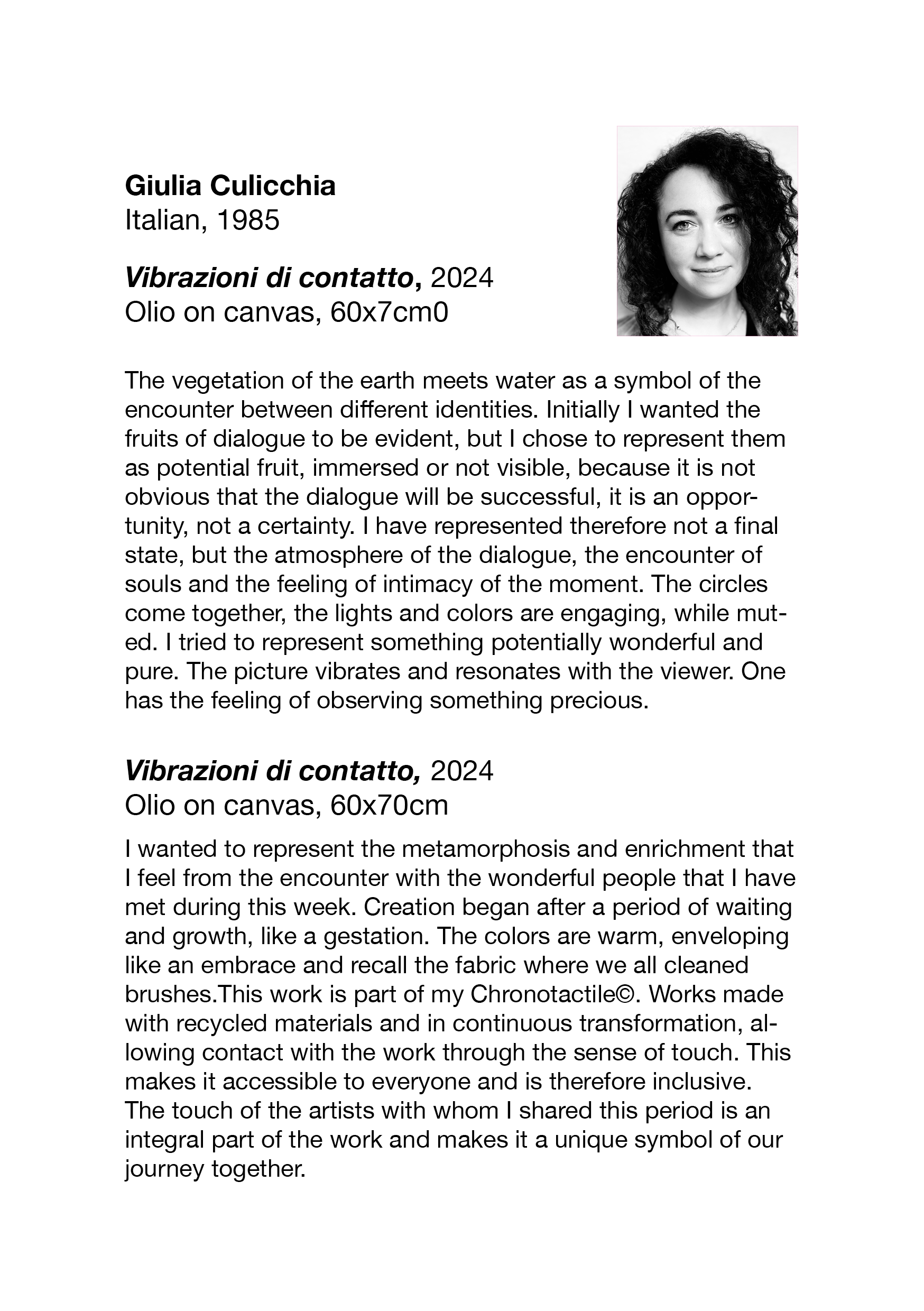
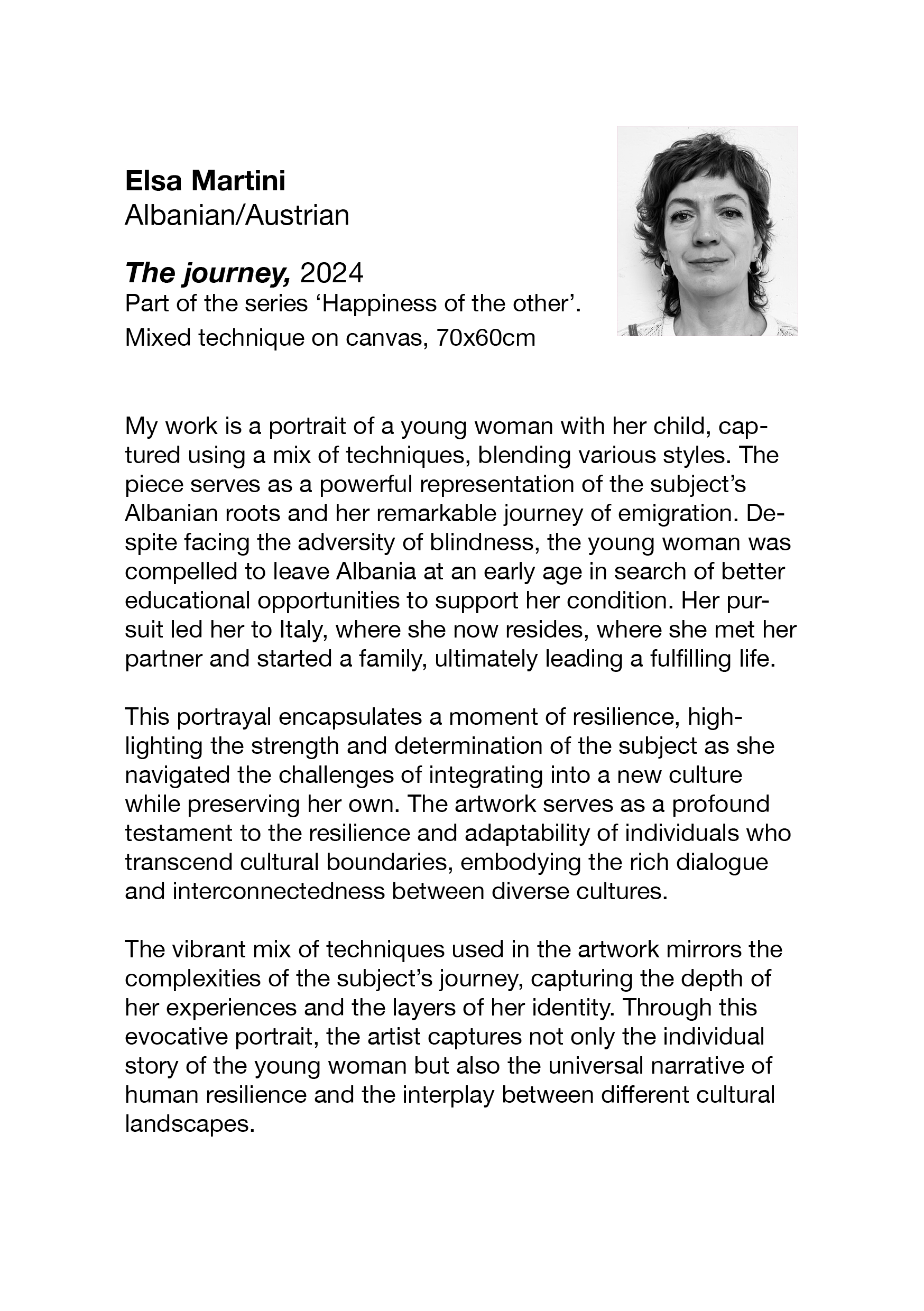
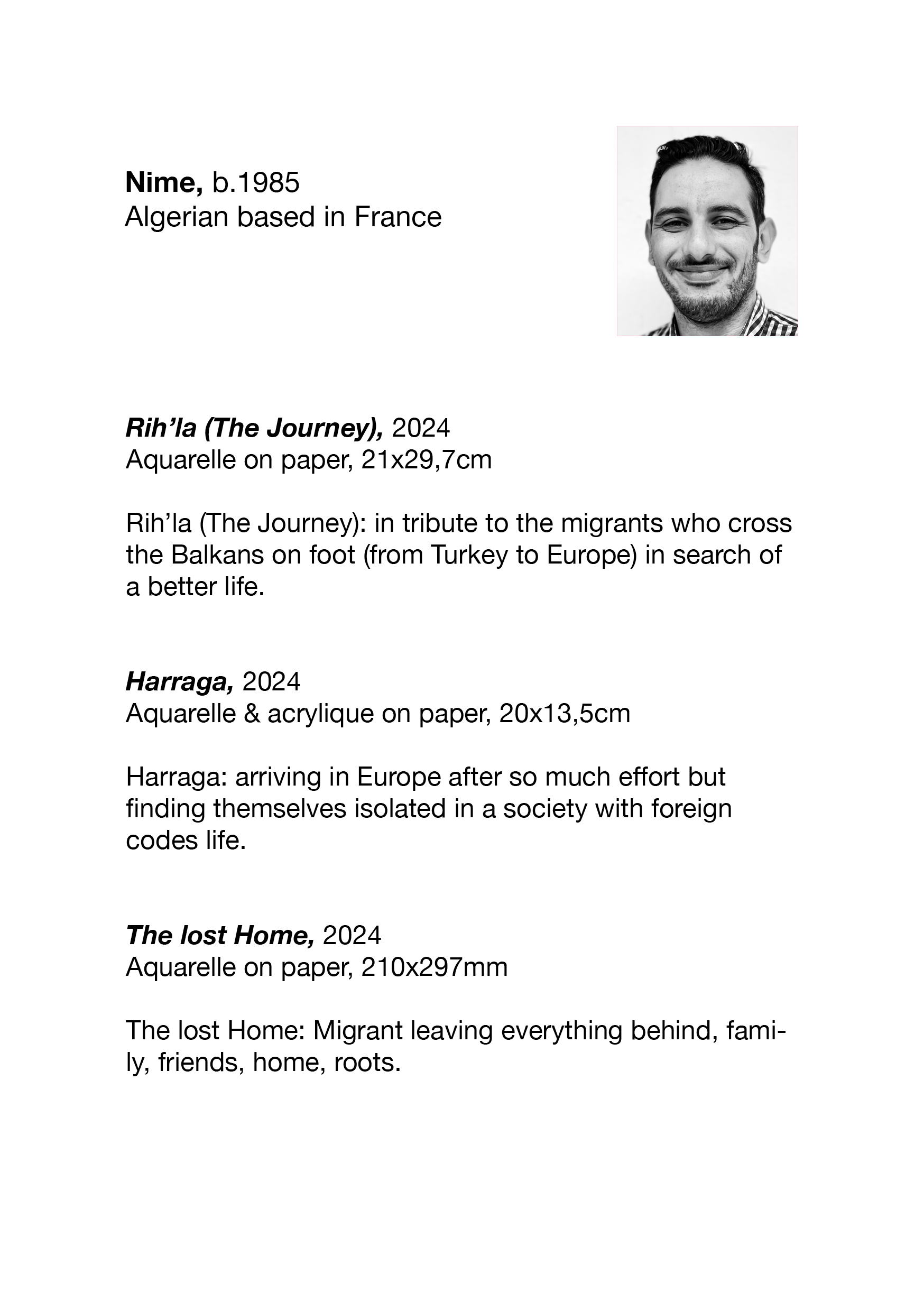
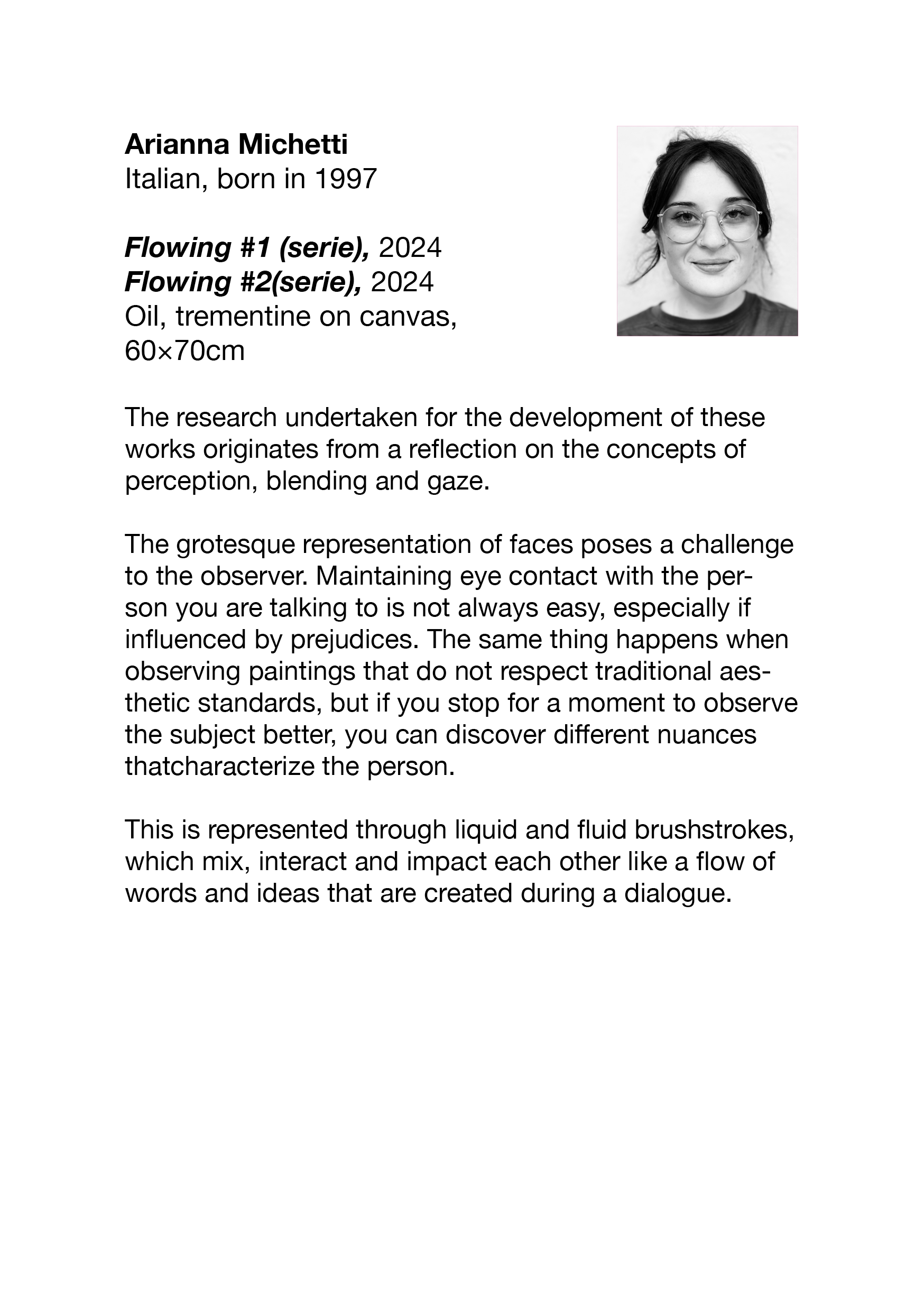
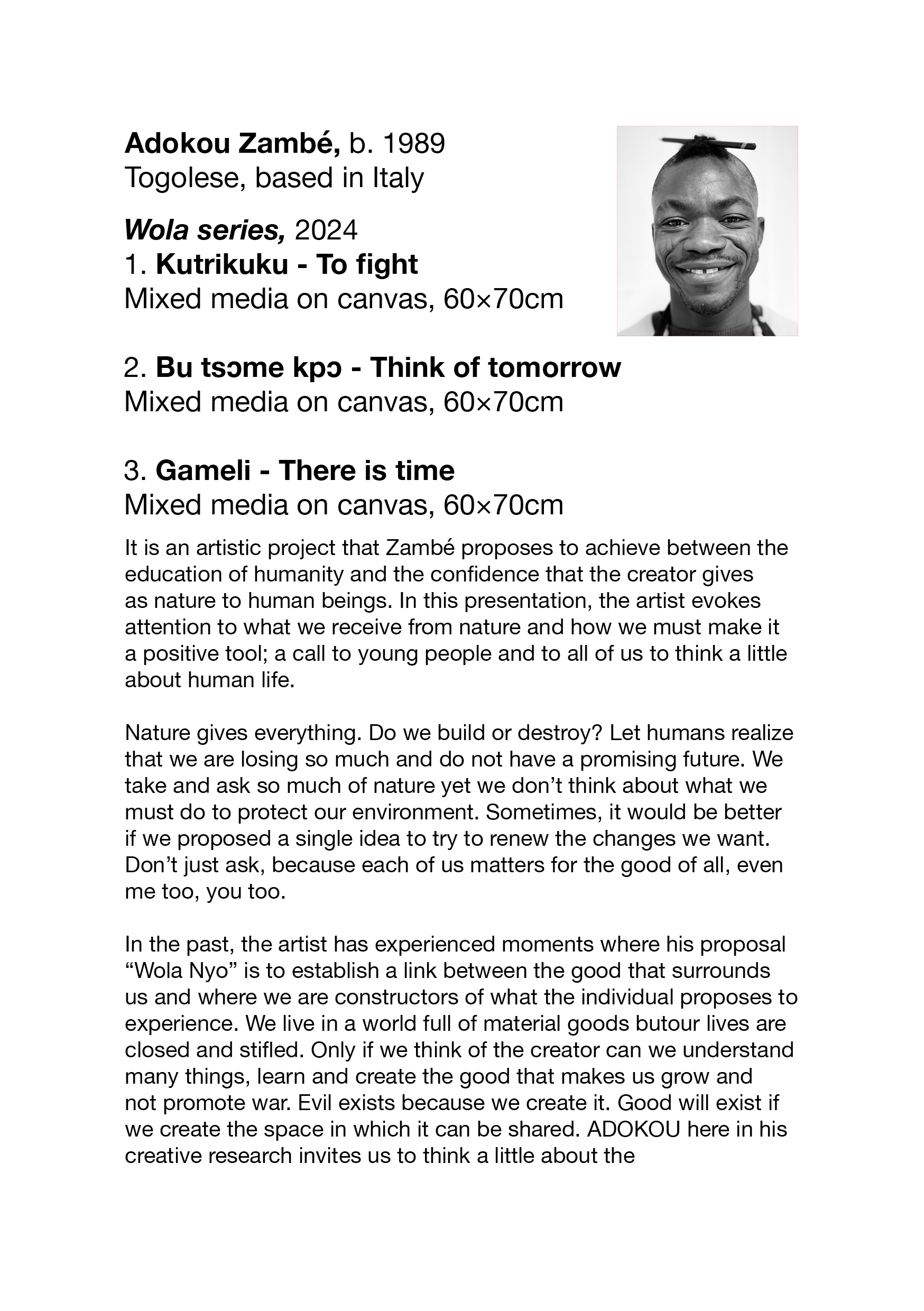
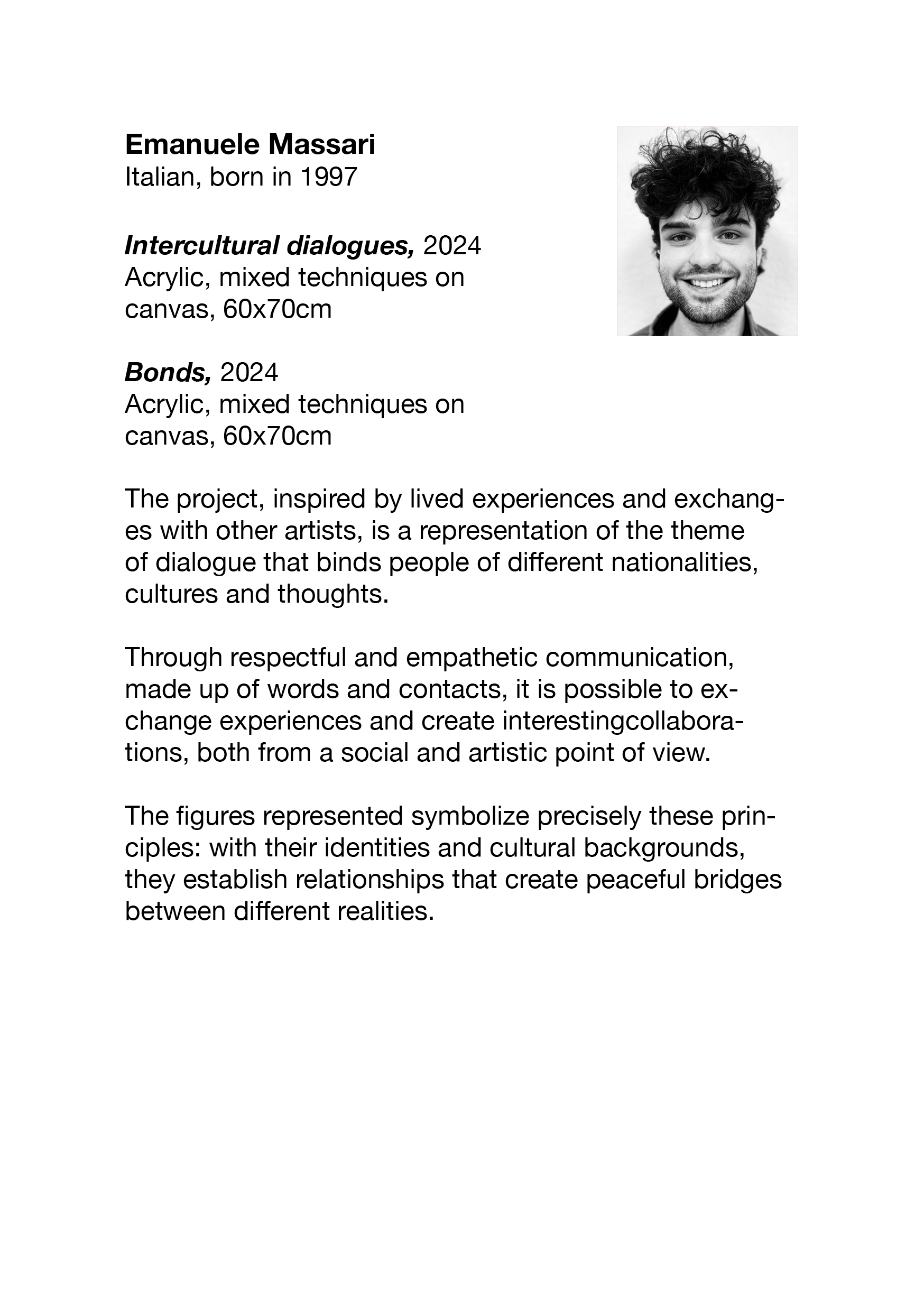
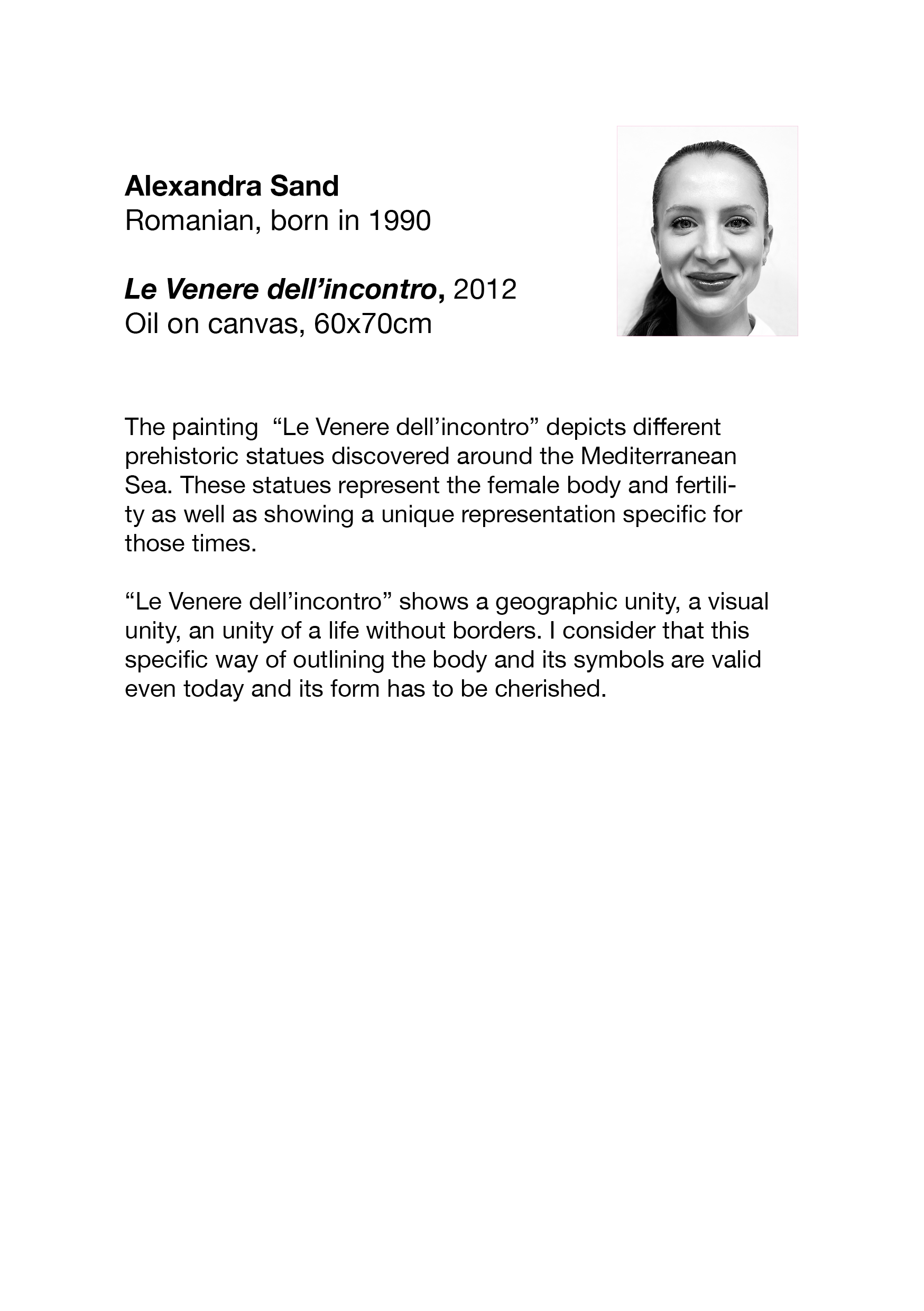
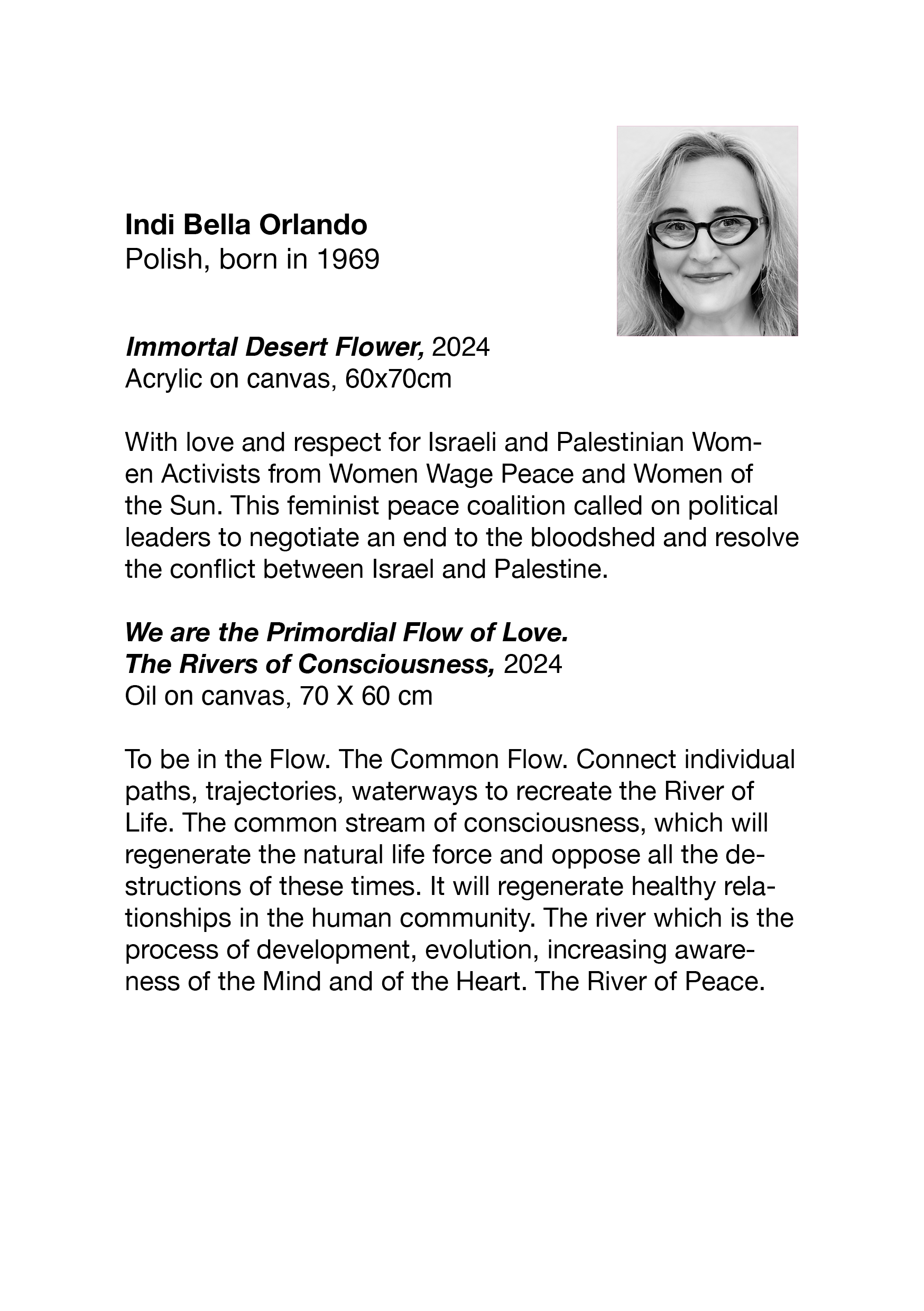
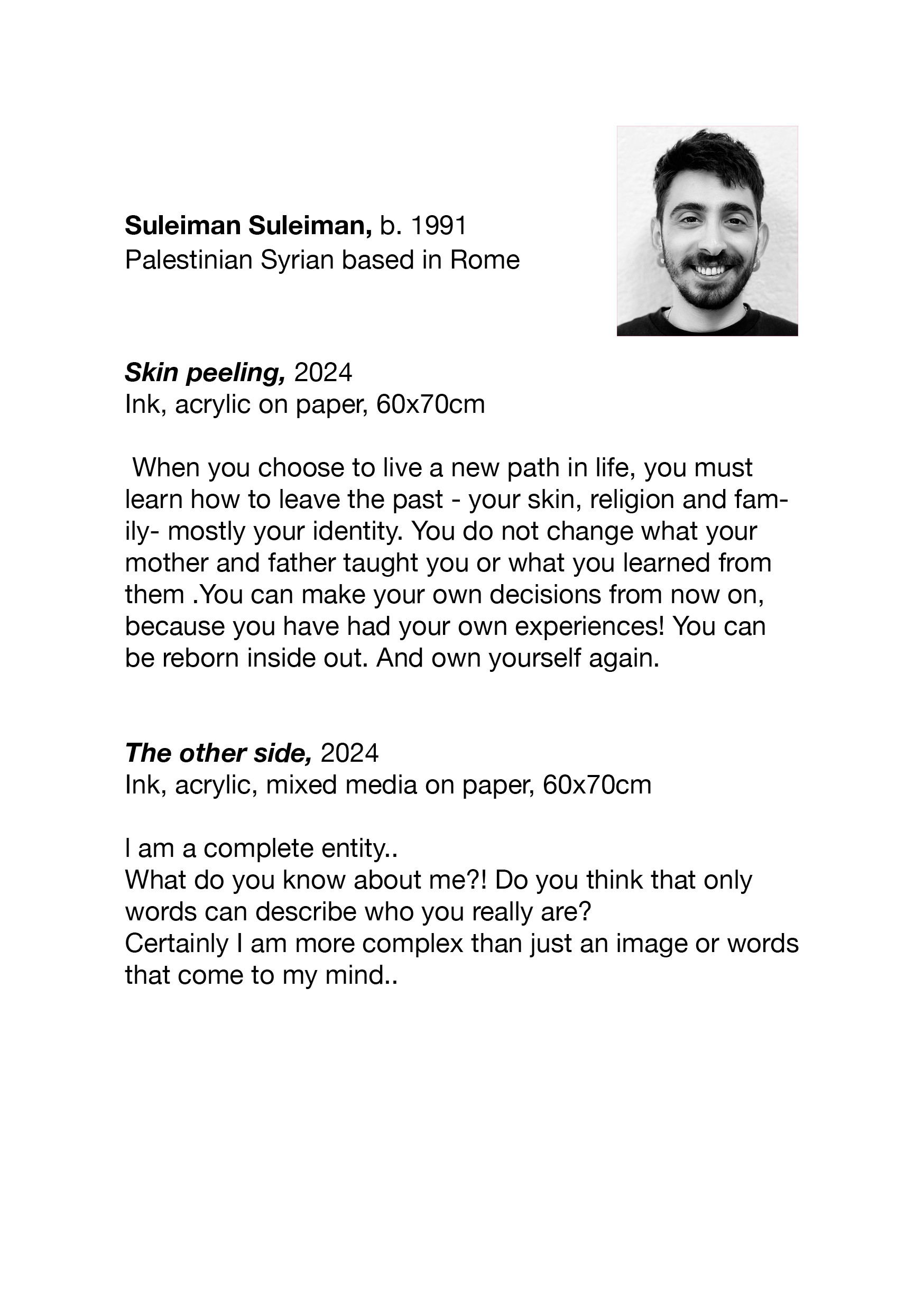
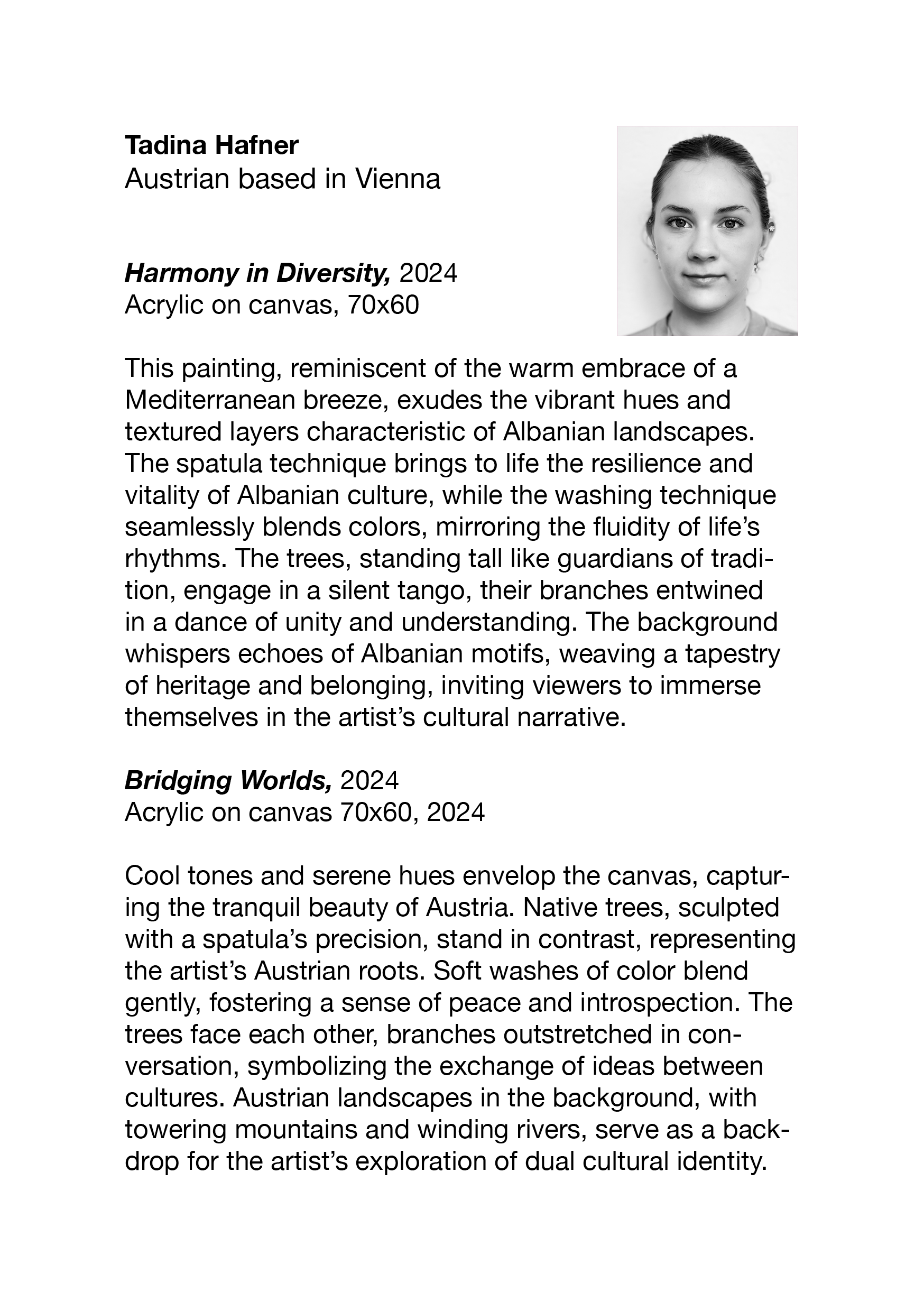
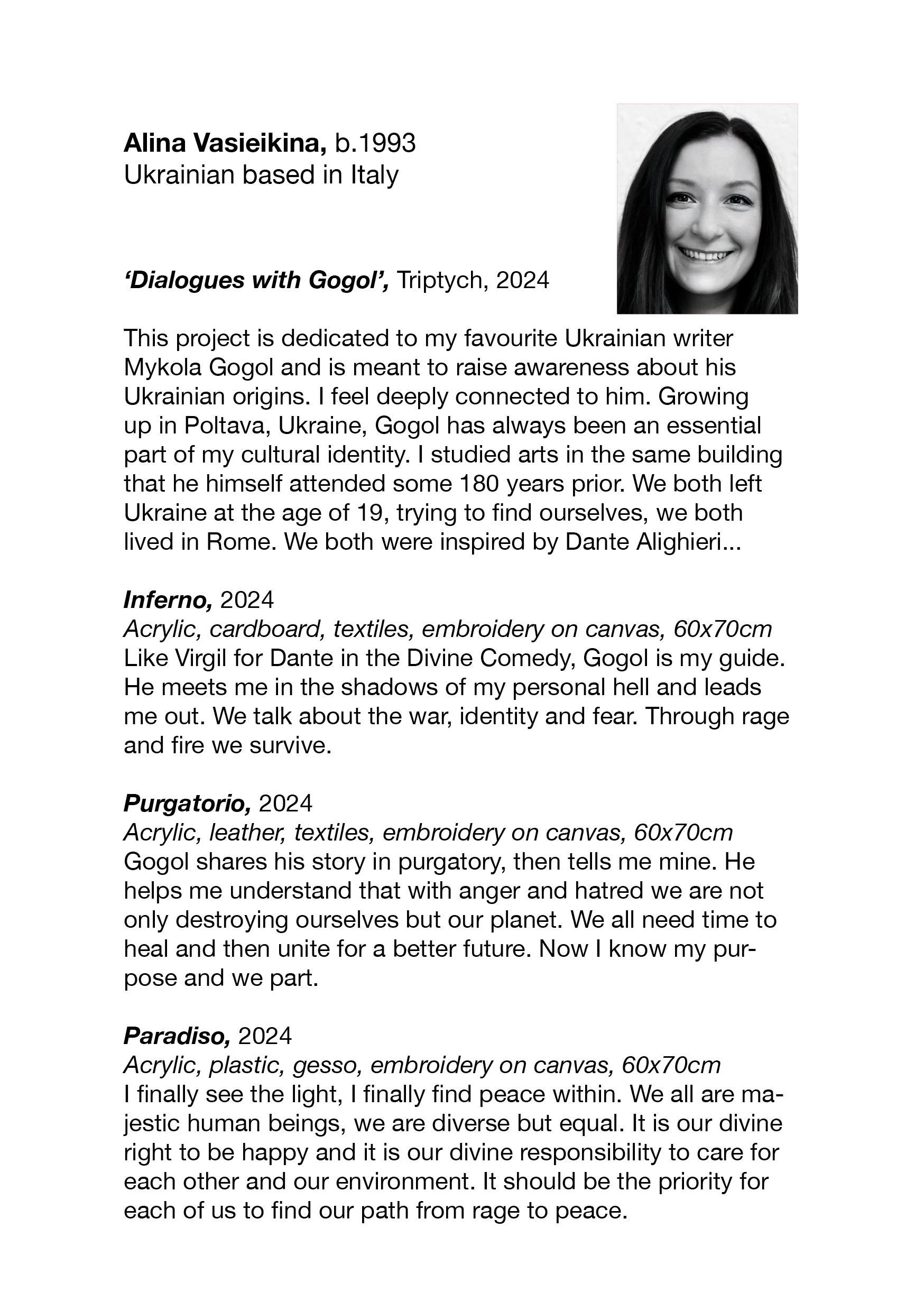
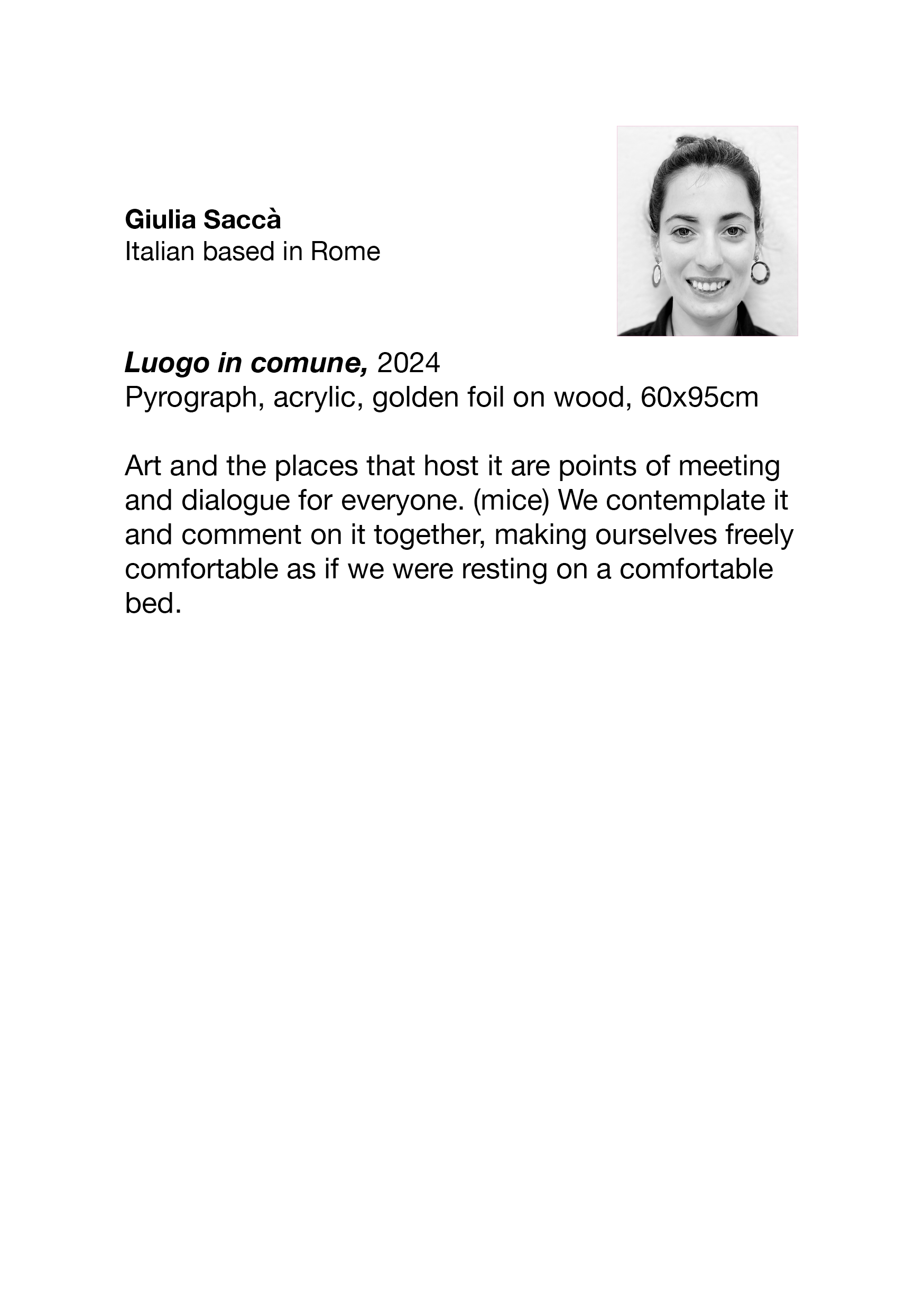
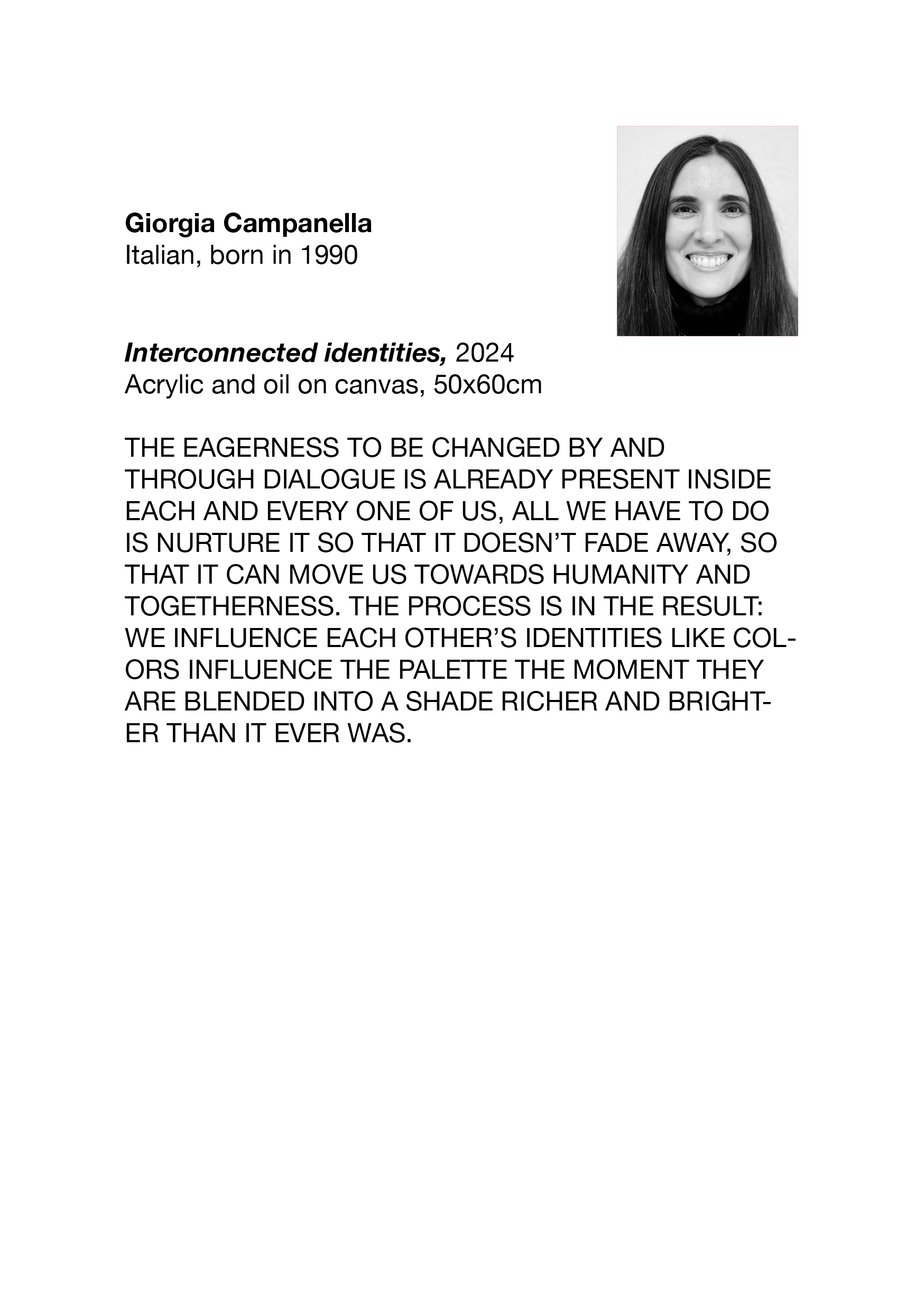
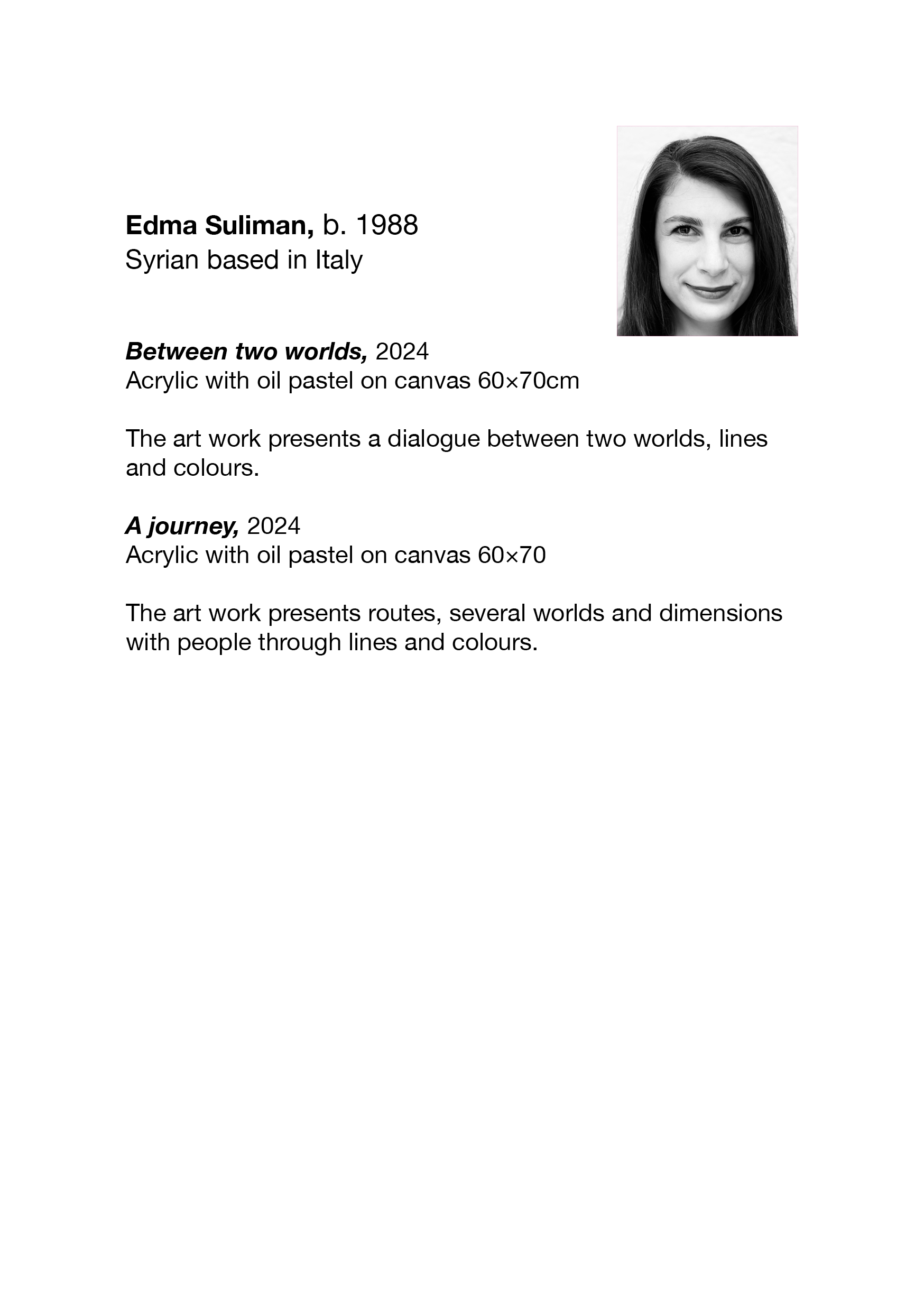
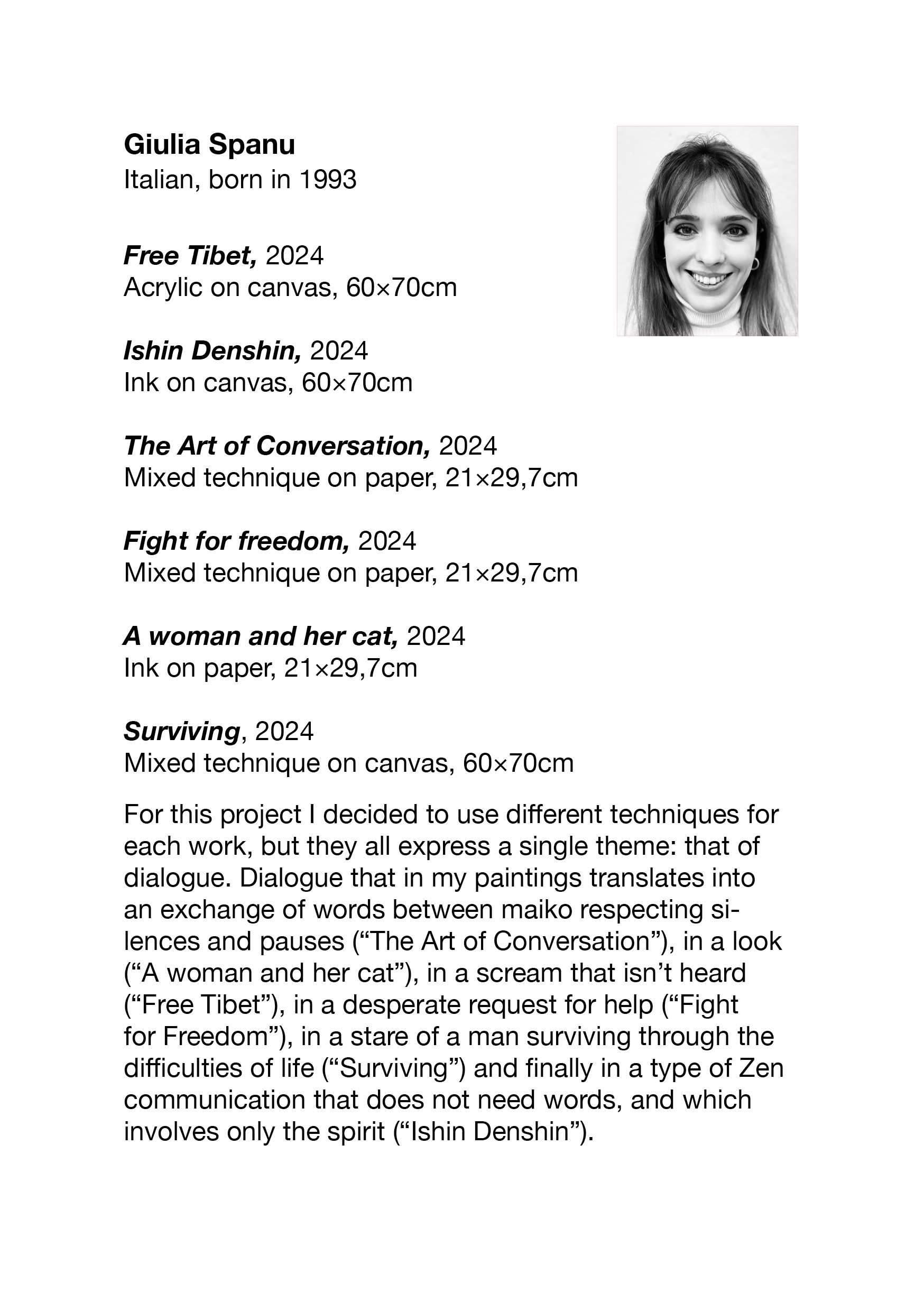
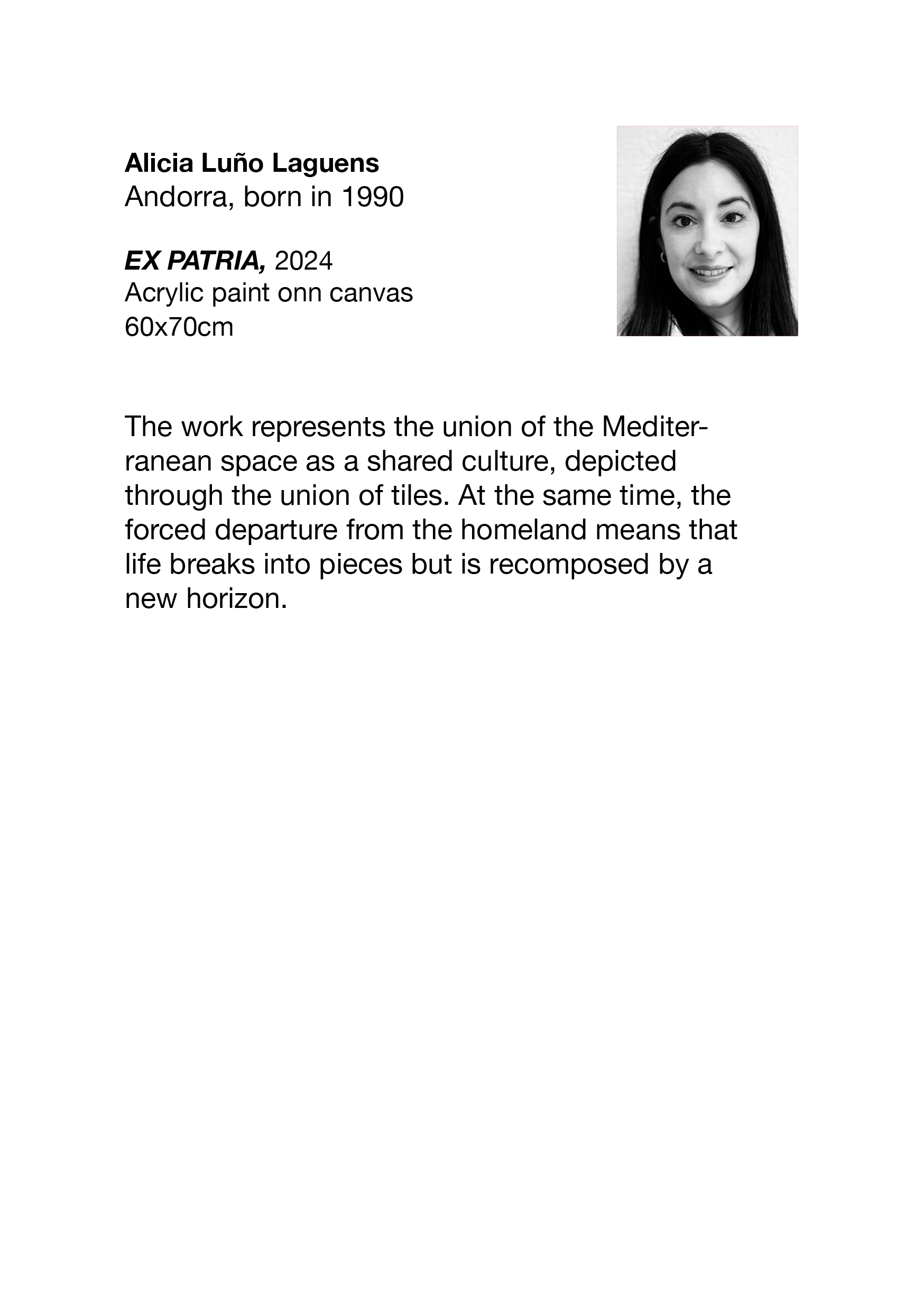
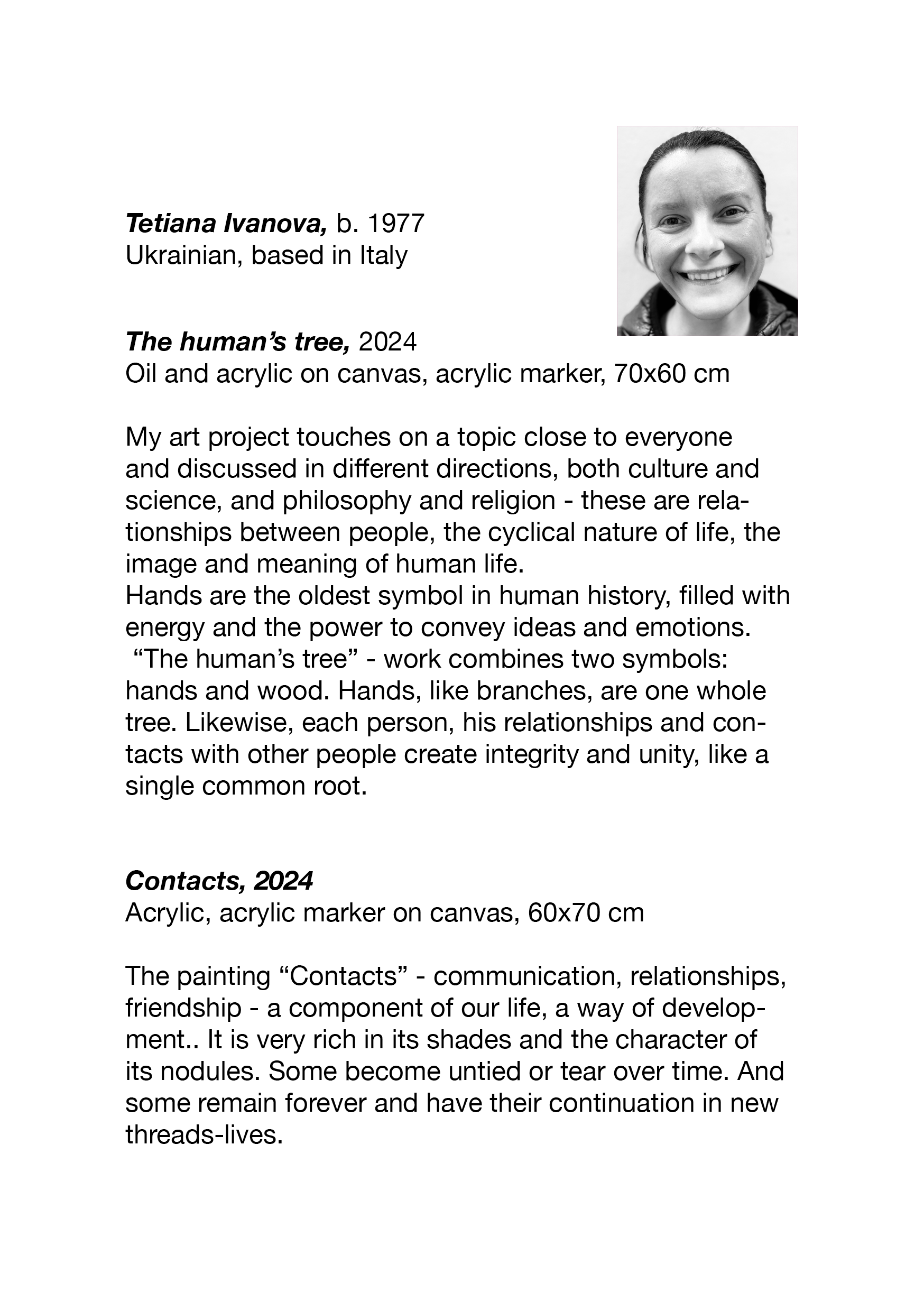
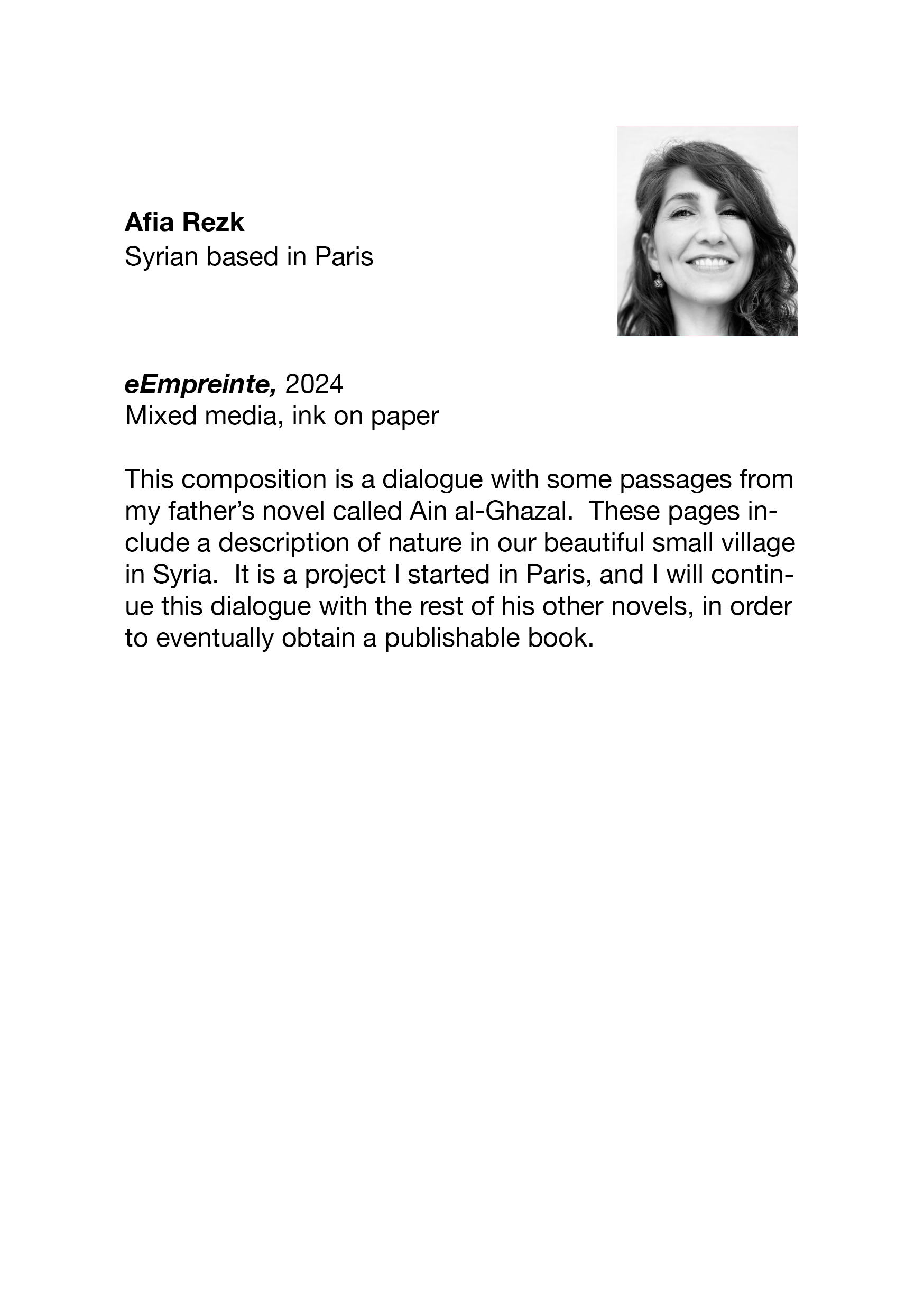
Exciting Projects Under Way and Opportunities Await in 2024
We are thrilled to unveil the exciting projects that will shape the upcoming season!
As an organization committed to fostering dialogue, understanding, and cultural exchange, these initiatives represent our dedication to creating meaningful connections and transformative experiences.
Global Dialogue Through Art
One of our standout projects is the UNESCO Art Camp and Dialogue: Roma 2024, supported by the Enlightened World Foundation.
Amid wars in various parts of the world and the controversial political debates on immigration and refugees, a bright candle will be lit at Temple University Rome, where 19 junior artists who have sought refuge in Europe and who represent countries such as Lebanon, Syria, Palestine, will join artists from Italy and Andorra, to share and learn from each other’s experiences and perspectives on humanity through art and oral dialogue skills that will be developed during the week-long camp. Dialogue Institute staff members will spend the week with the artists to provide dialogue training and facilitate conversations.
This program was envisioned by Dialogue Institute board member Amid Ismail and is a partnership between the Kornberg School of Dentistry, Temple University - Rome, and UNESCO.
Mapping Spaces of Meaning
Temple University’s Office of Institutional Diversity, Equity, Advocacy, and Leadership (IDEAL) has joined with us to implement the Mapping Spaces of Meaning Project, which engages Temple students in an initiative to identify sacred spaces on and near Temple’s North Philadelphia campus that speak to diverse identities and spiritual life. The project aims to foster meaningful dialogue on campus and build bridges across religious and cultural differences. Students will create a digital map and share their findings at a public event in April.
Summer Institute on Religious Diversity and Democracy in the U.S.
We are pleased to announce the continuation of our Study of the U.S. Institutes (SUSI) program on religious diversity and democracy this summer, a flagship initiative that aims to foster cross-cultural understanding and equip students for leadership in their home countries of Egypt, Lebanon, Iraq, India, and Indonesia. Sponsored by the U.S. Department of State, Study of the U.S. Institutes program, SUSI Summer 2024 provides an immersive experience through interactive sessions, site visits, and networking opportunities. This program is designed to empower young leaders to make a positive impact in their communities and promote global cooperation.
Dialogue and Human Rights
On January 31st, Executive Director David Krueger delivered a presentation on human rights, democracy, and peacebuilding at the Peace Islands Institute New Jersey. Topics covered included why open conversations are vital, when they're most impactful, and the techniques to effectively employ them in peacebuilding endeavors.
Democracy and Diversity Tour for a European Delegation
Dr. Krueger led a religious diversity and democracy history tour for a group of 18 European leaders who were part of the U.S. State Department’s International Visitor Leadership Program. The World Affairs Council of Philadelphia brought the group to us, including mayors, parliament members, journalists, and other government officials from across the continent. The walking tour used the story of Philadelphia’s religious diversity during the founding period to open up a conversation about national identity, public history, and the challenges and opportunities of life in diverse democracies.
As the Dialogue Institute ushers in the new season, we invite you to follow our journey and connect with us! To learn more about each project and how to get involved, visit the provided links:
Stay tuned for more updates!
2023 Book Review Roundup: Journal of Ecumenical Studies
As 2023 comes to a close, we are happy to report that the Journal of Ecumenical Studies reviewed 14 books this year! We had a great selection of important interreligious and ecumenical works highlighting the diversity of the fields in 2023.
Our year started with Eugene Fisher reviewing Fred Lazin’s book American Christians and the National Interreligious Task Force on Soviet Jewry: A Call to Conscience, published by Rowman & Littlefield.
Read it here: https://muse.jhu.edu/pub/56/article/890324.
Glenn B. Siniscalchi reviewed David Bentley Hart's That All Shall Be Saved: Heaven, Hell, and Universal Salvation, published by Yale University Press, commenting that “This book is a mesmerizing defense of the claim that everyone will freely submit to the Christian God…” Read it here: https://muse.jhu.edu/pub/56/article/890325.
Seth Ward reviewed Susanne Scholz’s and Santiago Slabodsky’s edited volume, The New Diaspora and the Global Prophetic: Engaging the Scholarship of Marc H. Ellis, published by Lexington Books/Fortress Press. Review: https://muse.jhu.edu/pub/56/article/890326
"The supreme value of the book is Kasimow’s remarkable gift of self-portraiture.” Peter A. Huff reviewed Harold Kasimov’s book Love or Perish: A Holocaust Survivor's Vision for Interfaith Peace, published by iPub Global Connection.
Read it now at https://muse.jhu.edu/pub/56/article/890328.
Jonathan C. Friedman reviewed Peace and Faith: Christian Churches and the Israeli-Palestinian Conflict by Cary Nelson and Michael C. Gizzi and published by Academic Studies Press. The review is available here at https://muse.jhu.edu/pub/56/article/890327.
Journal of Ecumenical Studies co-editor David Krueger reviewed Philip Gorski and Samuel Perry’s book The Flag and the Cross: White Christian Nationalism and the Threat to American Democracy, published by Oxford University Press. Check it out at https://muse.jhu.edu/pub/56/article/890329
Our summer edition included three reviews, starting with Joseph Loya’s review of Catholics without Rome: Old Catholics, Eastern Orthodox, Anglicans, and the Reunion of Negotiations of the 1870s by Bryn Geffert and Leroy Boerneke and published by the University of Notre Dame Press. Available now at at https://muse.jhu.edu/pub/56/article/902009
“What is most interesting about this impressive, multi-authored volume is its genuinely ‘catholic’ character.” – Robert Nicastro in his review of Marc Pugliese and John Becker’s Process Thought and Roman Catholicism: Challenges and Promises published by the University of Pennsylvania Press. Read it now at https://muse.jhu.edu/pub/56/article/902010
Eugene Fisher reviewed Teaching the Shoah: Mandate and Momentum by Zev Garber and Kenneth L. Hanson for @CamScholars. You can read it on our ProjectMUSE at https://muse.jhu.edu/pub/56/article/902011!
We finished the year strong with 5 reviews in our winter edition! Zev Garber returned with a reviews of @RMikva’s Interreligious Studies: An Introduction published by @CambPressAsses Read it here: https://muse.jhu.edu/pub/56/article/914311
Zev Garber additionally reviewed Kenneth Hanson’s Luke: Illuminating the Sage of Galilee for @centergcrr.
Read it at the JES now! https://muse.jhu.edu/pub/56/article/914312
“This book is an emotive and critical reflection by Jewish and Christian clergy and academics on To Do the Will of Our Father in Heaven (TDW)” Zev Garber’s review of From Confrontation to Covenantal Partnership: Jews and Christians on Orthodox Rabbinic Statement of "To Do the Will of Our Father in Heaven Read it hear at: https://muse.jhu.edu/pub/56/article/914313
Nathan Maroney reviewed A Handbook on the Jewish Roots of the Christian Faith by @DrCraigAEvans and David Mishkin, published by @hendricksonpub.
Available to read now at https://muse.jhu.edu/pub/56/article/914315
Finally, Zev Garver also reviewed The Nun in the Synagogue: Judeocentric Catholicism in Israel by Emma O'Donnell Polyakov for @PSUPress.
You can access it like all other reviews on our ProjectMUSE at https://muse.jhu.edu/pub/56/article/914314
We had a great selection of books and are excited to see what 2024’s releases offer. If you are interested in reviewing a book with the JES, visit https://dialogueinstitute.org/book-reviews for more information and our recommendations of books to review. See you in 2024!
Featured JES Author: So Jung Kim on "Speaking In-Between: Vernacular Spirituality of a Woman in Late Chosǒn Korea"
The Fall Issue 58.4 of the Journal of Ecumenical Studies is now available! For each issue, the Diablogue features one author and makes a full-text PDF version of their article available for 30 days on Project Muse. In this issue, we are featuring So Jung Kim’s "Speaking In-Between: Vernacular Spirituality of a Woman in Late Chosǒn Korea." A full-text PDF version of the article can be accessed HERE.
So Jung Kim (Presbyterian Church, USA) is the Associate for Theology in the Office of Theology and Worship of the Presbyterian Mission Agency, PCUSA. She has a Ph.D. (2021) from the University of Chicago (IL) Divinity School. Her entries on James Cone and Womanist Theology are included in Charles Taliaferro and Elsa J. Marty, eds., A Dictionary of Philosophy of Religion, 2nd ed. She has published a reflection on liturgy during the pandemic in Call to Worship: Liturgy, Music, Preaching, and the Arts and a book review for the International Review of Mission. She has taught as an adjunct at McCormick Theological Seminary, Chicago, and in her present position, teaches and resources Presbyterian constituents in local, national, and global settings.
She has presented at workshops and panels in several settings in the U.S., including, most recently, the 2023 Parliament of the World’s Religions in Chicago. Ordained as a Minister of Word and Sacrament in the Presbyterian Church (USA), her research interests involve several forms of theology, anthropology, Korean Christianity, and ecumenism.
In two sentences, what is the argument of your J.E.S. article?
In my scholarly exploration, I examine the transcultural and transhistorical ramifications of ordinary language usage on Christian spirituality. The focal point of my analysis is the case of Yi Suni, a Korean female martyr. I posit that Yi Suni’s employment of sermo humilis, a literary style historically linked with Augustine, signifies a Spirit-inspired influence independent of Western missionary involvement. While prior research has addressed Yi Suni’s dual identity as a Confucian woman and a Catholic, I underscore the significance of scrutinizing her linguistic expressions, particularly evident in her letters, to understand better the challenges she faced within her transcultural milieu.
How does your reading of Yi Suni’s letters from prison help us to see her as more than a “virgin martyr” as typically understood among Korean Catholics?
In the ensuing section of this exposition, my attention is directed toward the spiritual dimensions of sermo humilis within Yi Suni’s correspondence penned on her deathbed letters. I delve into the intricate interplay between Confucian and Christian virtues, as evident in her writings. The discussion navigates through Yi Suni’s intricate negotiation of her conflated identity as a Confucian daughter and a Christian virgin martyr. I highlight the nuanced perspective that the contemporary emphasis on her ascetic life as a virgin martyr might present an incomplete portrayal of who she is – still, a filial daughter and a wife in a Confucian society.
In scrutinizing the text, I aim to unravel the multifaceted aspects of her identity, the messages conveyed therein, and how she grapples with the complexities of her era in a nuanced way. In the West, people tend to be classified into rigid religious categories such as Christian or Confucian.
What can Yi Suni’s story teach us about the fluidity of religious identities?
The emergence of stringent religious categorizations in the modern Westernized world can be attributed not merely to “the West,” but specifically to its colonial and imperial impact. This influence has, in turn, engendered diverse forms of religious conflicts in the world under Western colonial influence. Yi Suni’s correspondence marks an early instance of this modern religious inclination, albeit an independent attempt to choose Catholicism with agency. However, despite the agency, her letters illustrate the inherent challenge in the notion of being committed to one religion between religious identities. The reality reflected in the letters underscores the coexistence of multiple religious affiliations within an individual’s identity and contextual framework.
I pose the question of whether the compelling force of Western religion, which necessitates choosing one religious identity over another, may engender confusion and potentially violate one’s choice to remain who she is in between more than two languages, cultures, and religions. Simultaneously, I wonder whether the possibility that acknowledging the fluidity of religious identities could alleviate such inner turmoil. Yi Suni’s utilization of diglossic vernacular language in her letters serves as a manifestation of this struggle, highlighting the complexity inherent in navigating diverse religious influences within her identity. However, we are still left with “what if?”
How did you get interested in the topic?
My academic journey has been centered on exploring various facets of Christianity and its global trajectory, encompassing both theoretical and practical dimensions. This led me to complete a doctoral dissertation at the University of Chicago, Divinity School, which delves into the transformation of everyday language use in Christian religiosity and spirituality, examining its evolution within transhistorical and transcultural contexts. During this research journey, I encountered Yi Suni’s letters, which became a focal point in a chapter of my dissertation.
What is your next project?
As for my next project, I am developing my doctoral dissertation into a comprehensive book. This endeavor aims to serve as a foundational theory aligned with future works, contributing to academic discourse and offering valuable insights to religious communities in the diaspora.
Furthermore, my ongoing research expands into the intricate tapestry of Christianity as a religion and its spiritual practices. I explore how it integrates cultural, ethnic, and diasporic elements, focusing on the intersections of nationality, racial-ethnic identity, gender, and sexuality. This exploration is grounded in the understanding that these intersecting factors shape the lived, everyday experiences of individuals within the Asian diaspora. The resonance of these experiences extends across the transcultural and transnational journey of Christianity, manifesting on local, national, and global scales.
Thank you, Dr. Kim!

